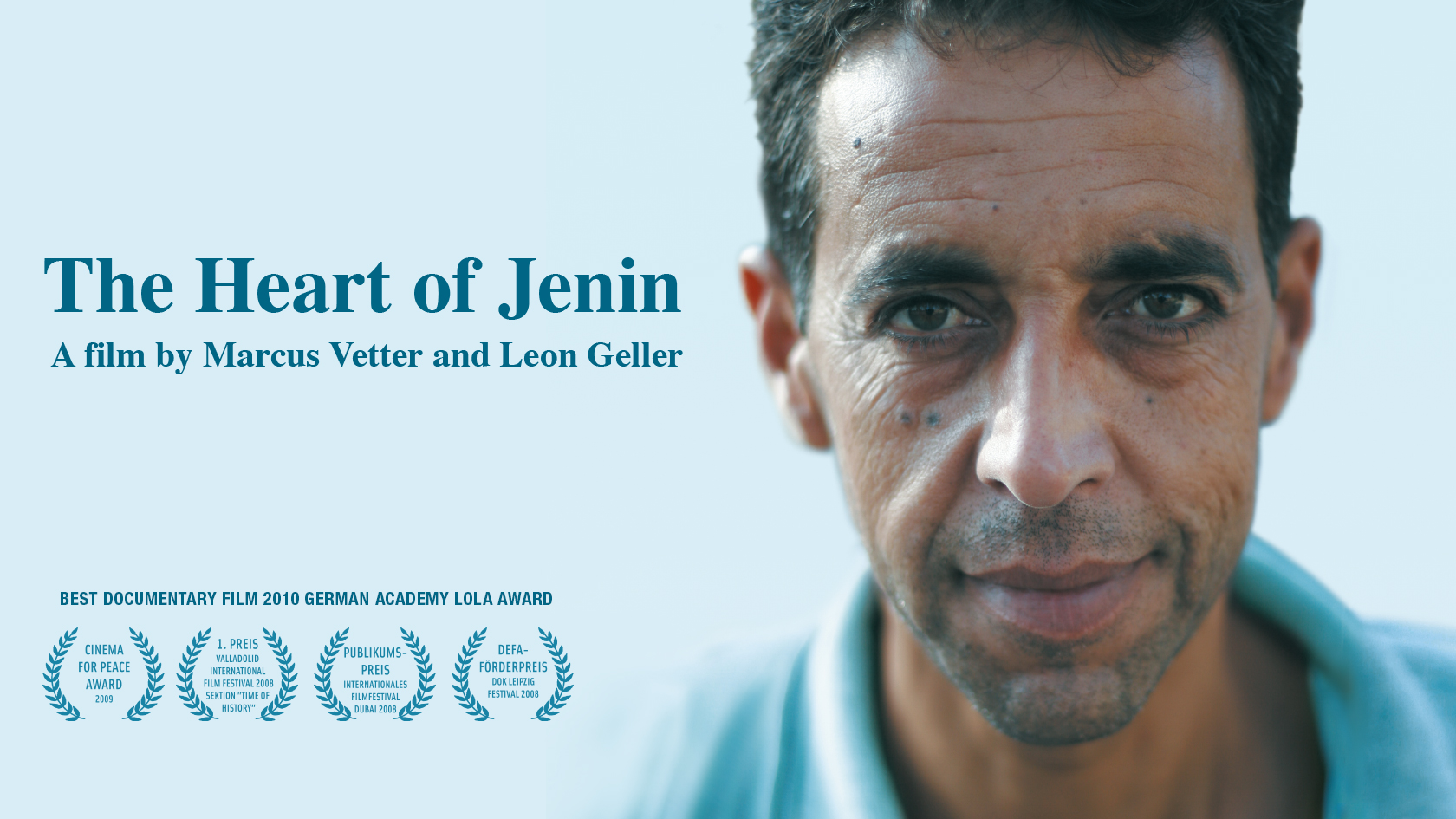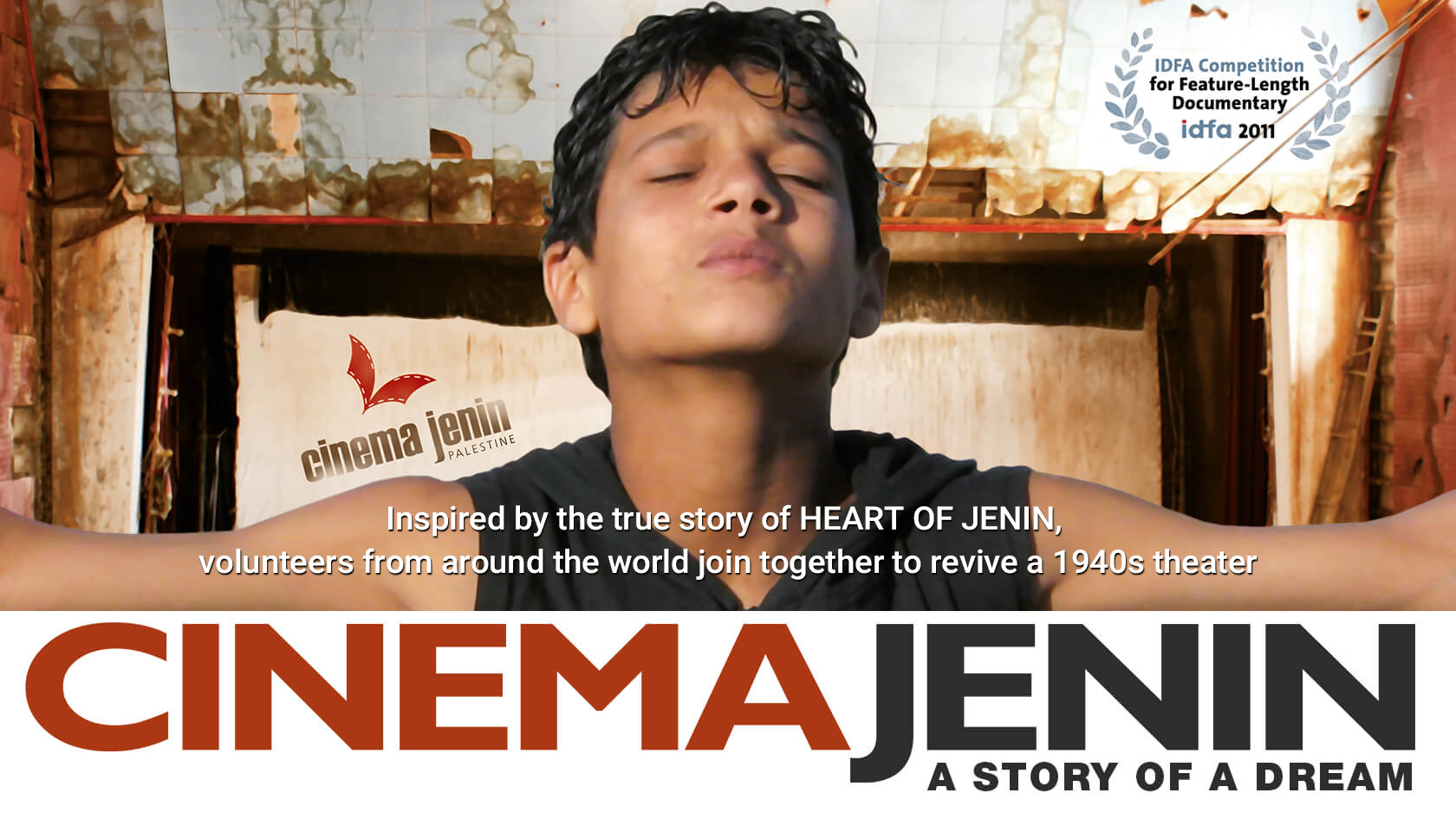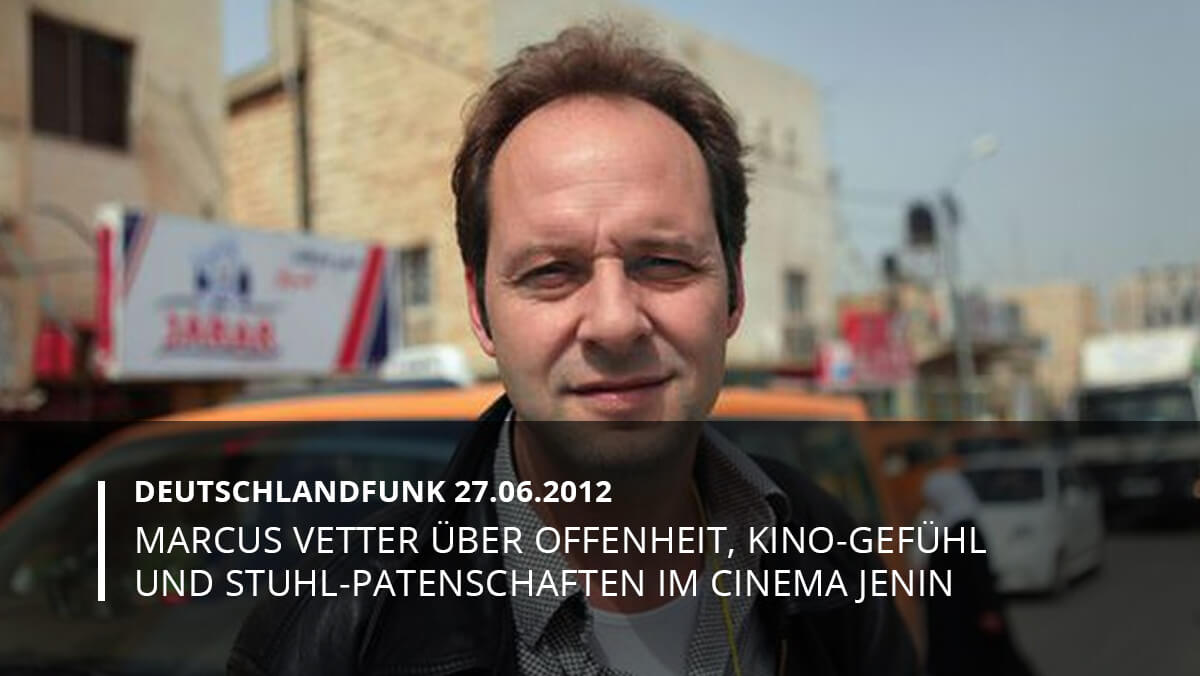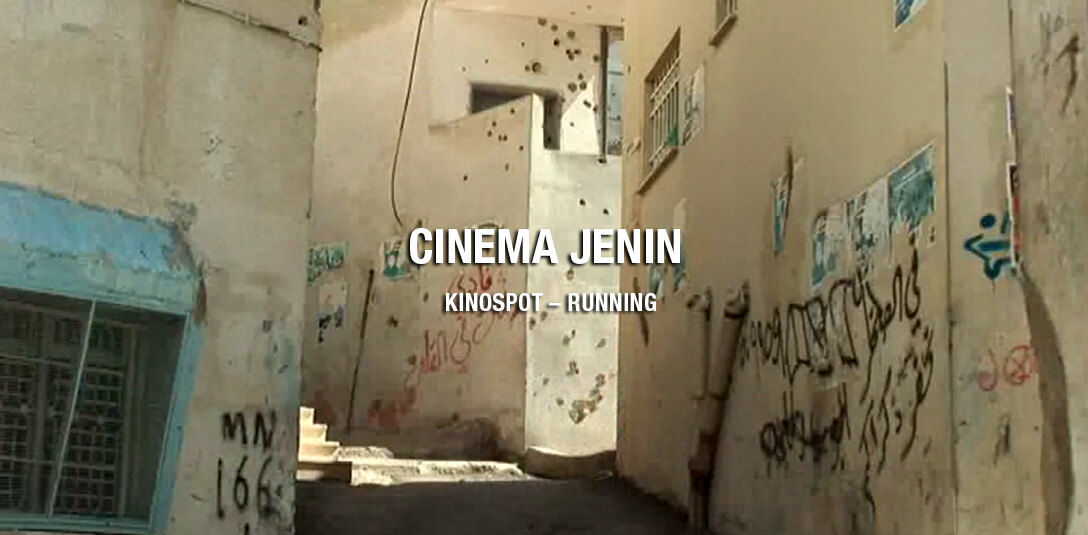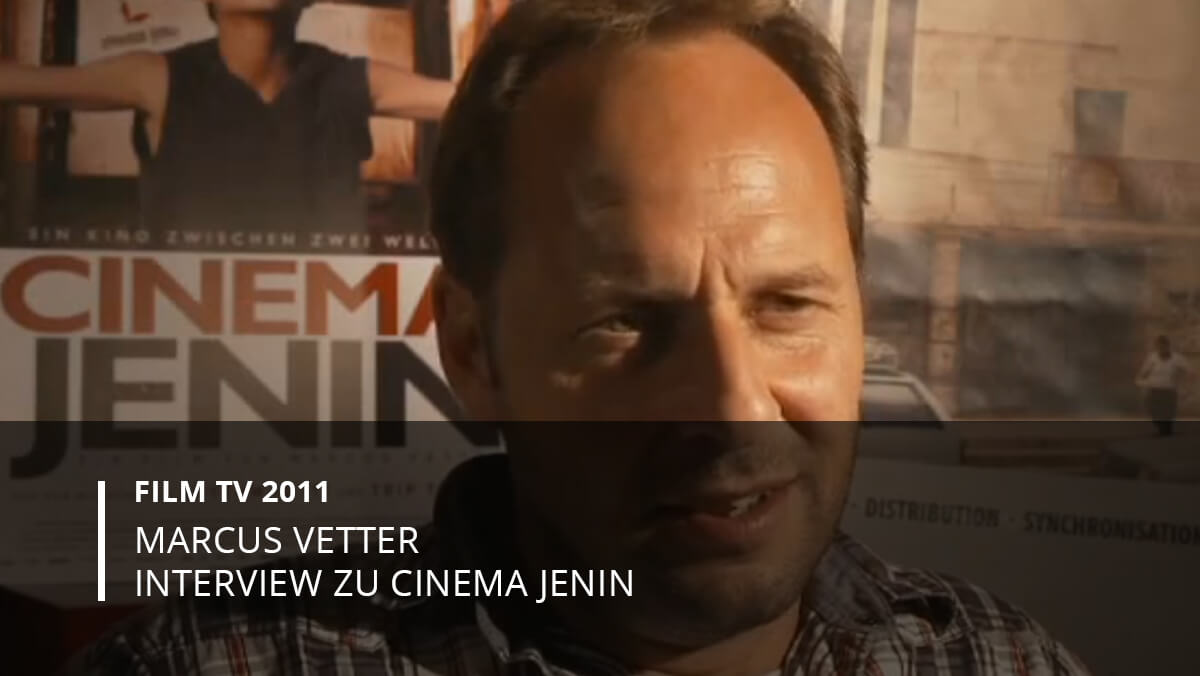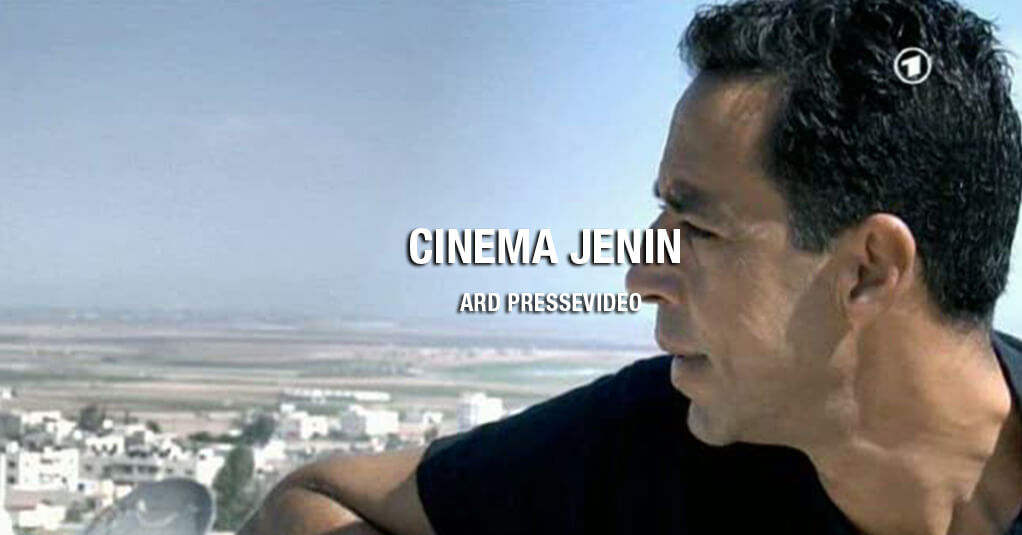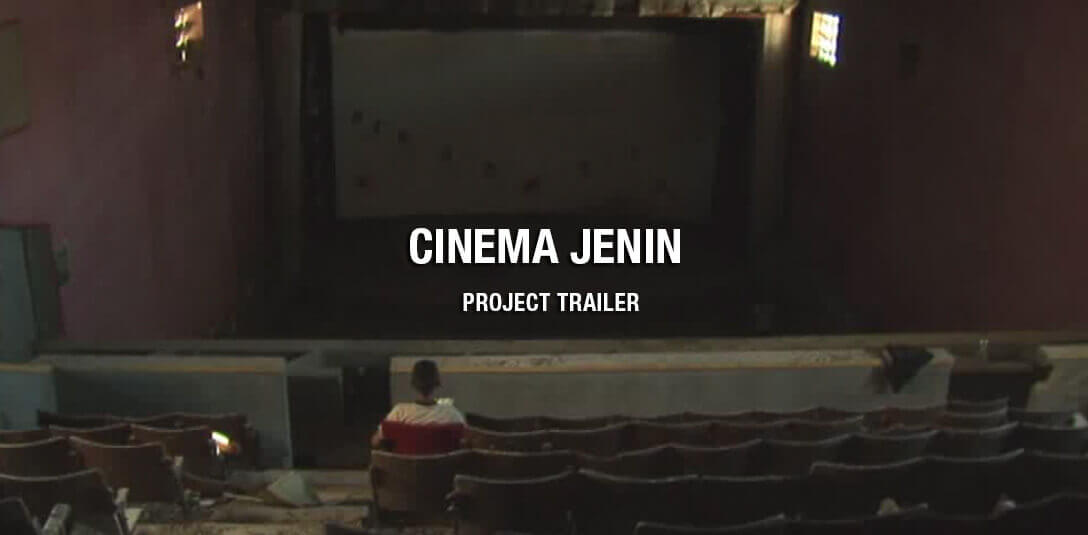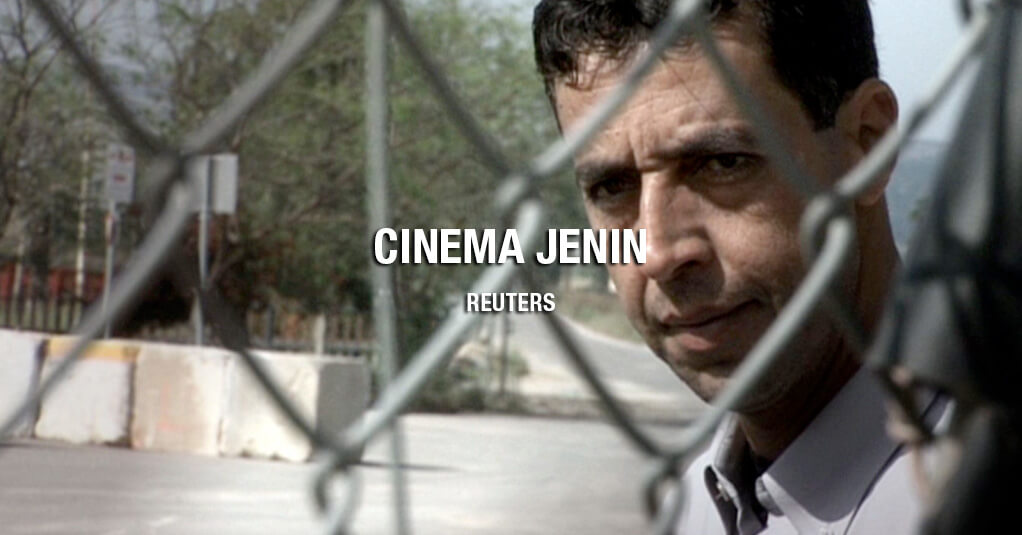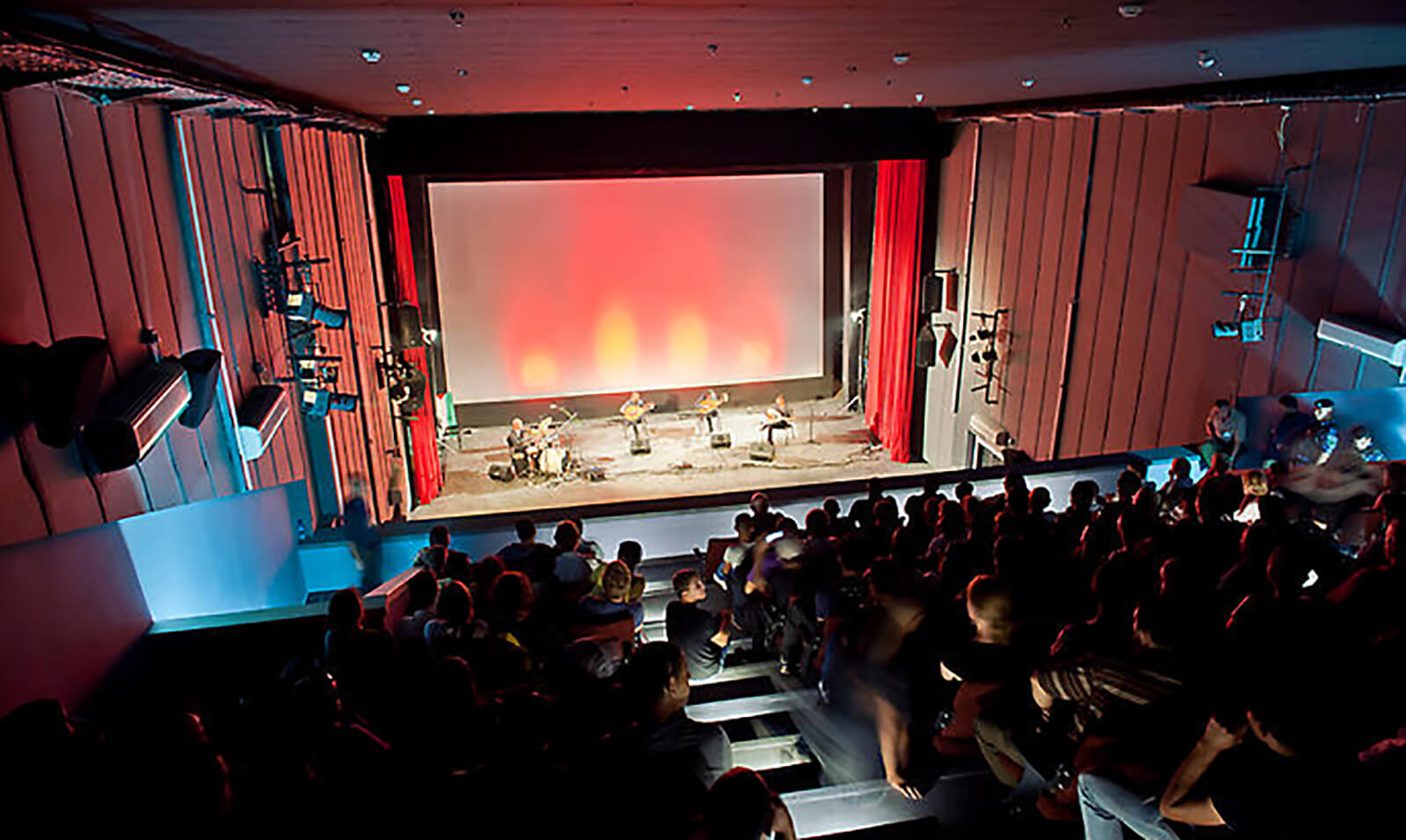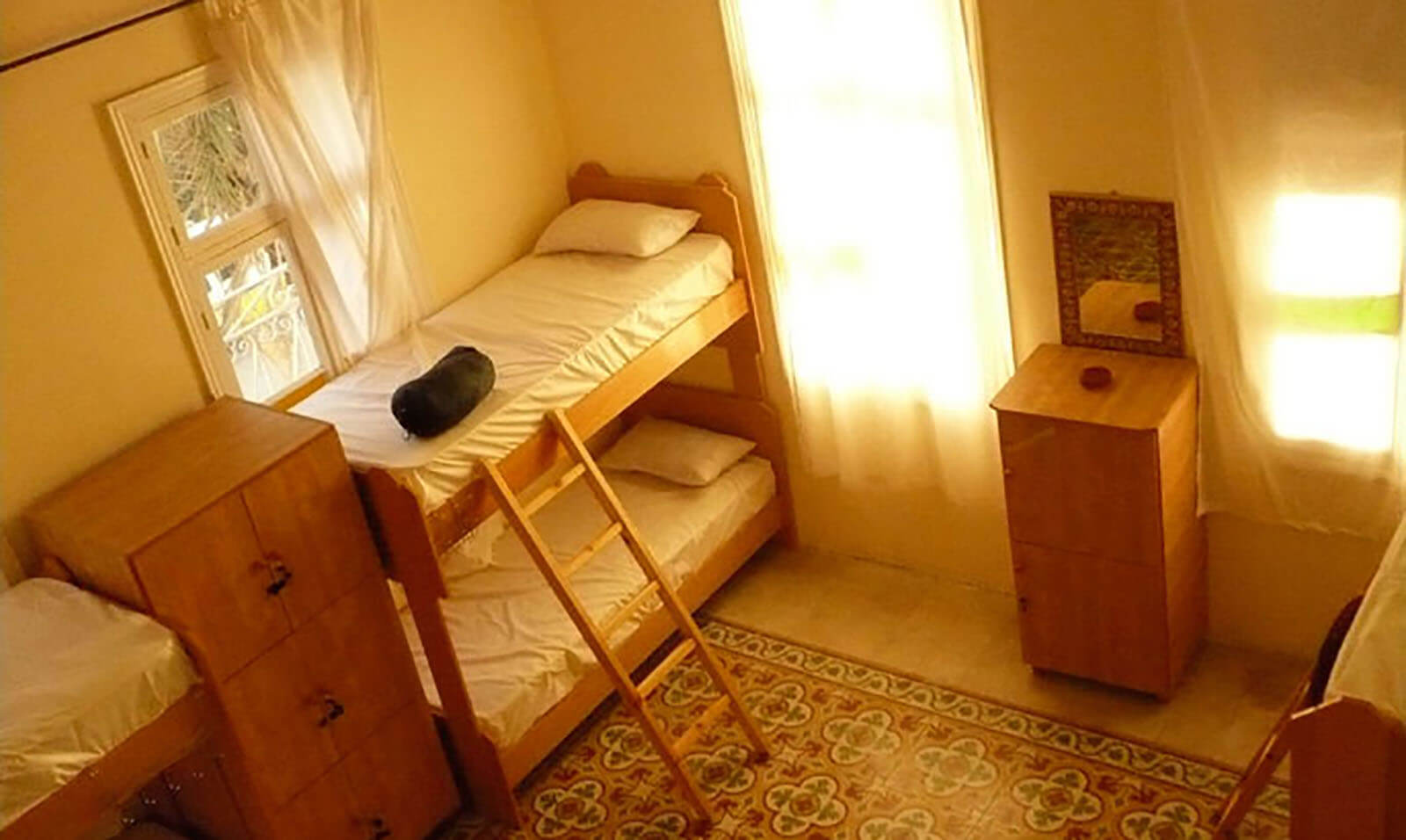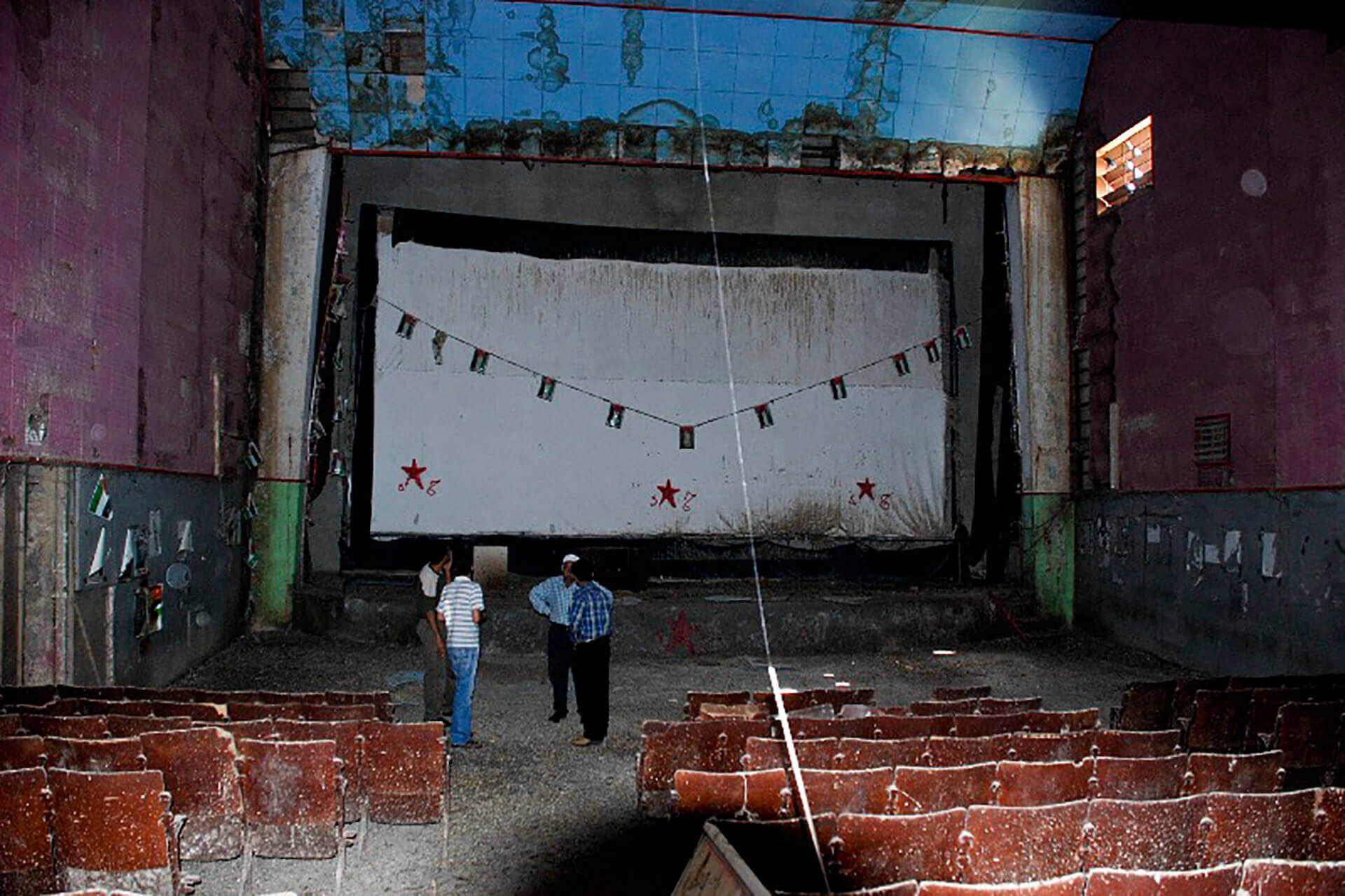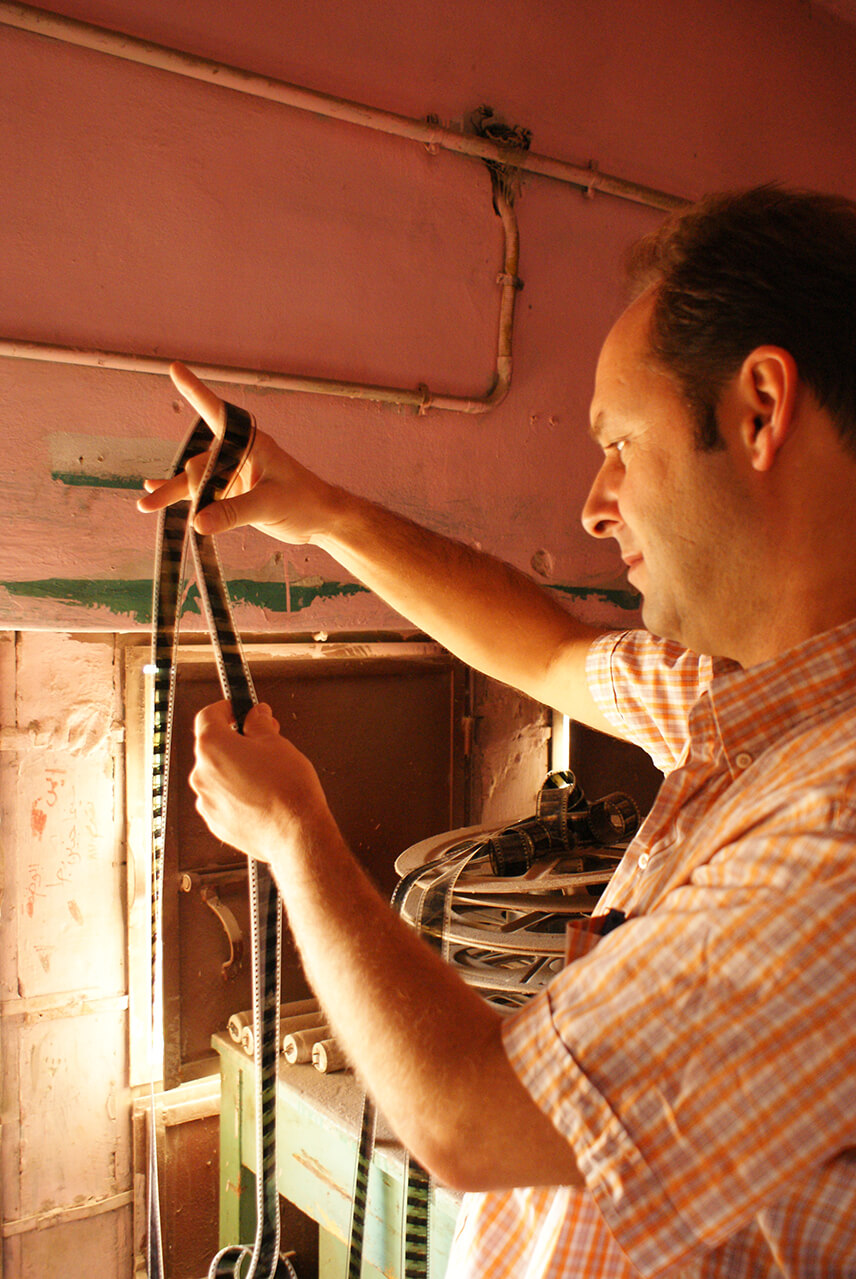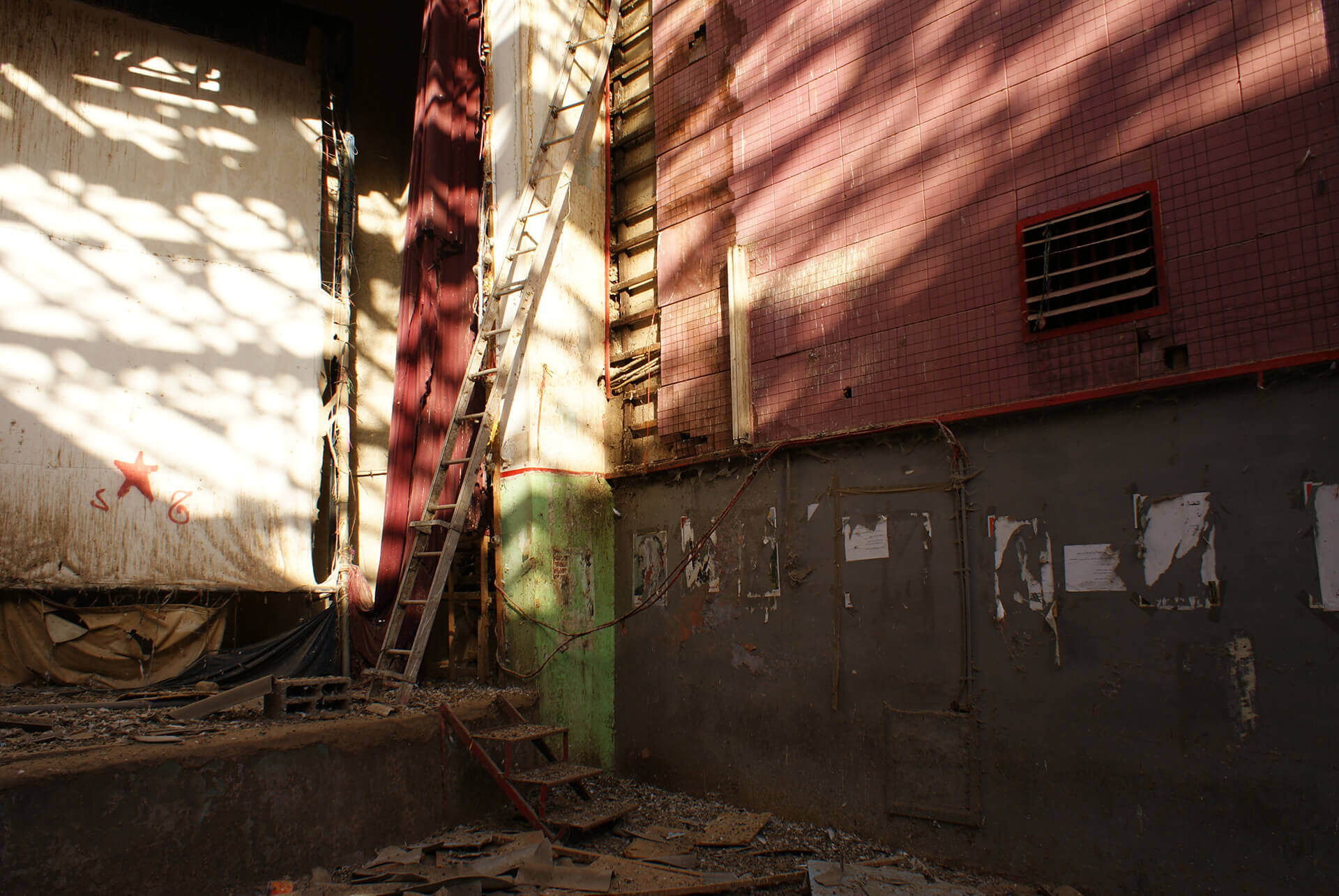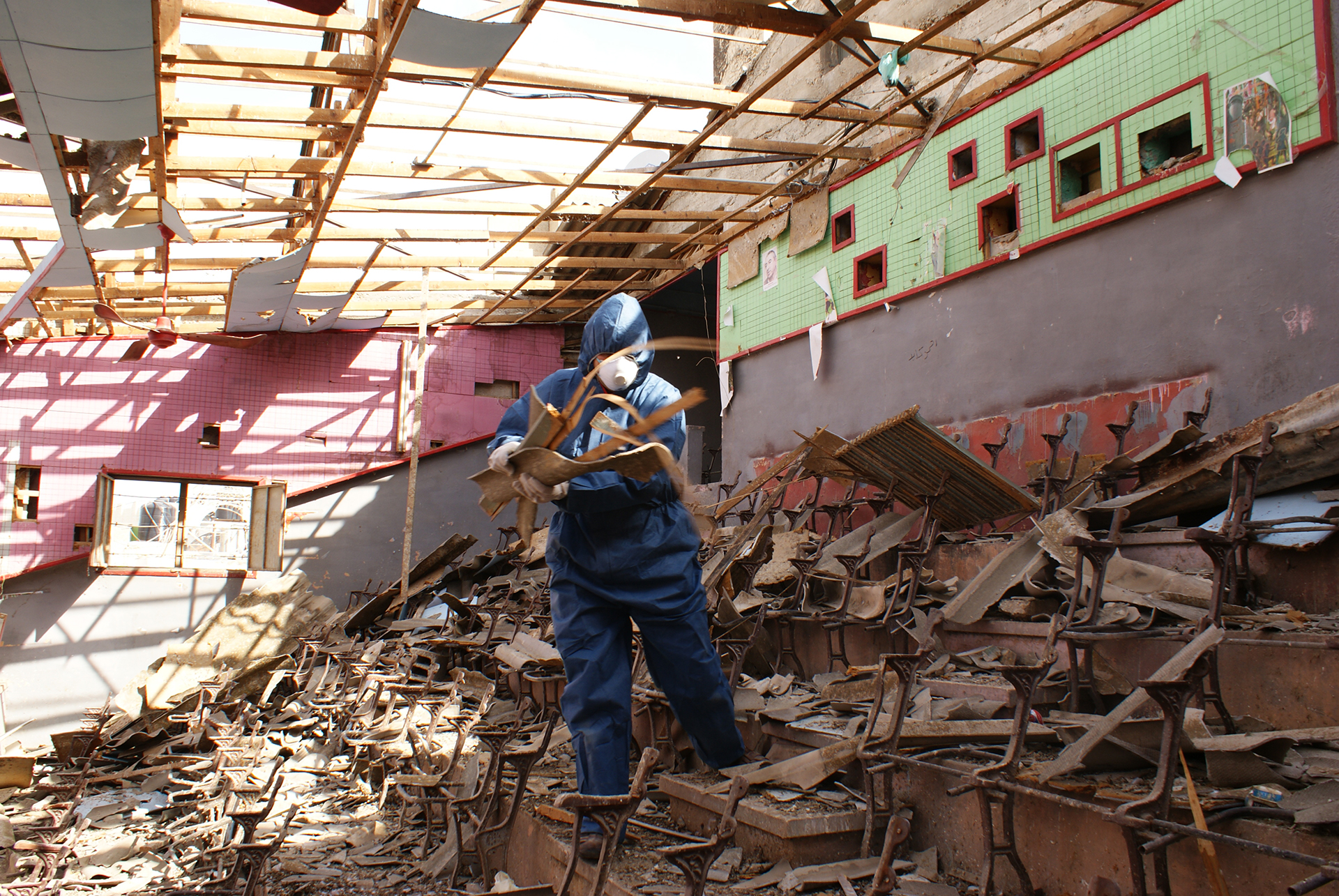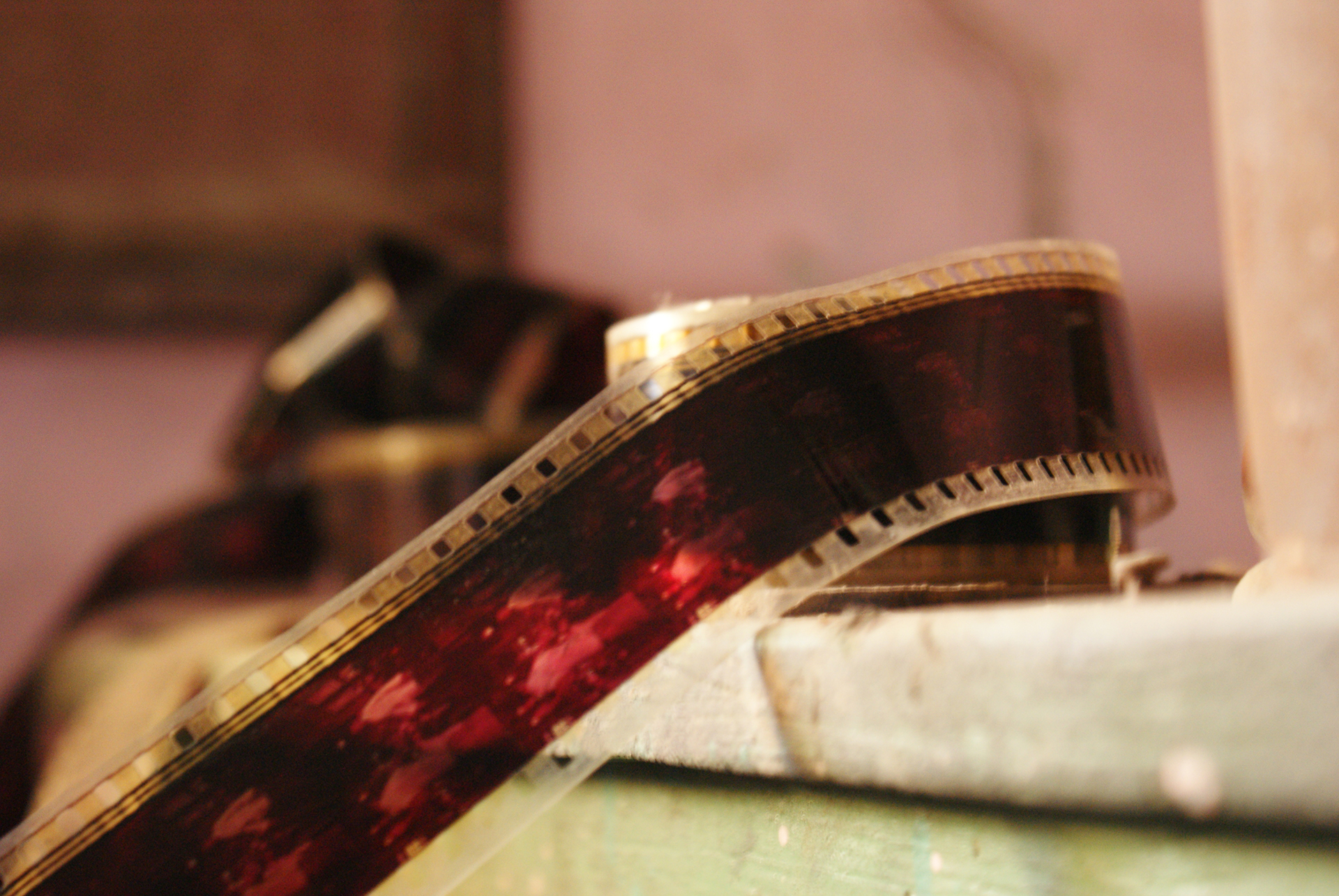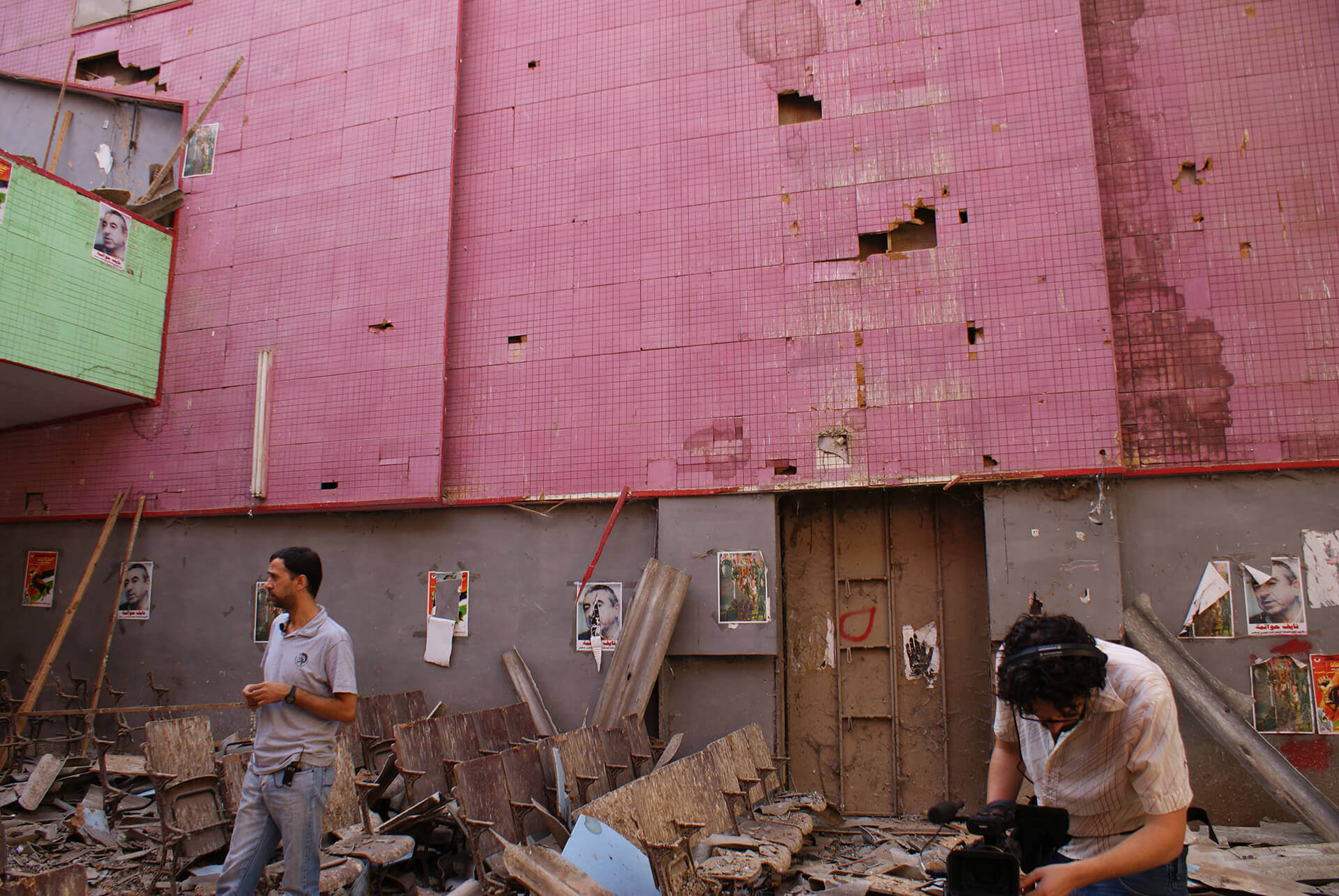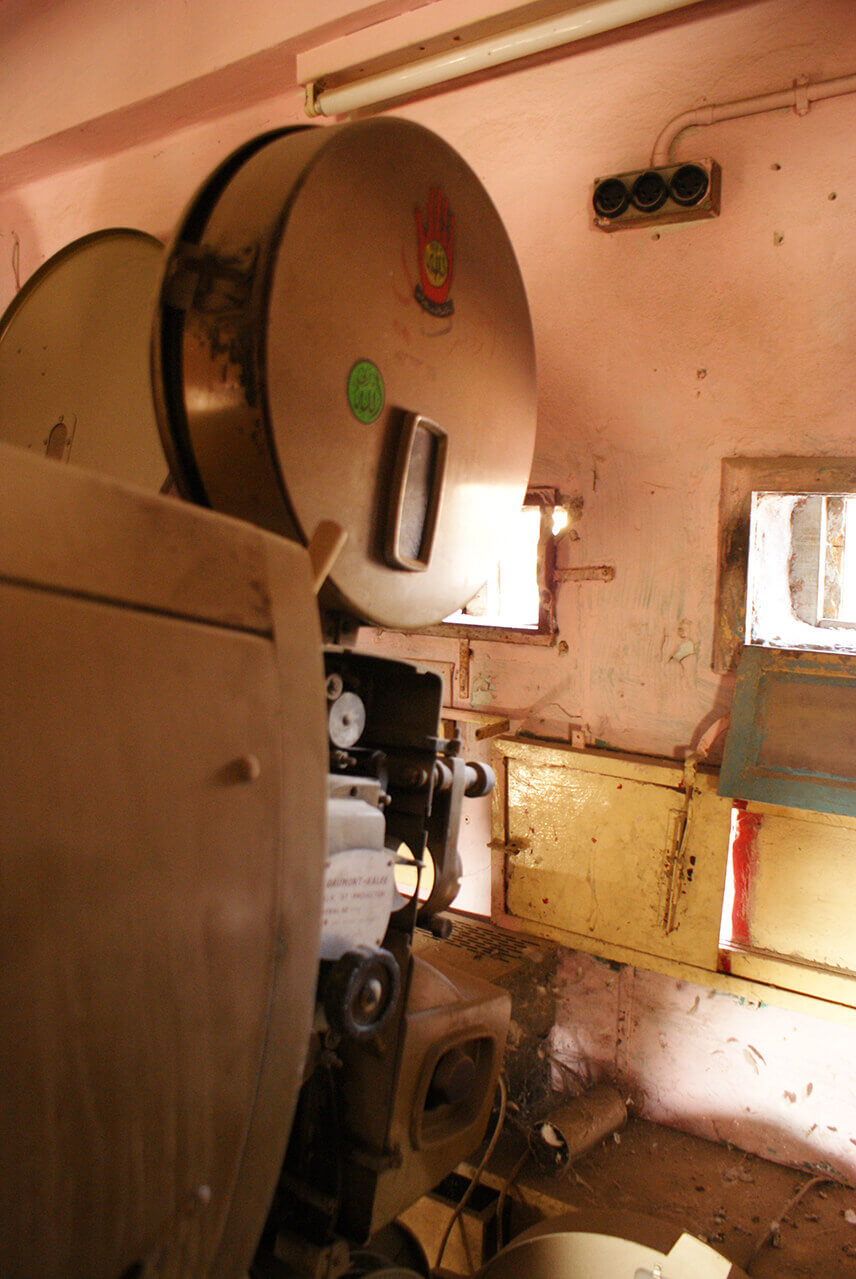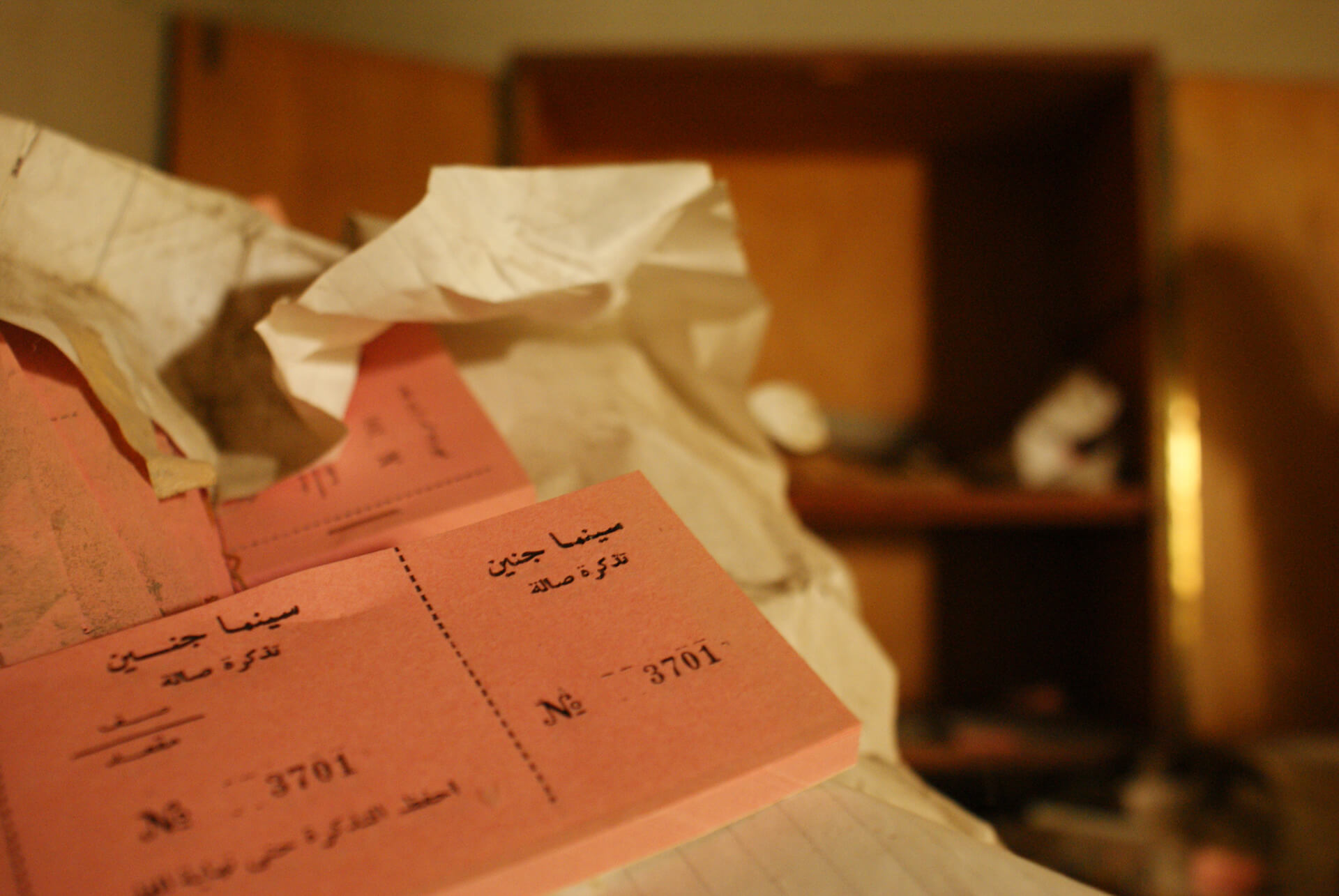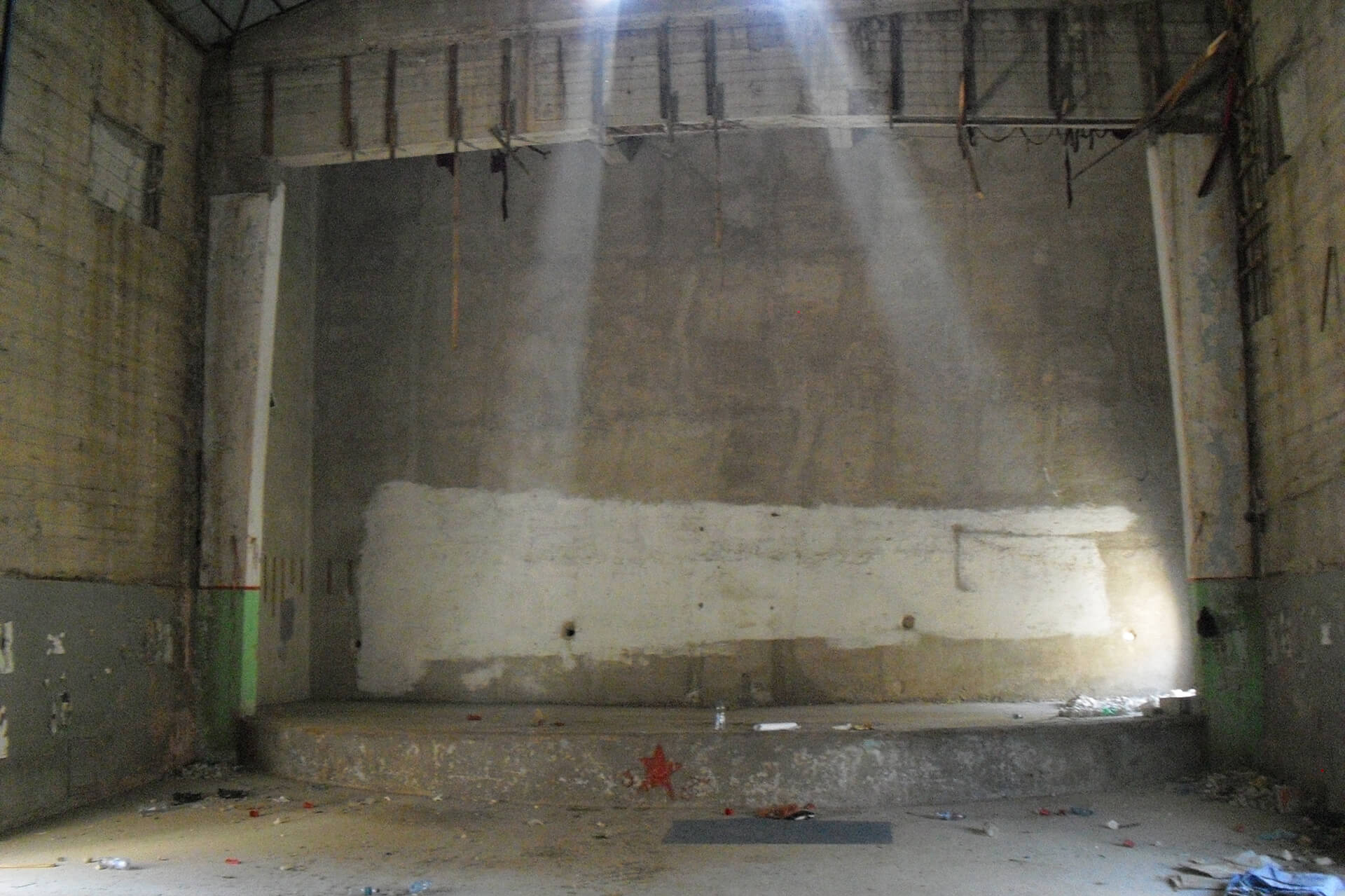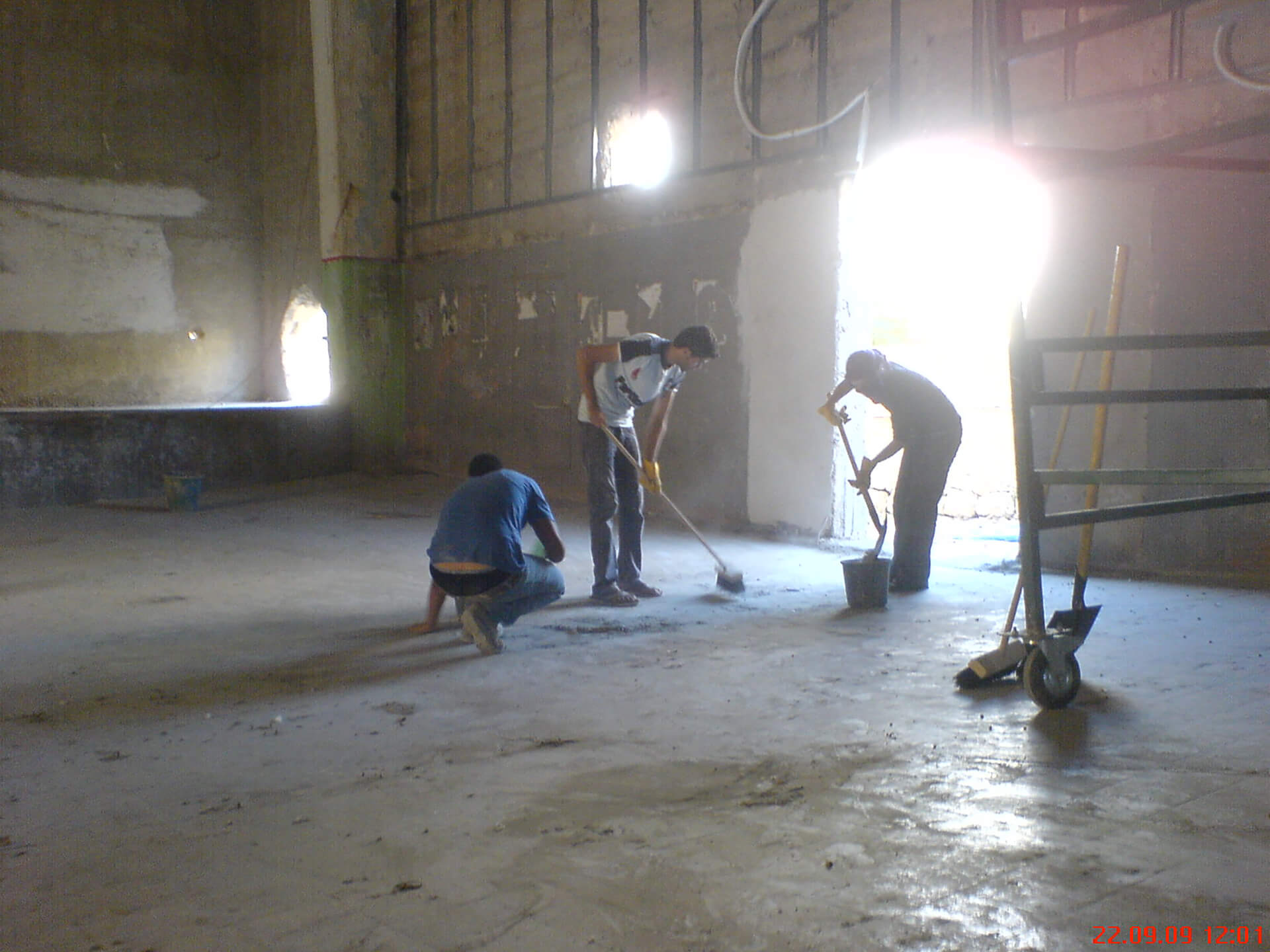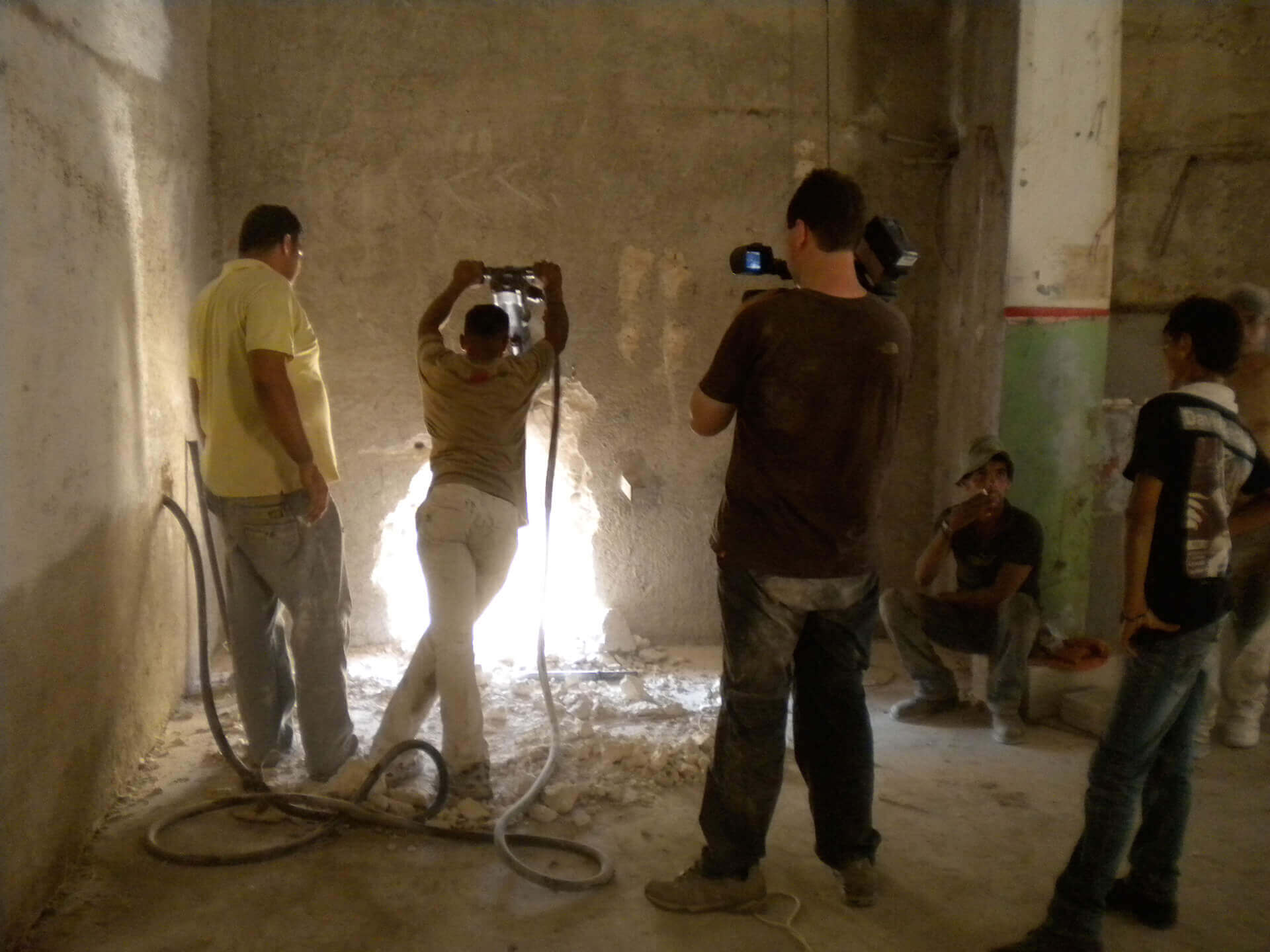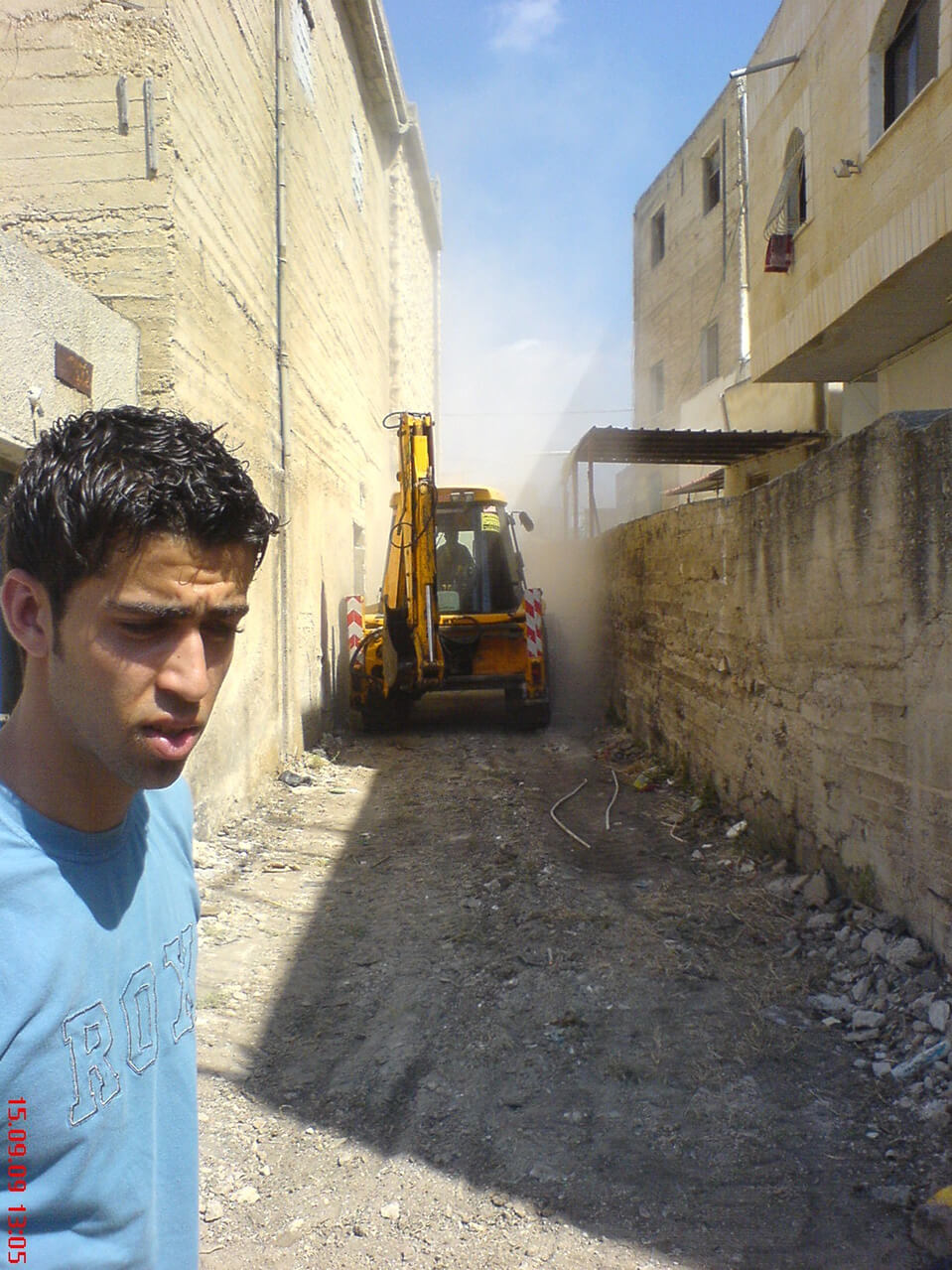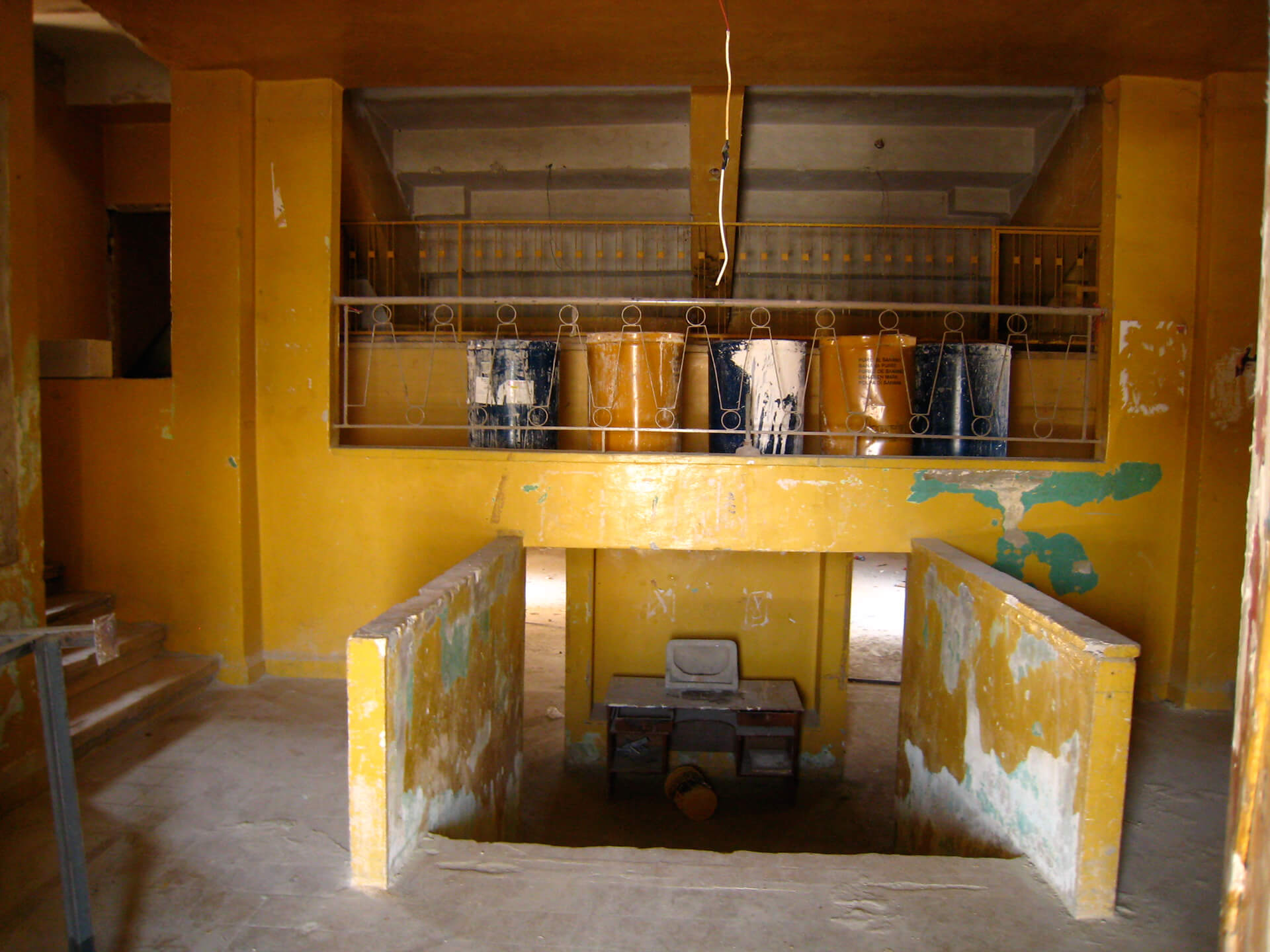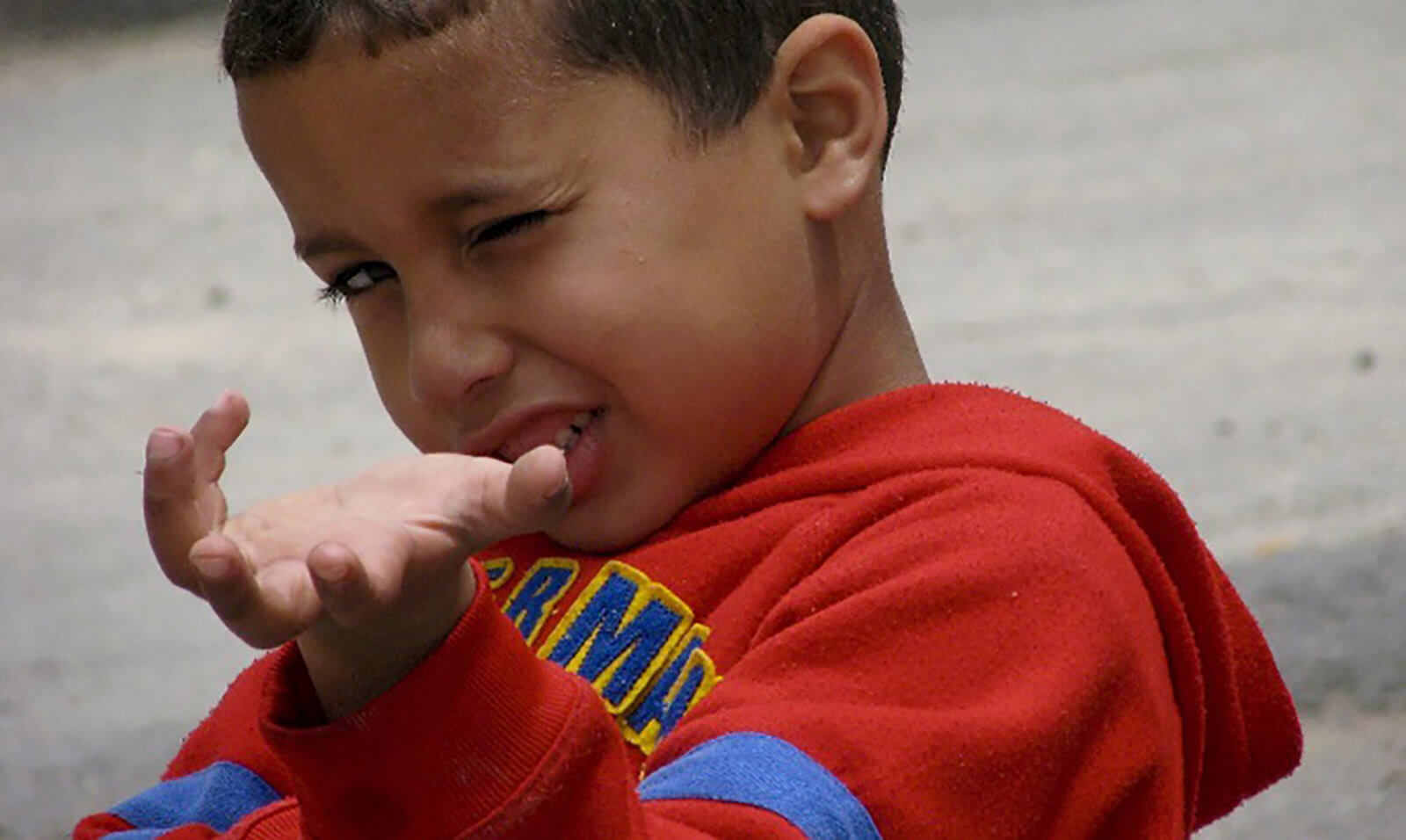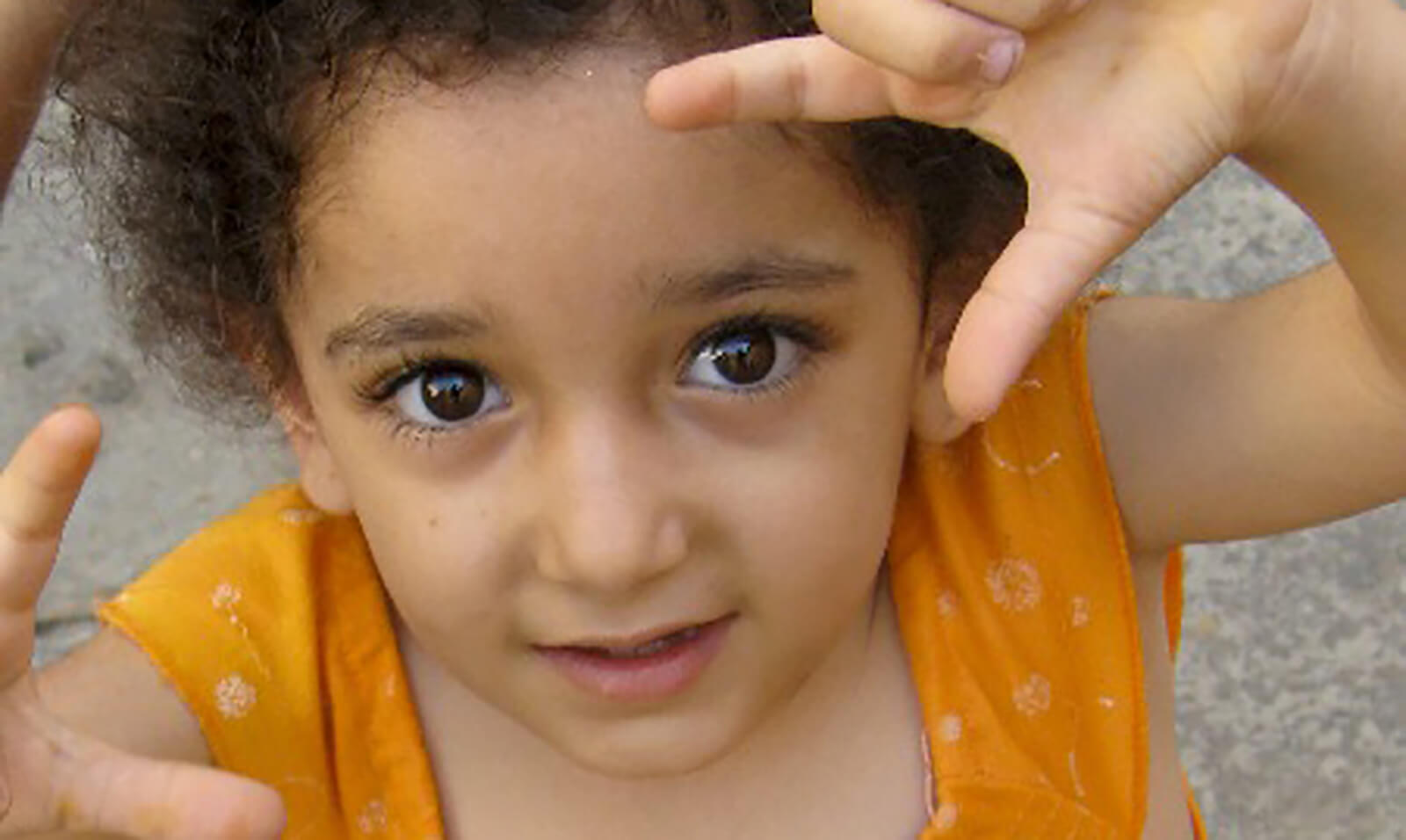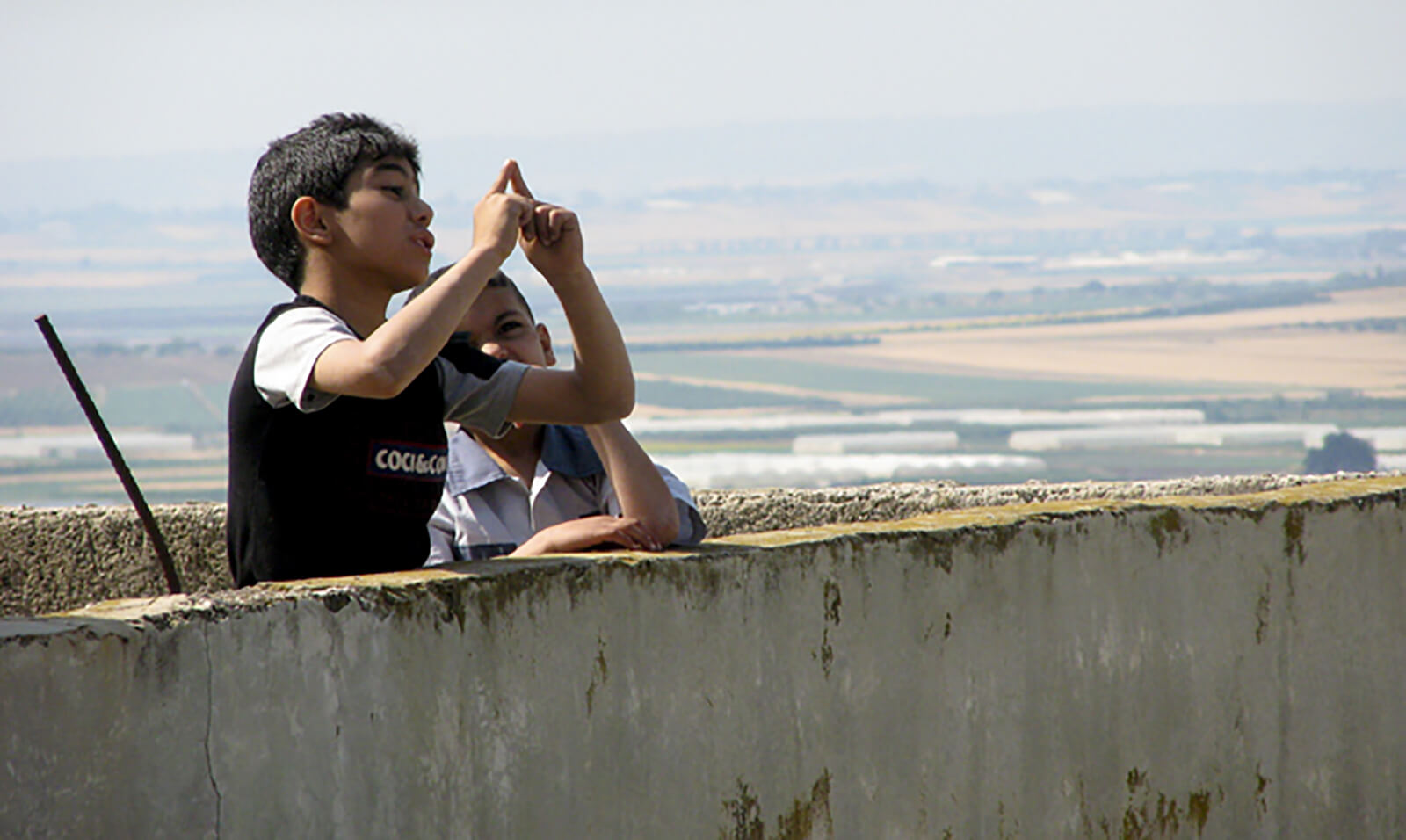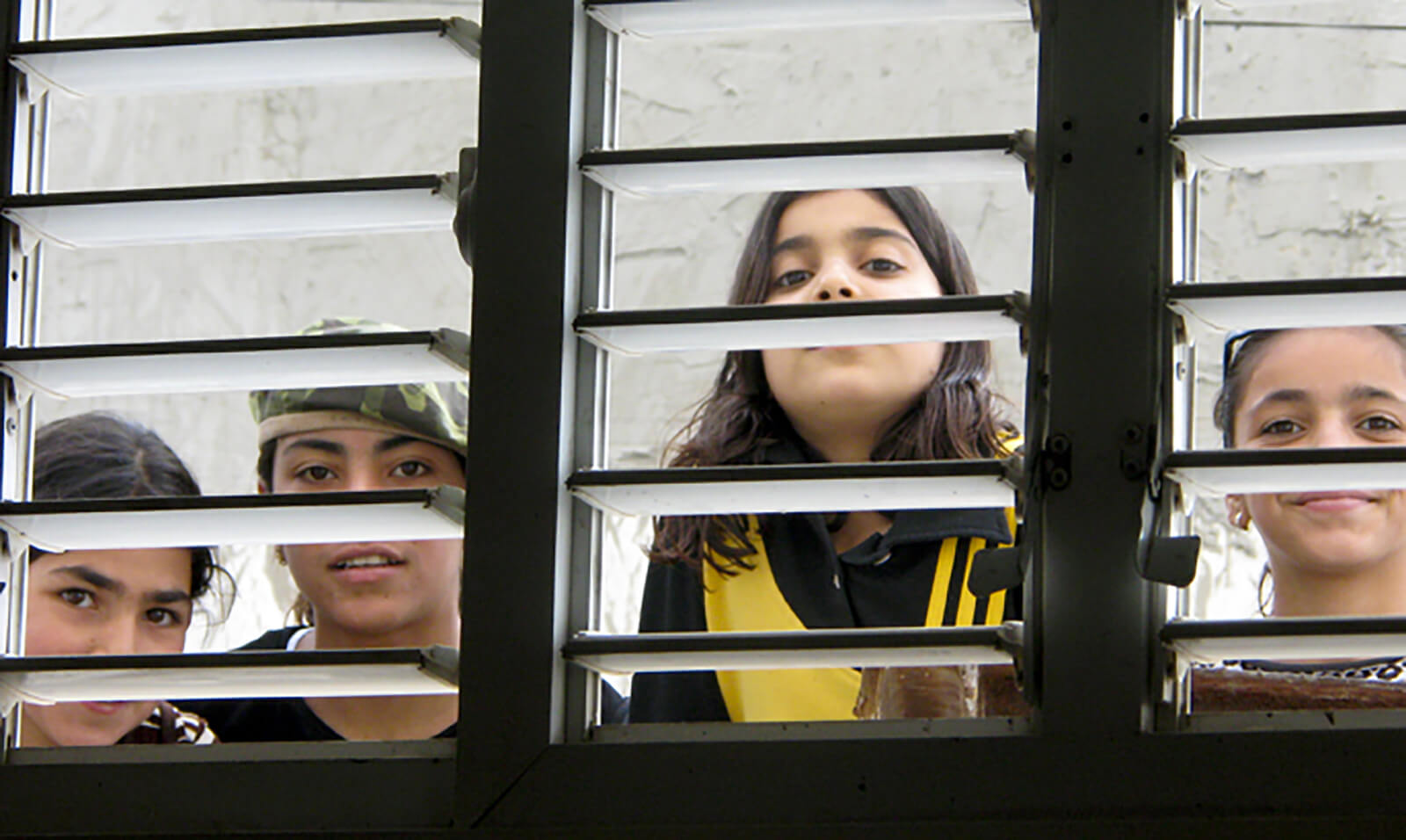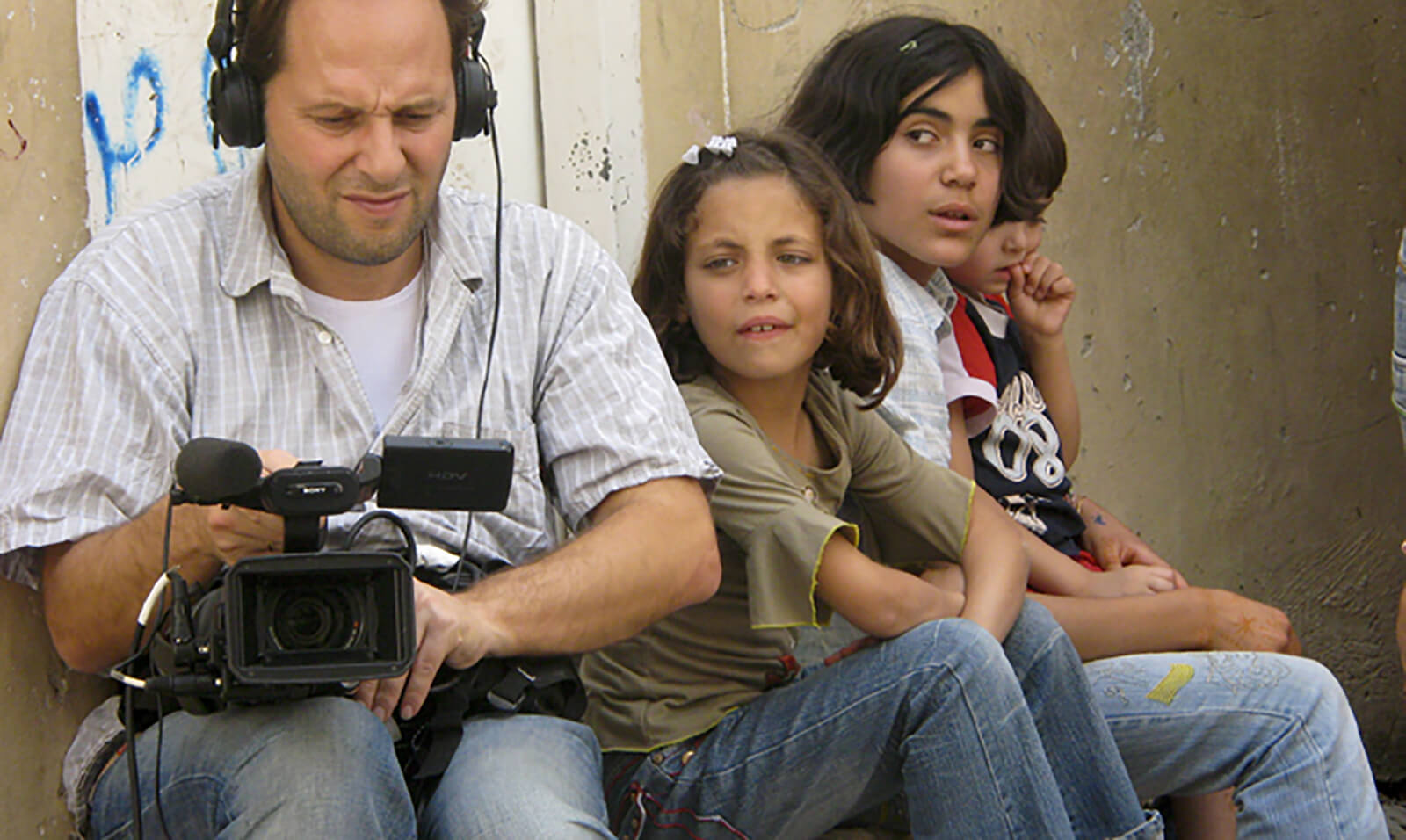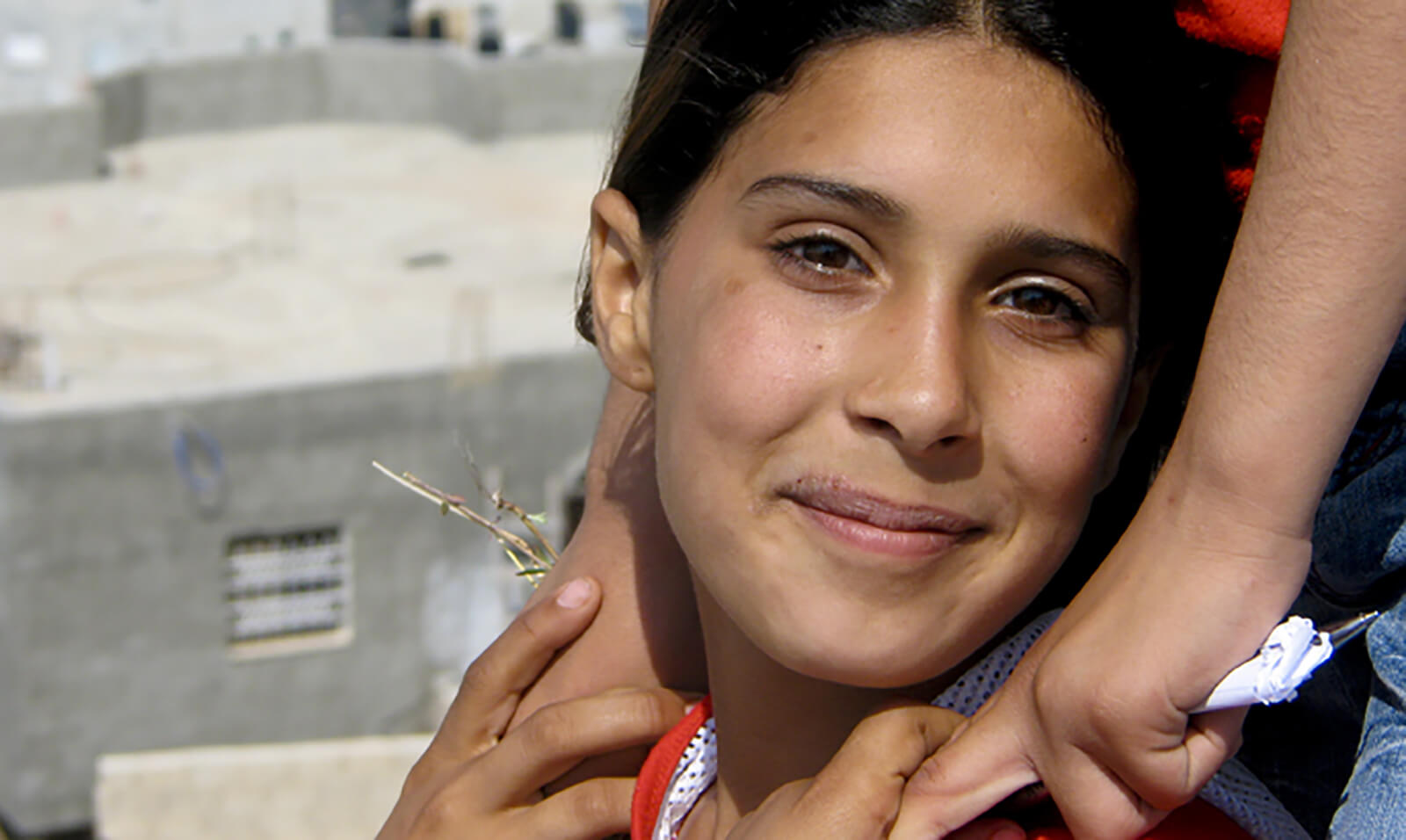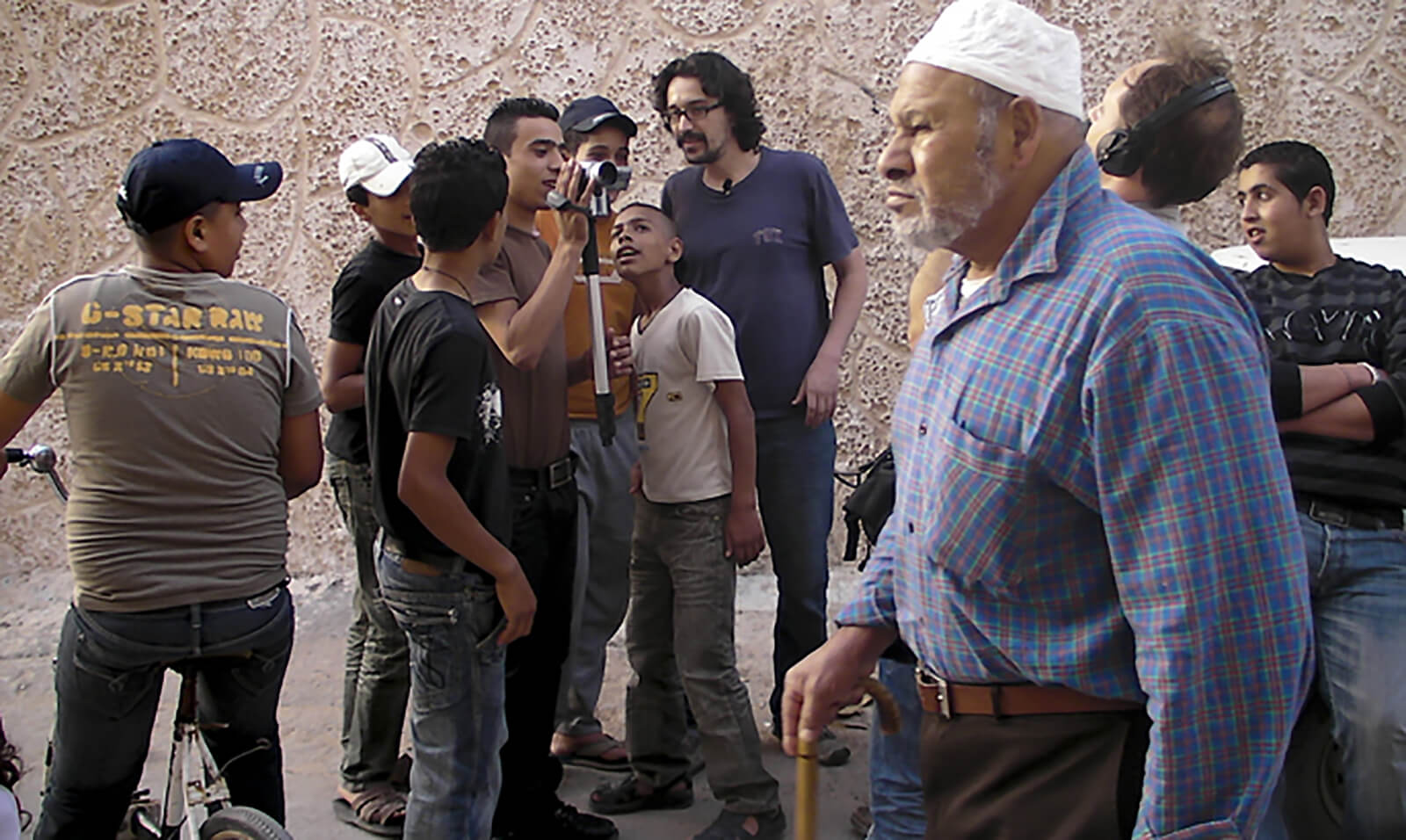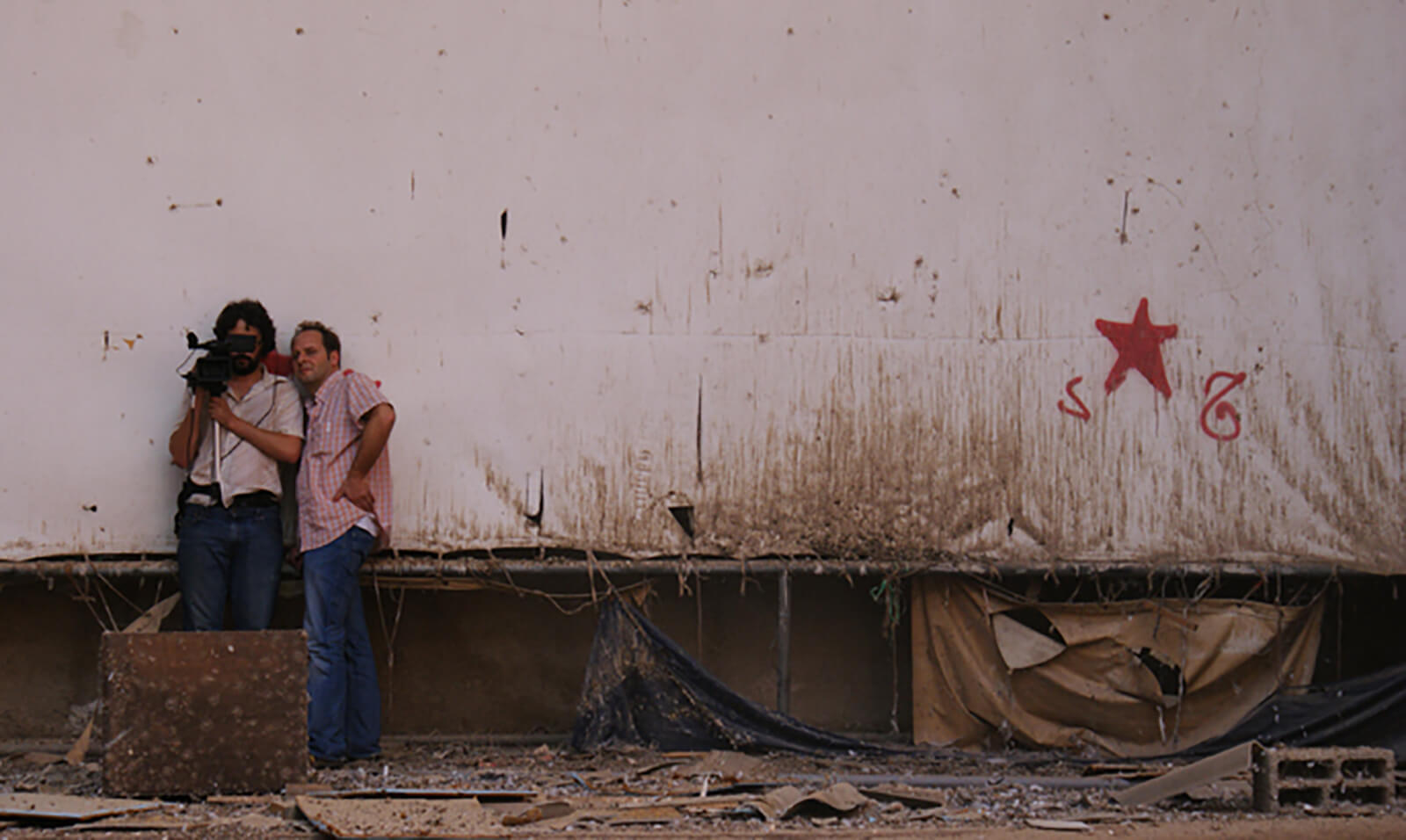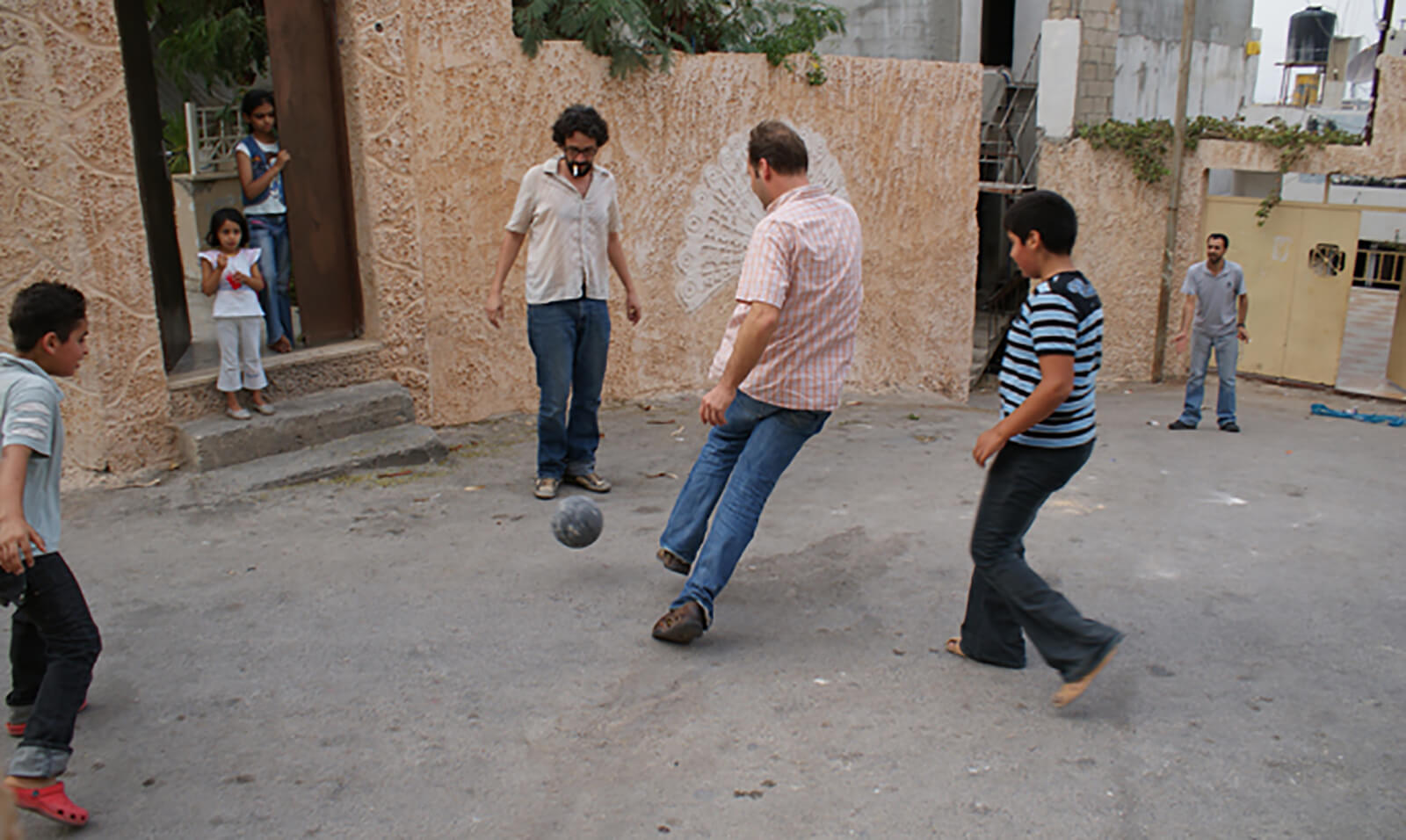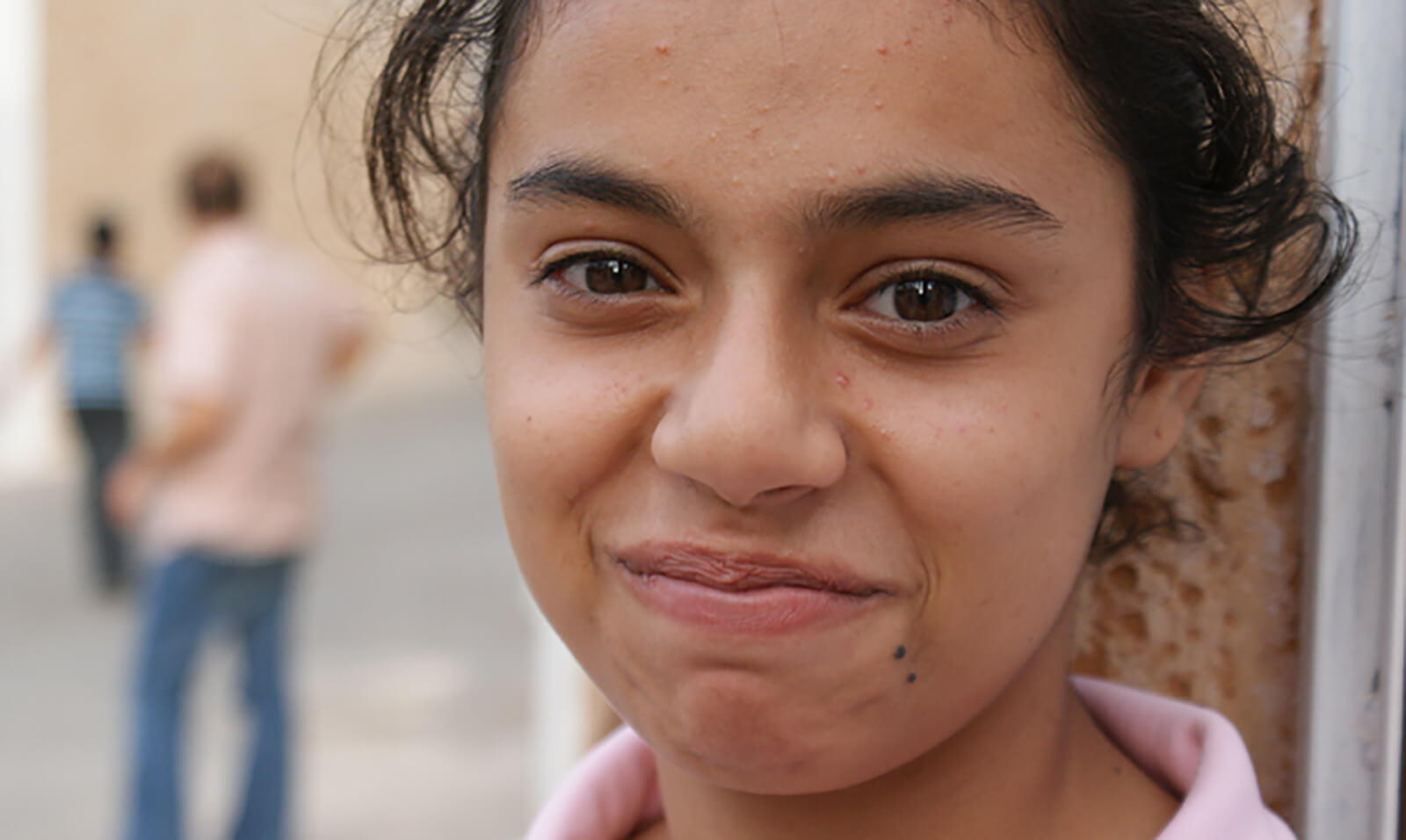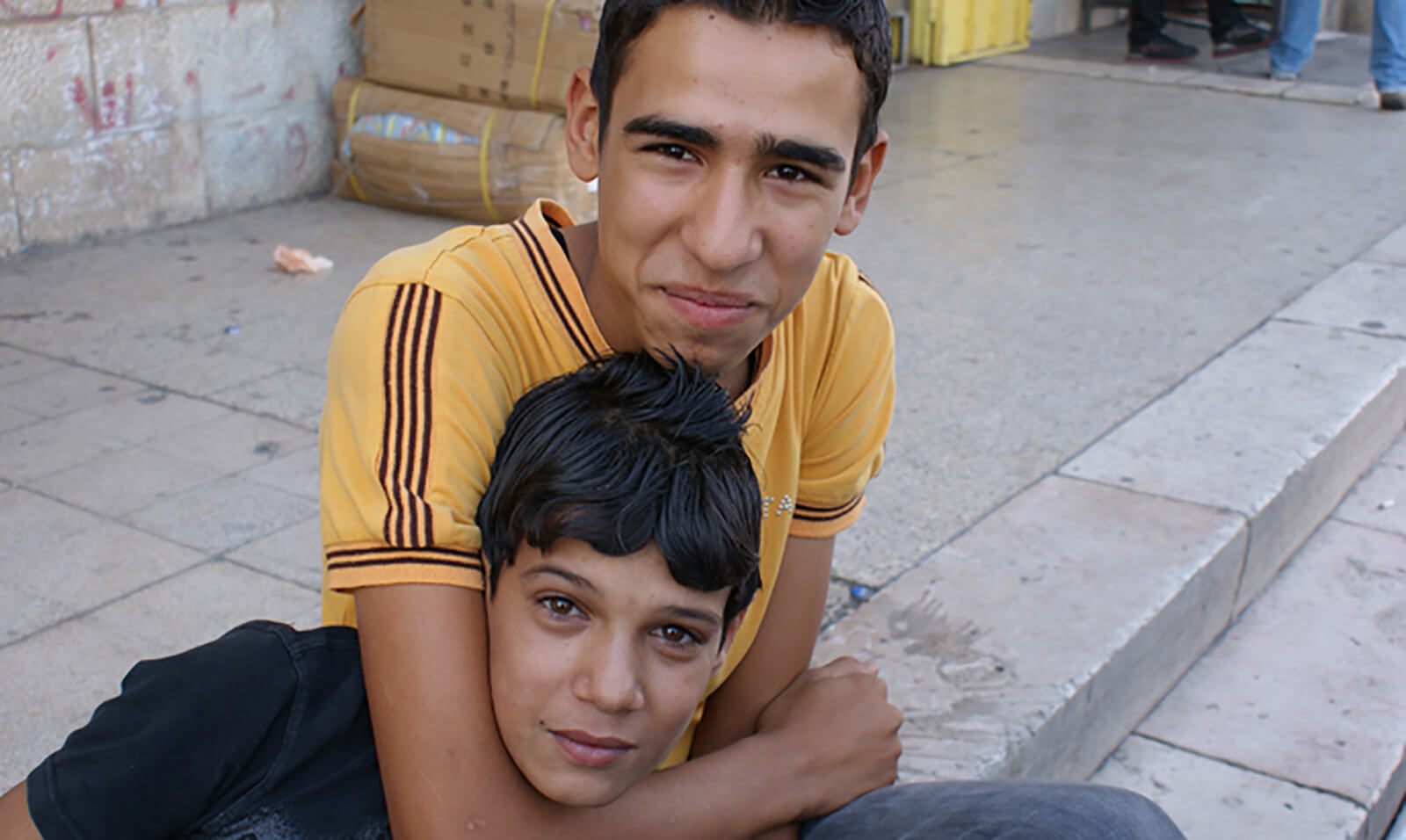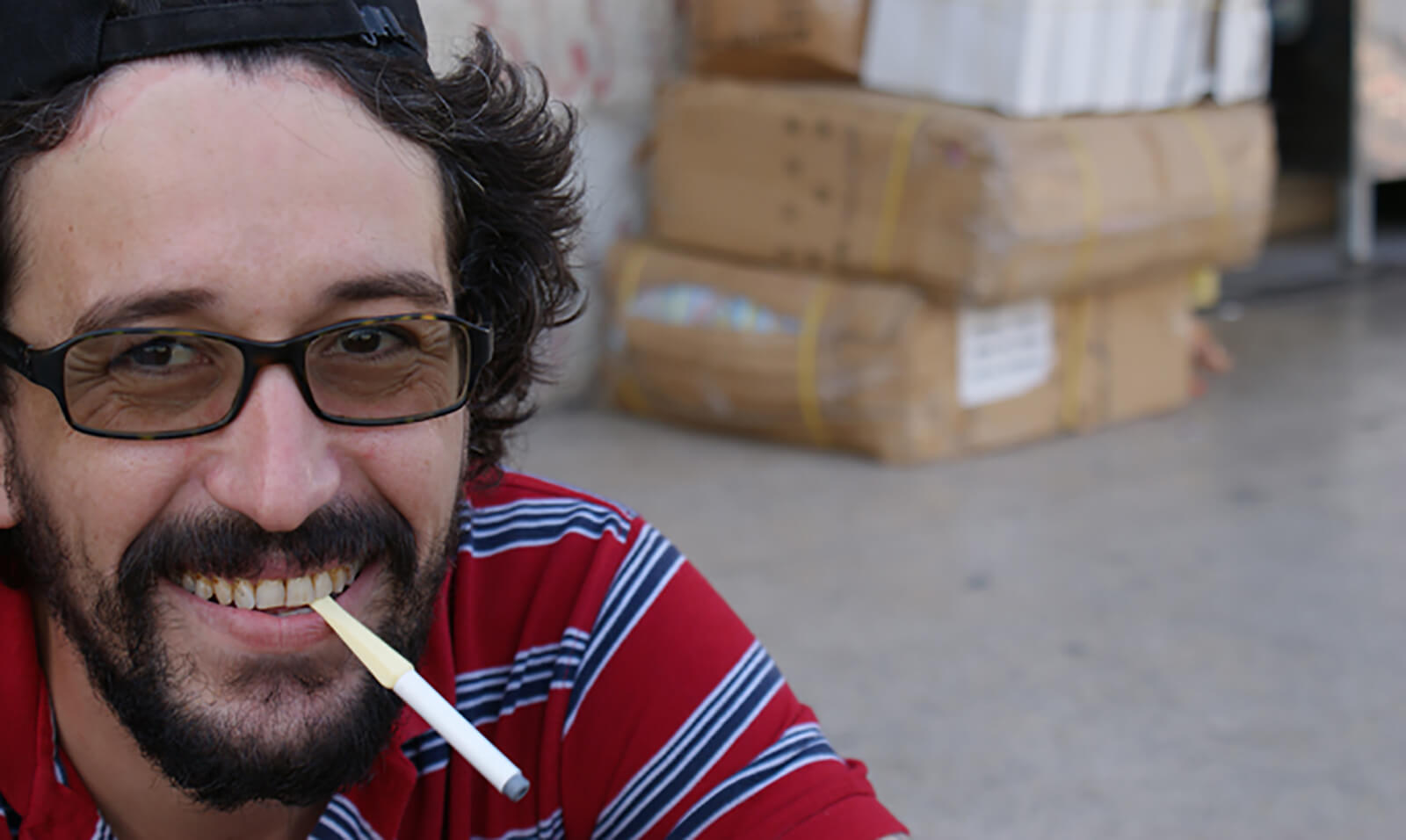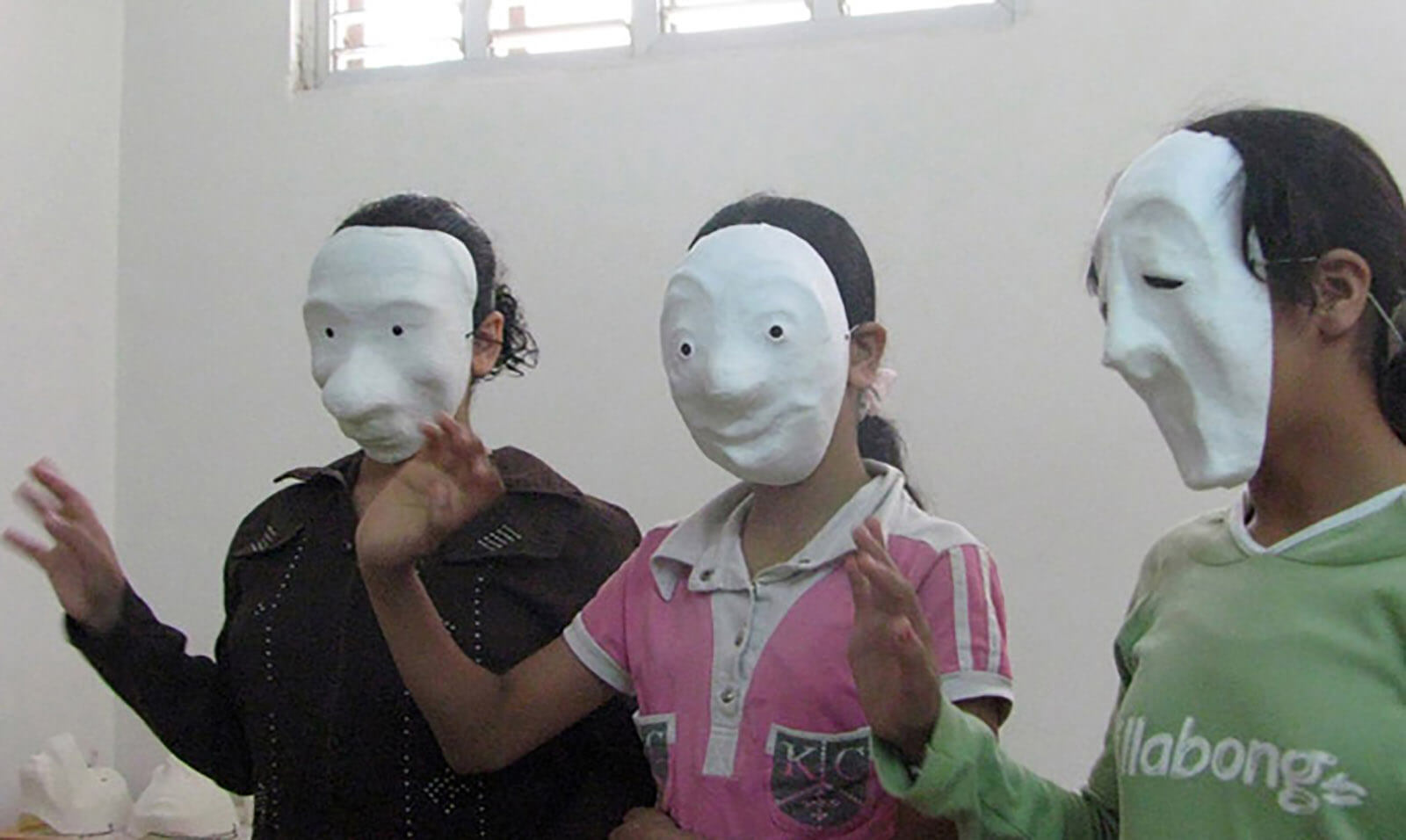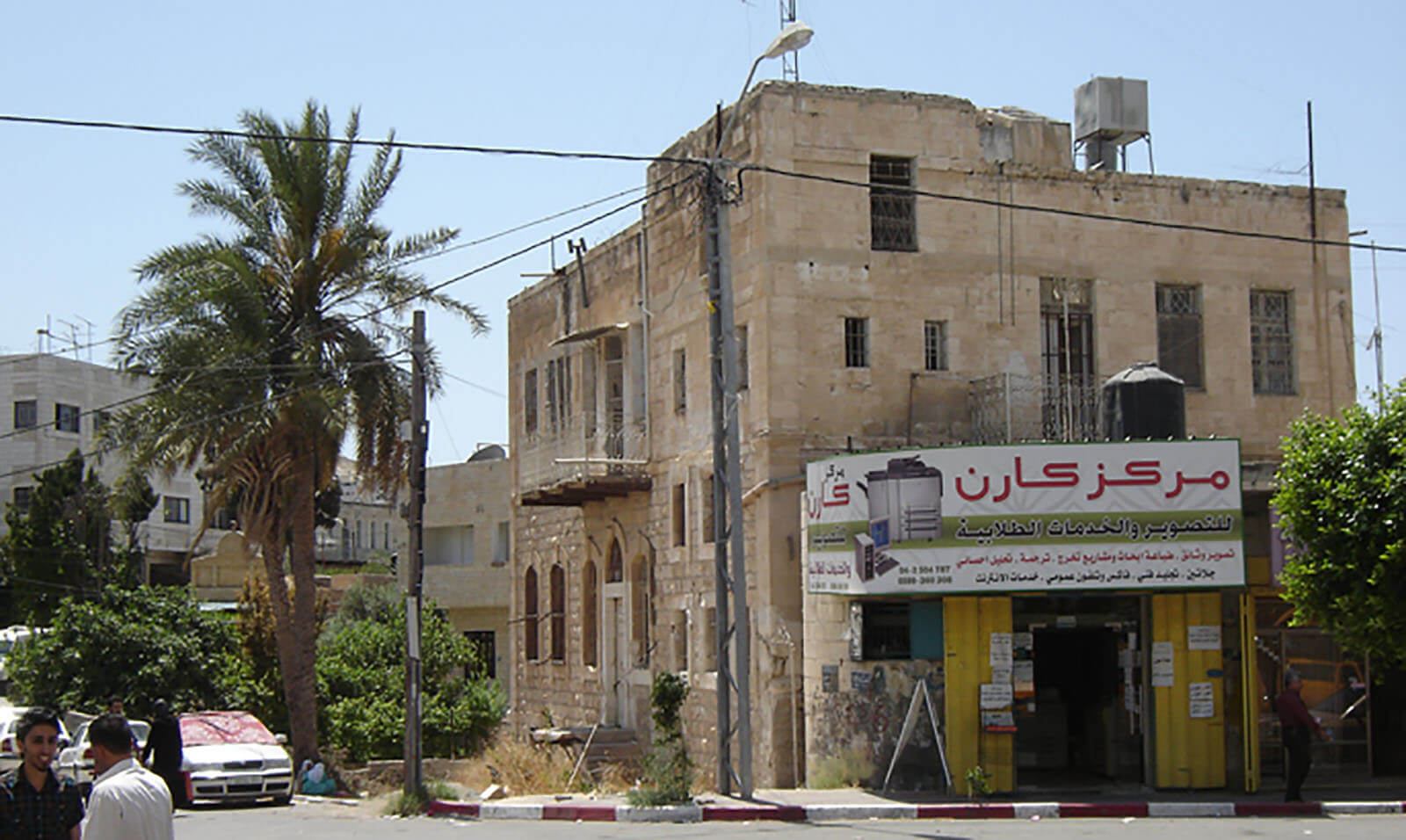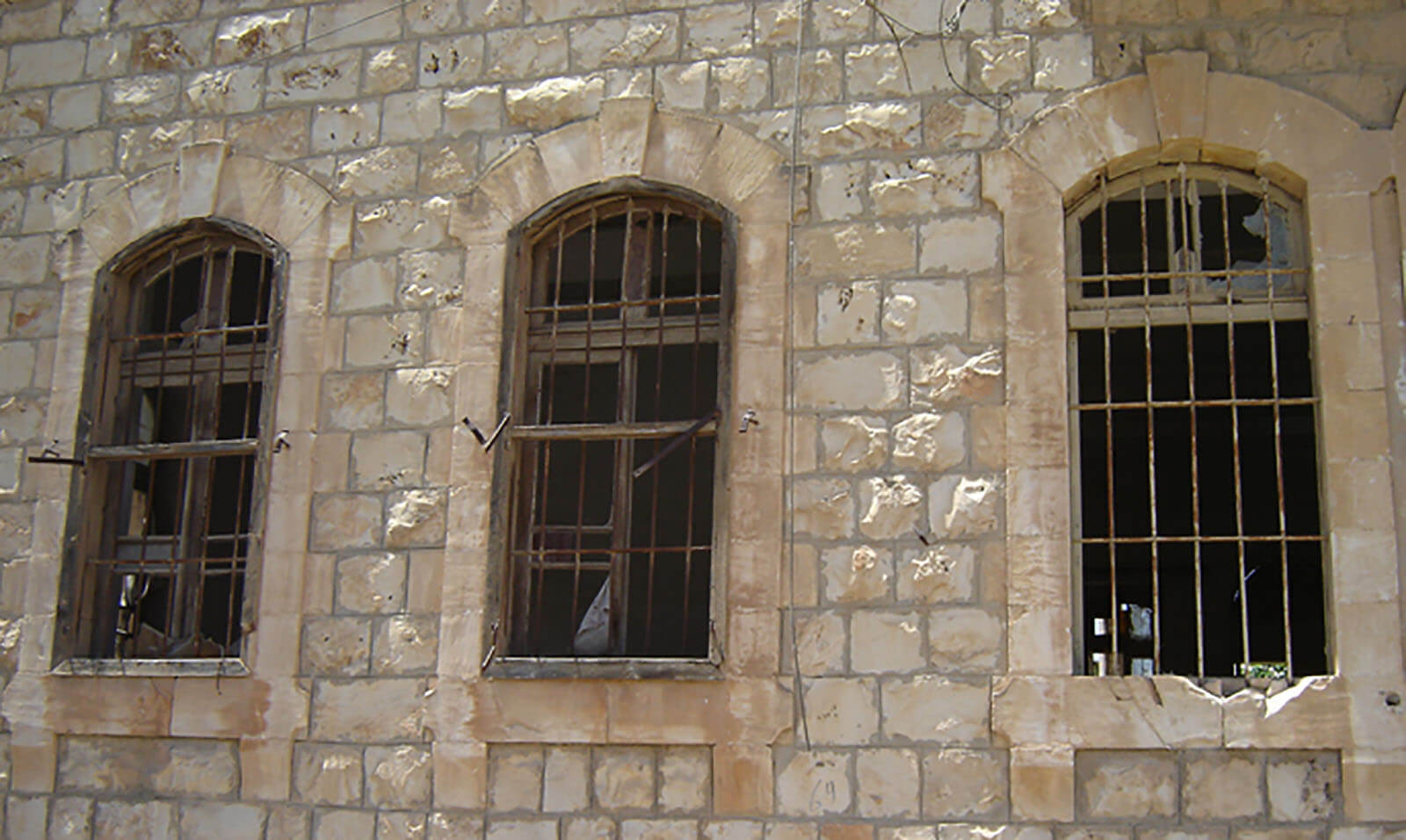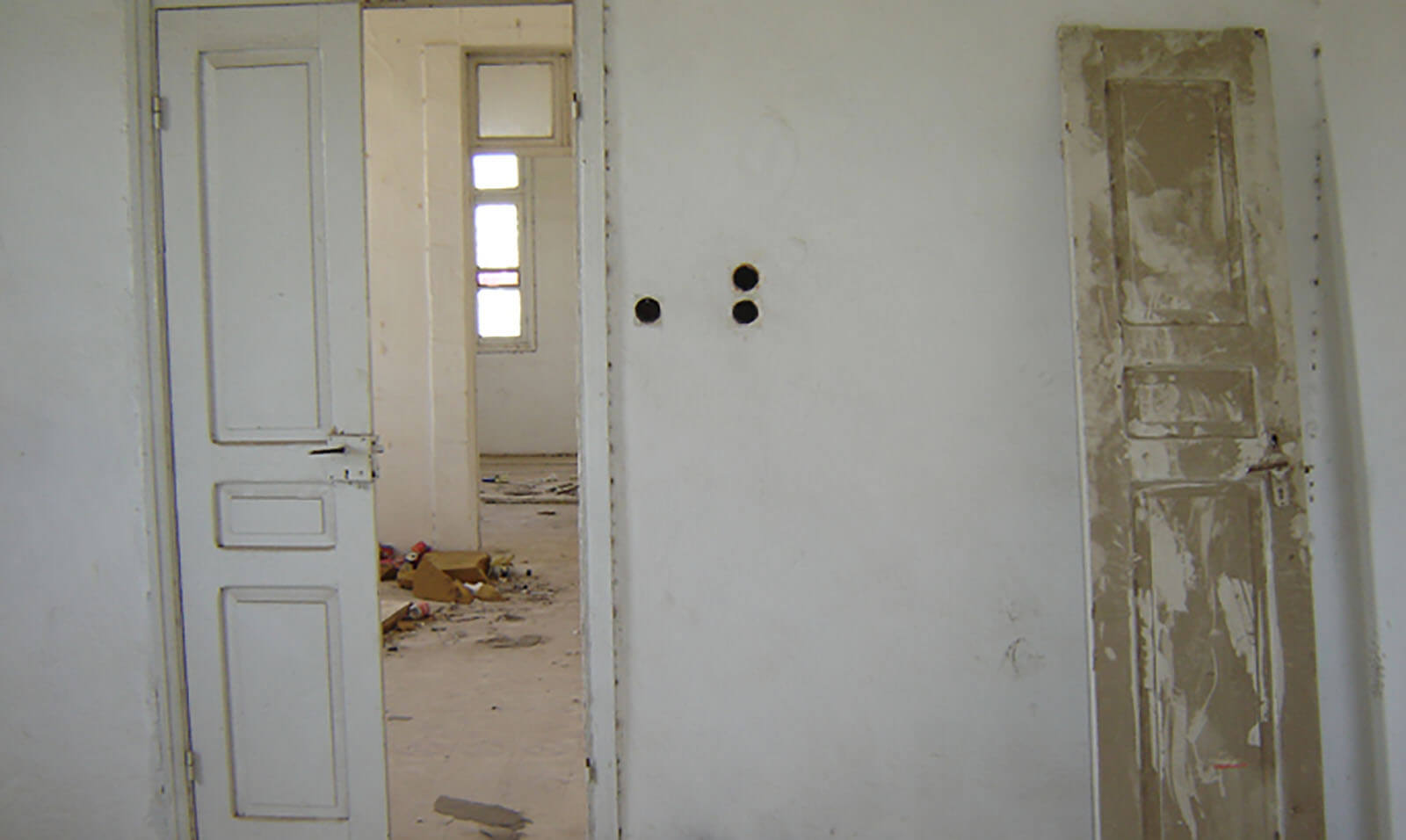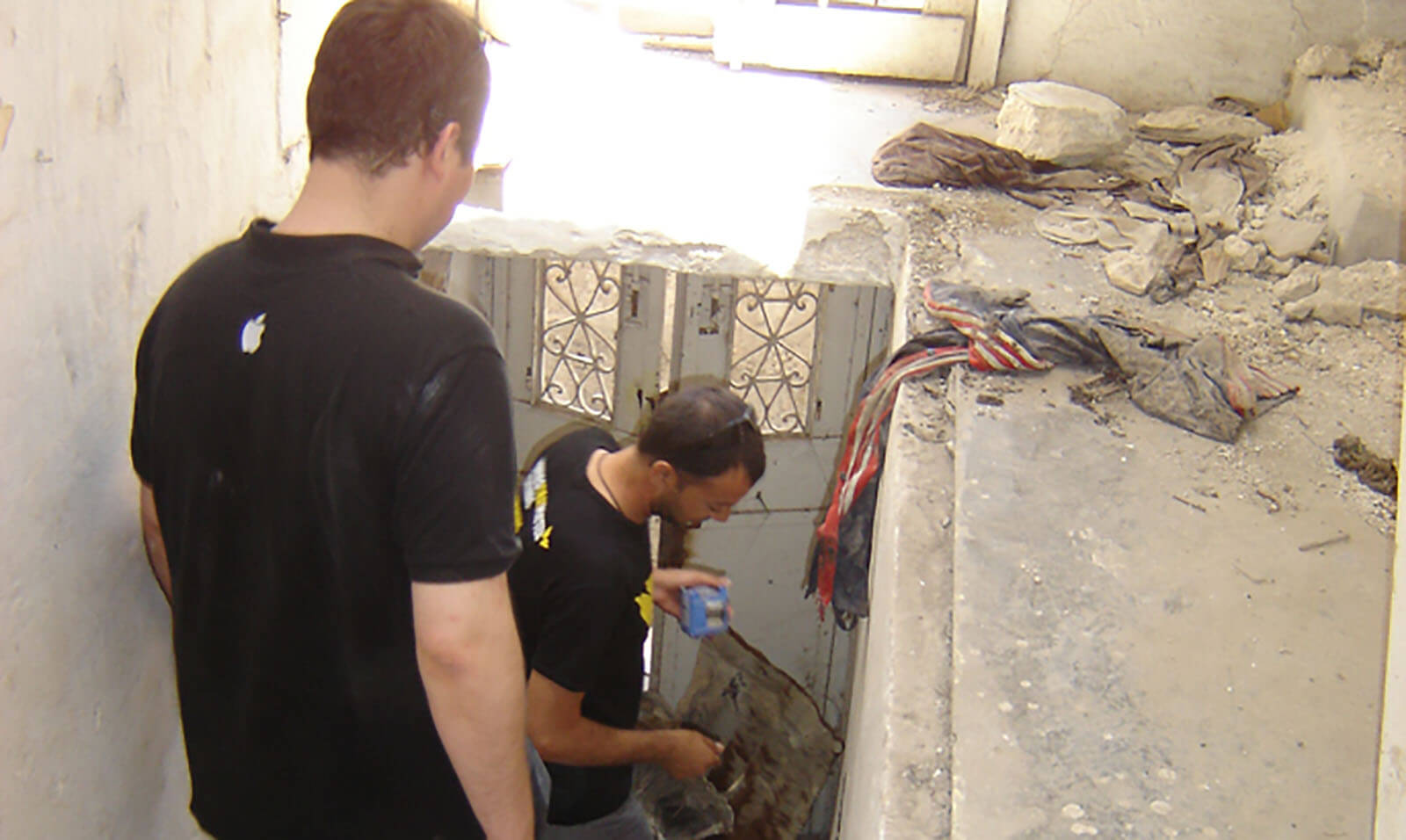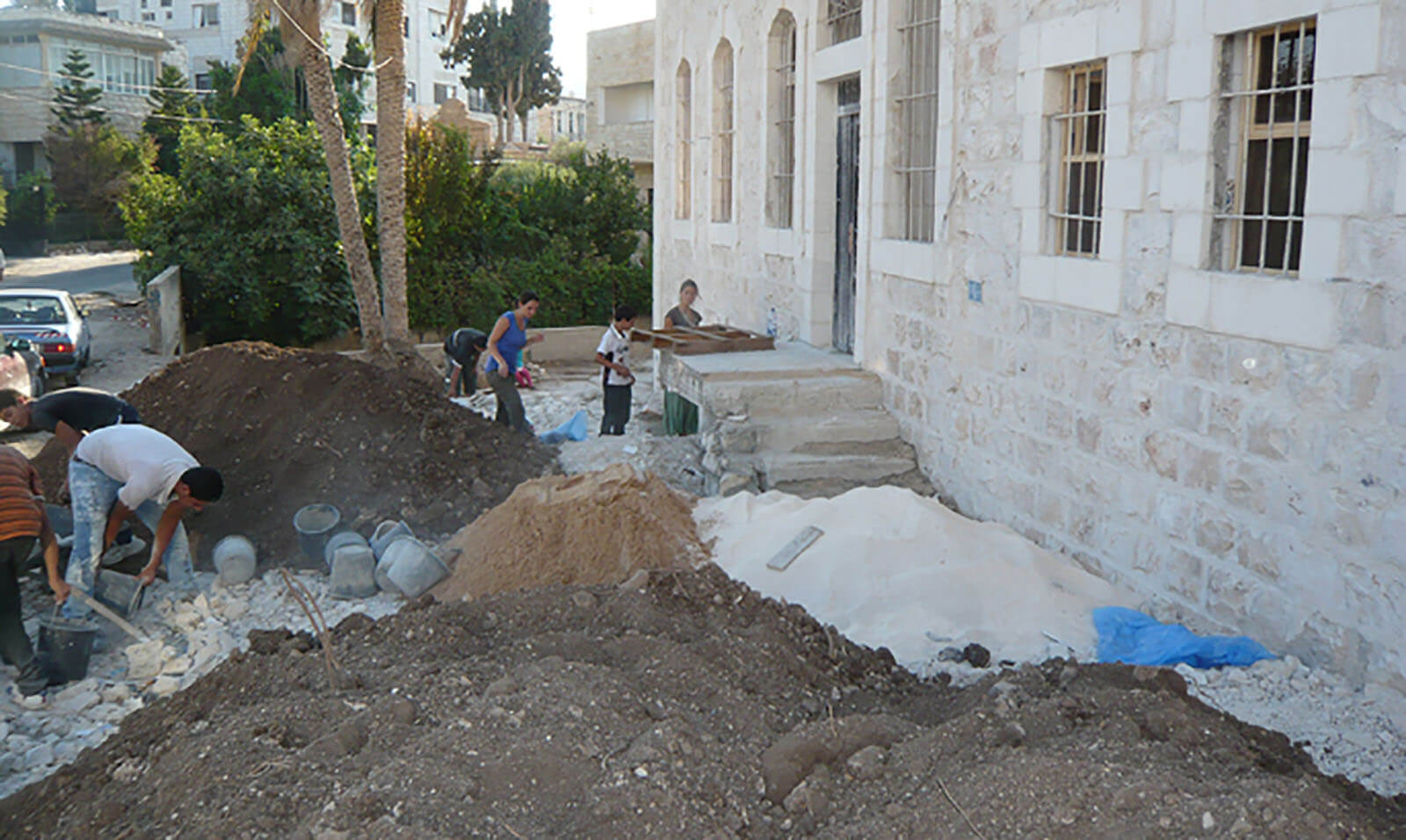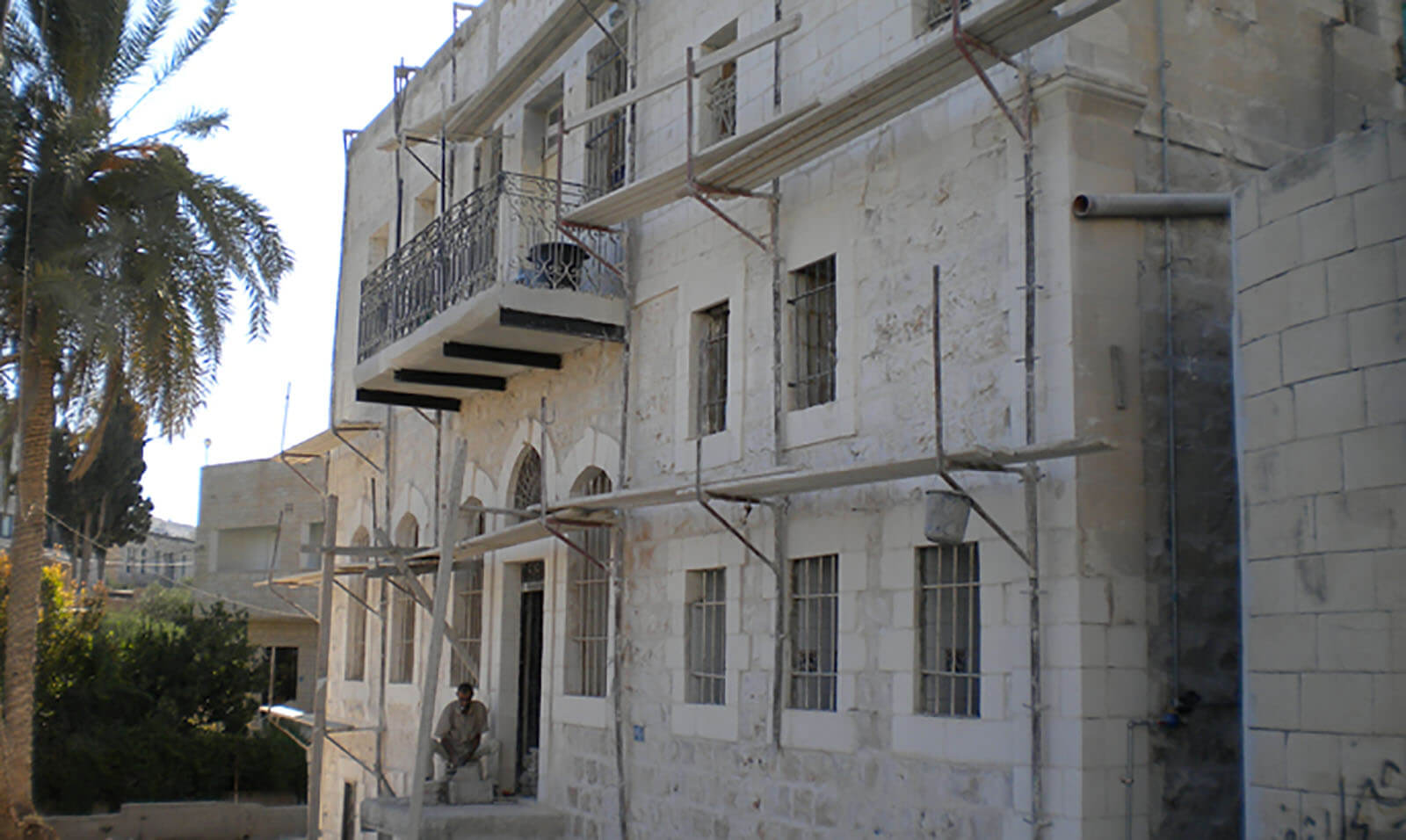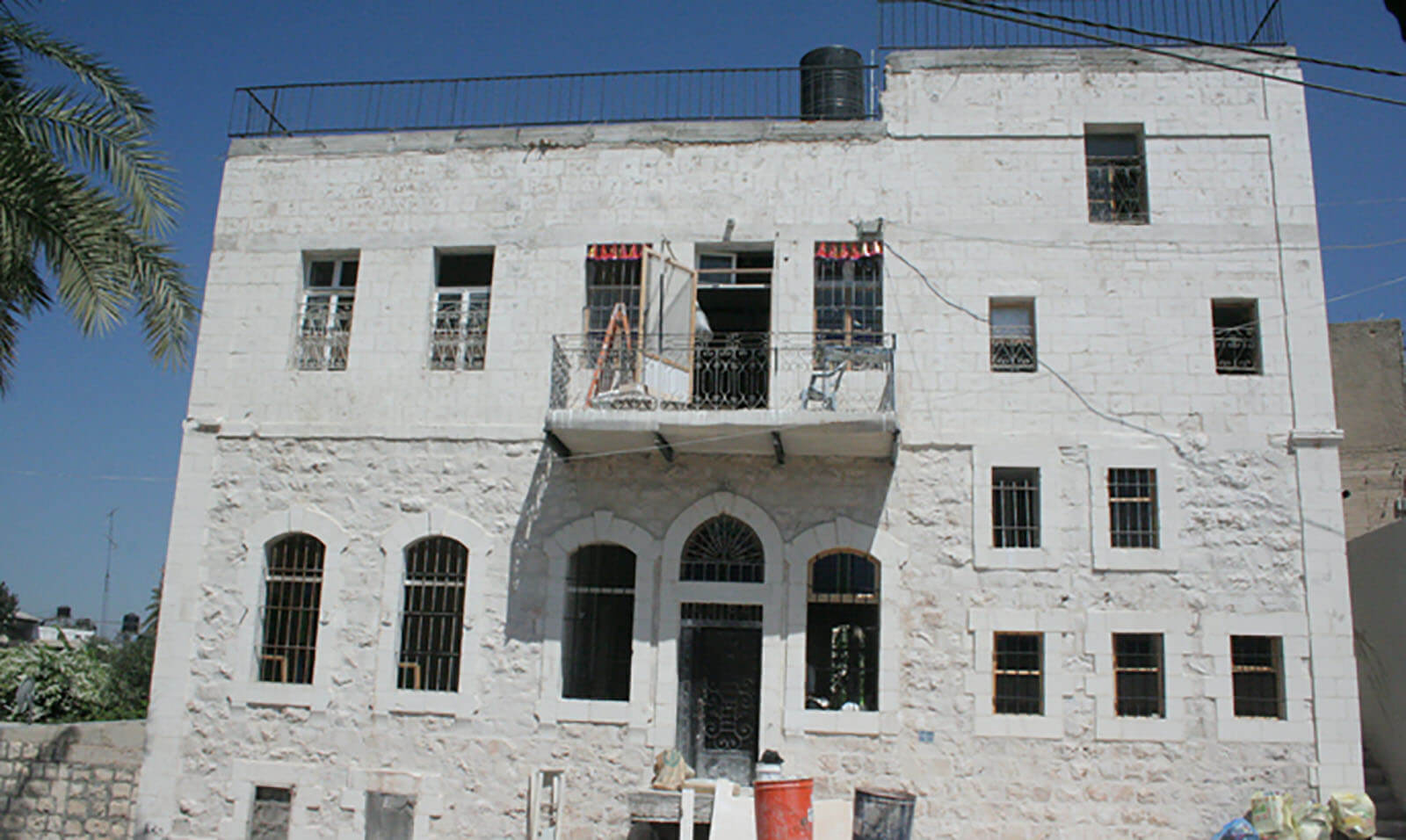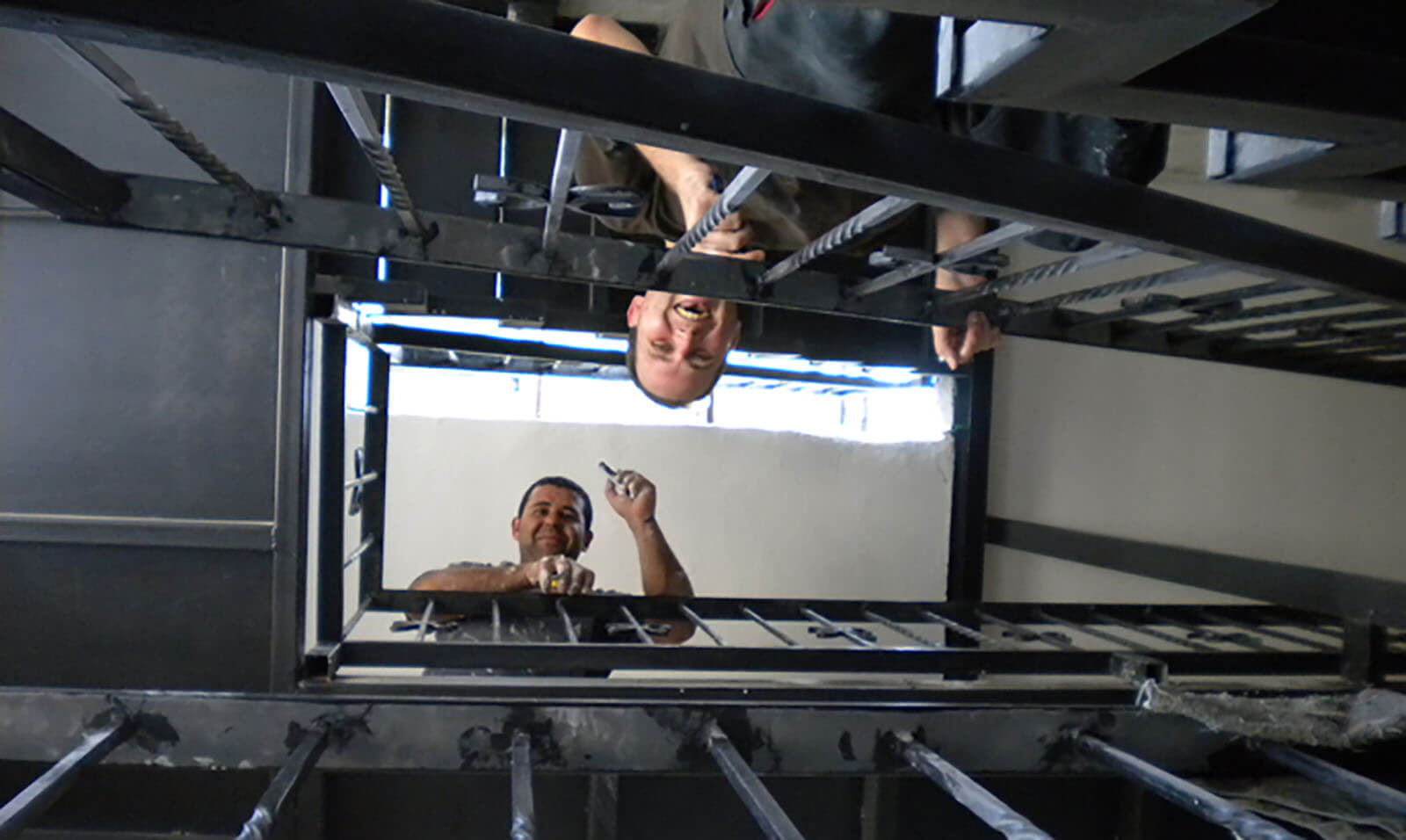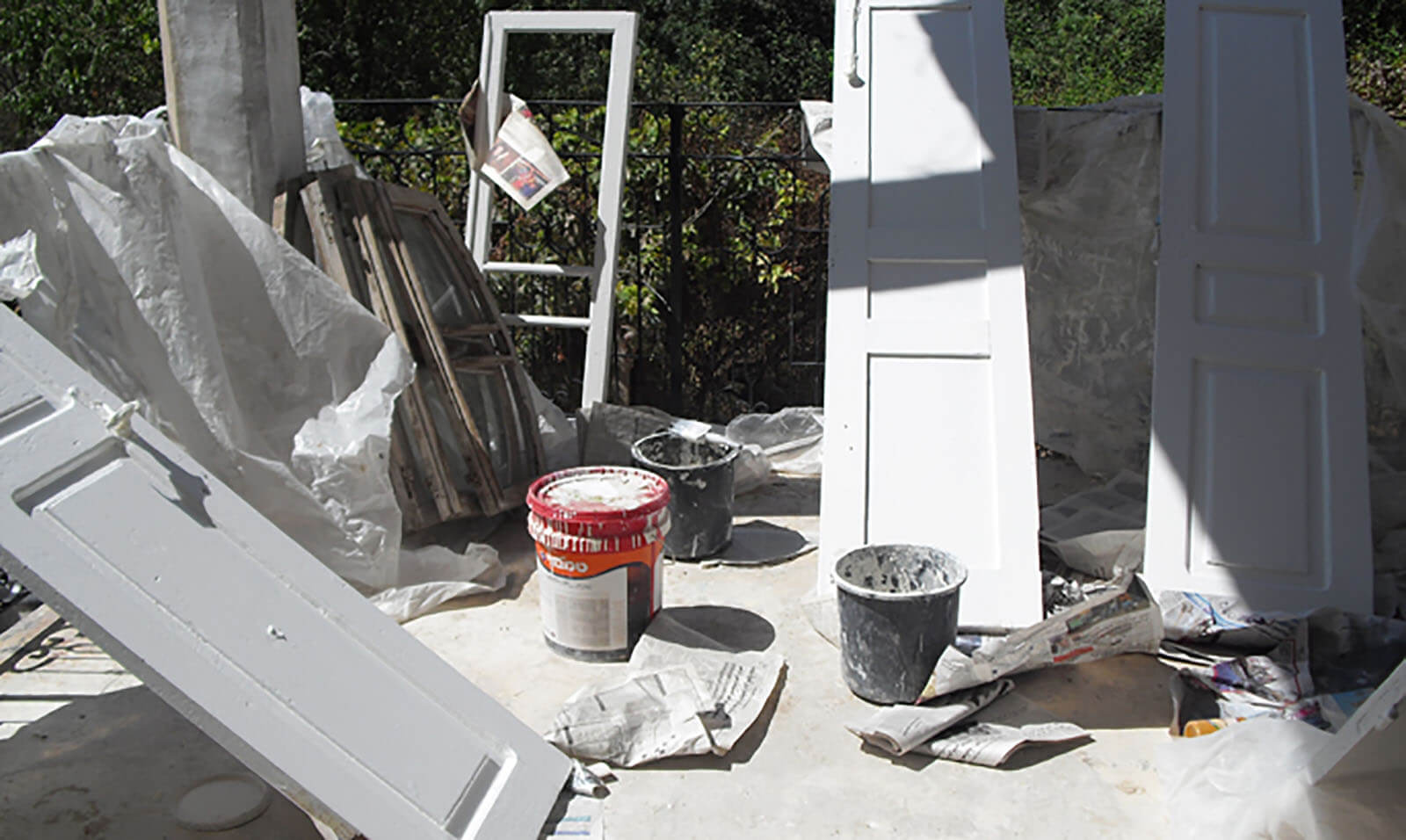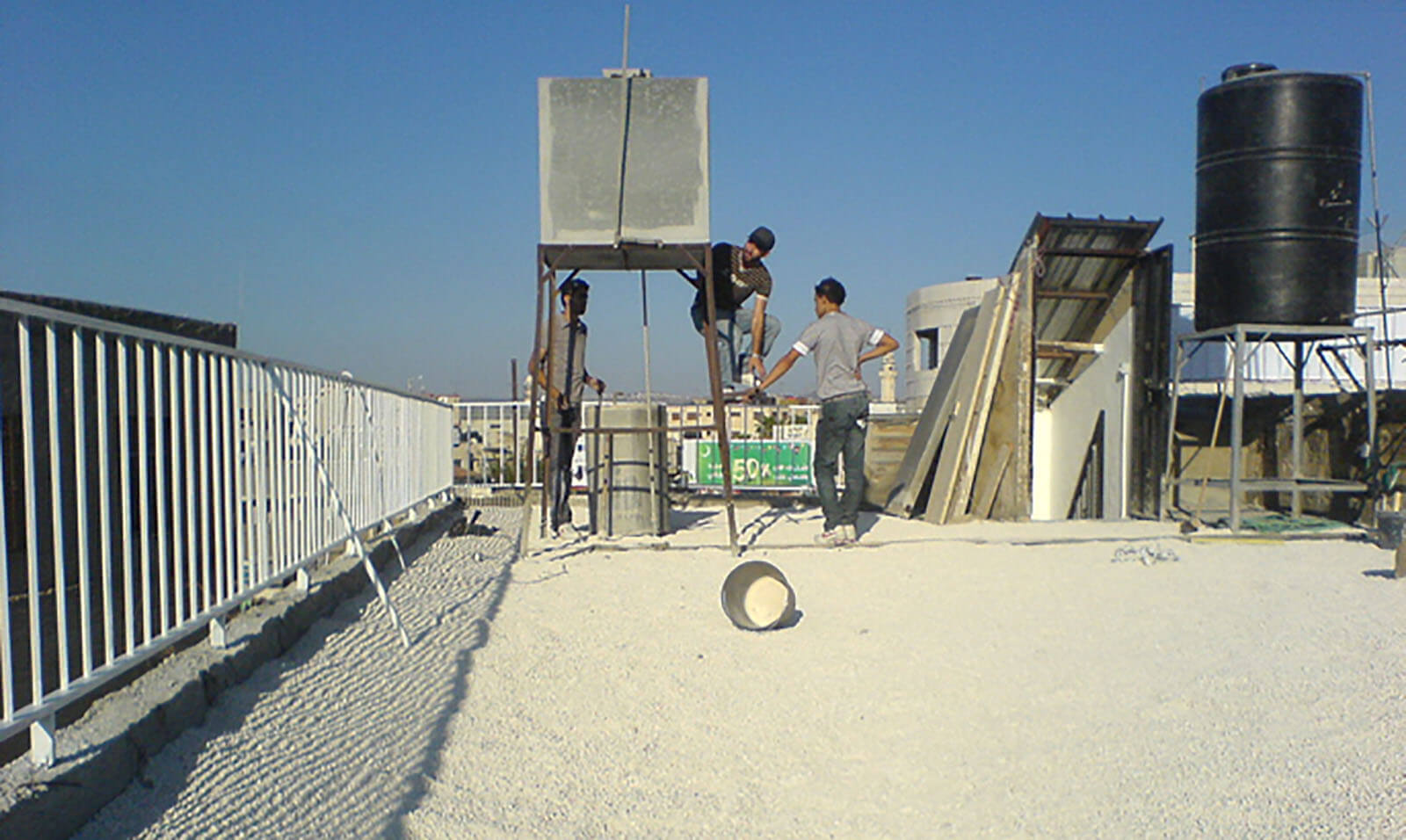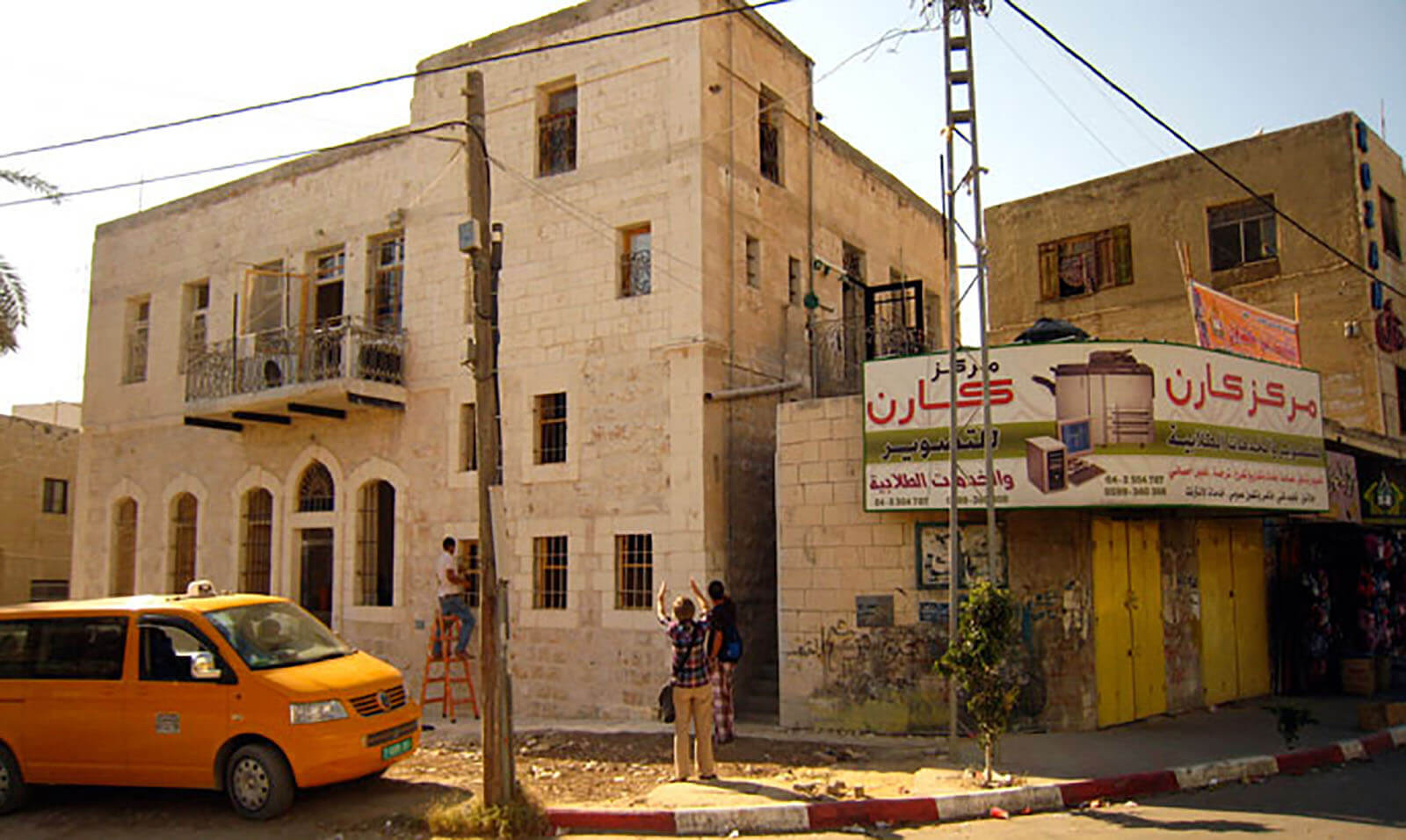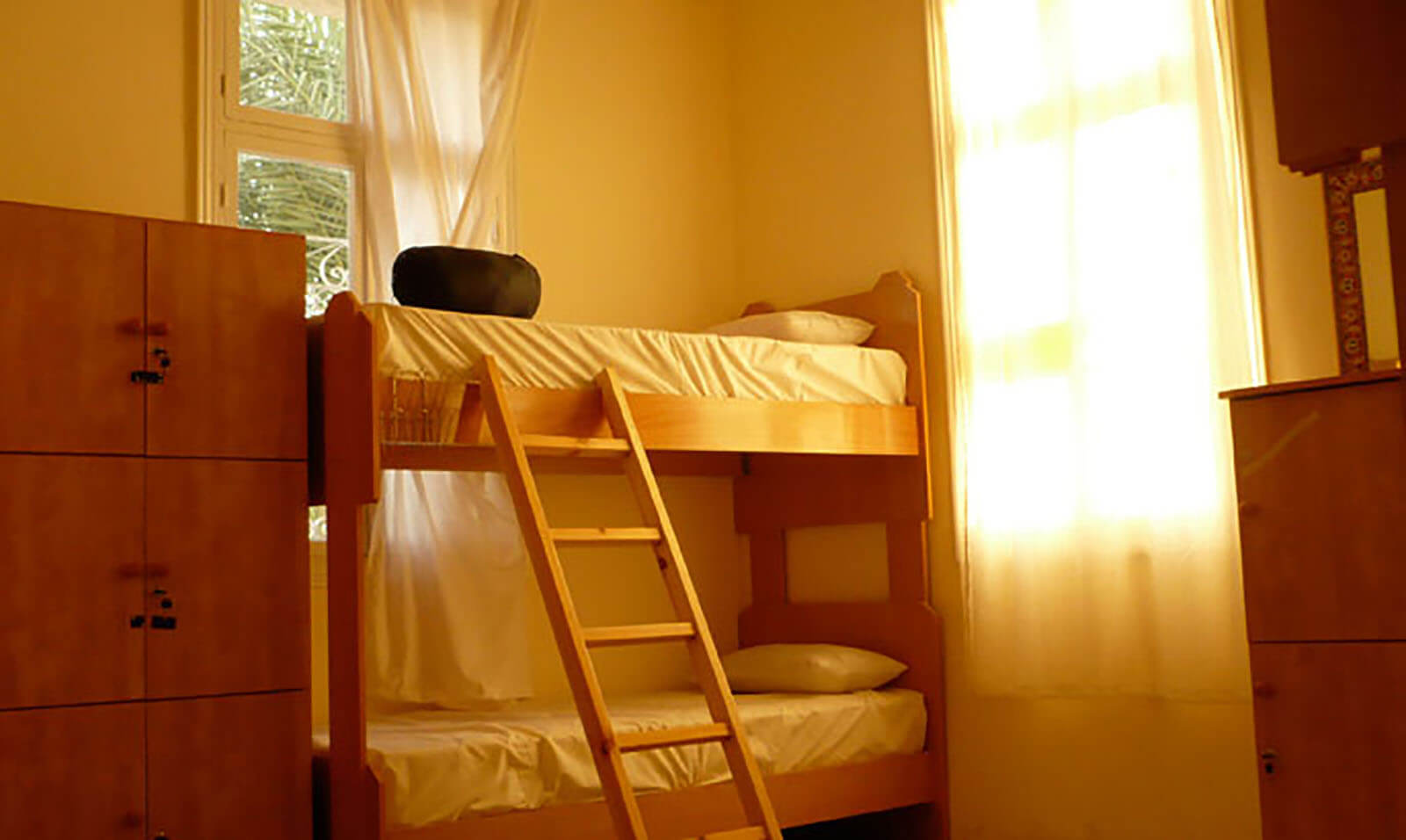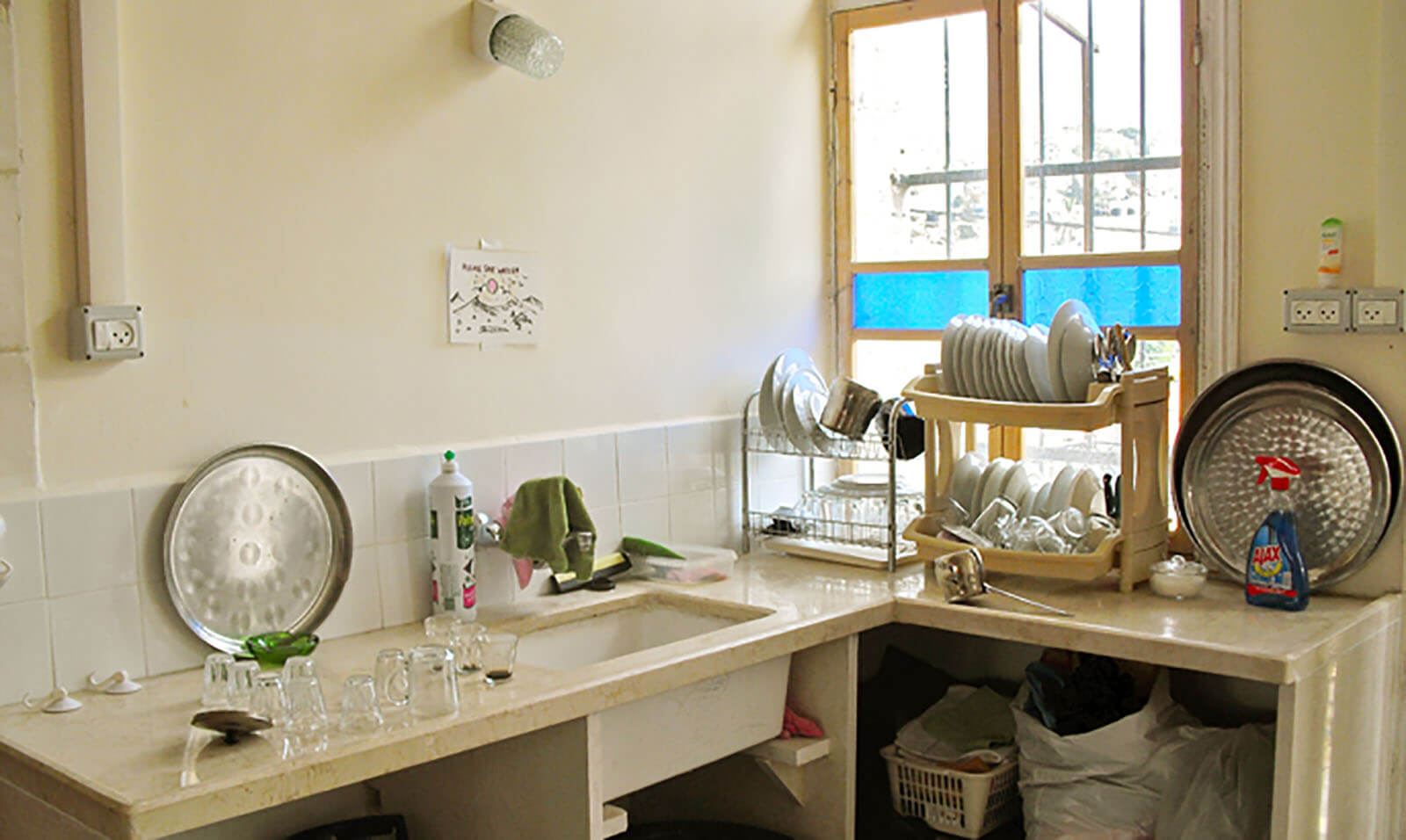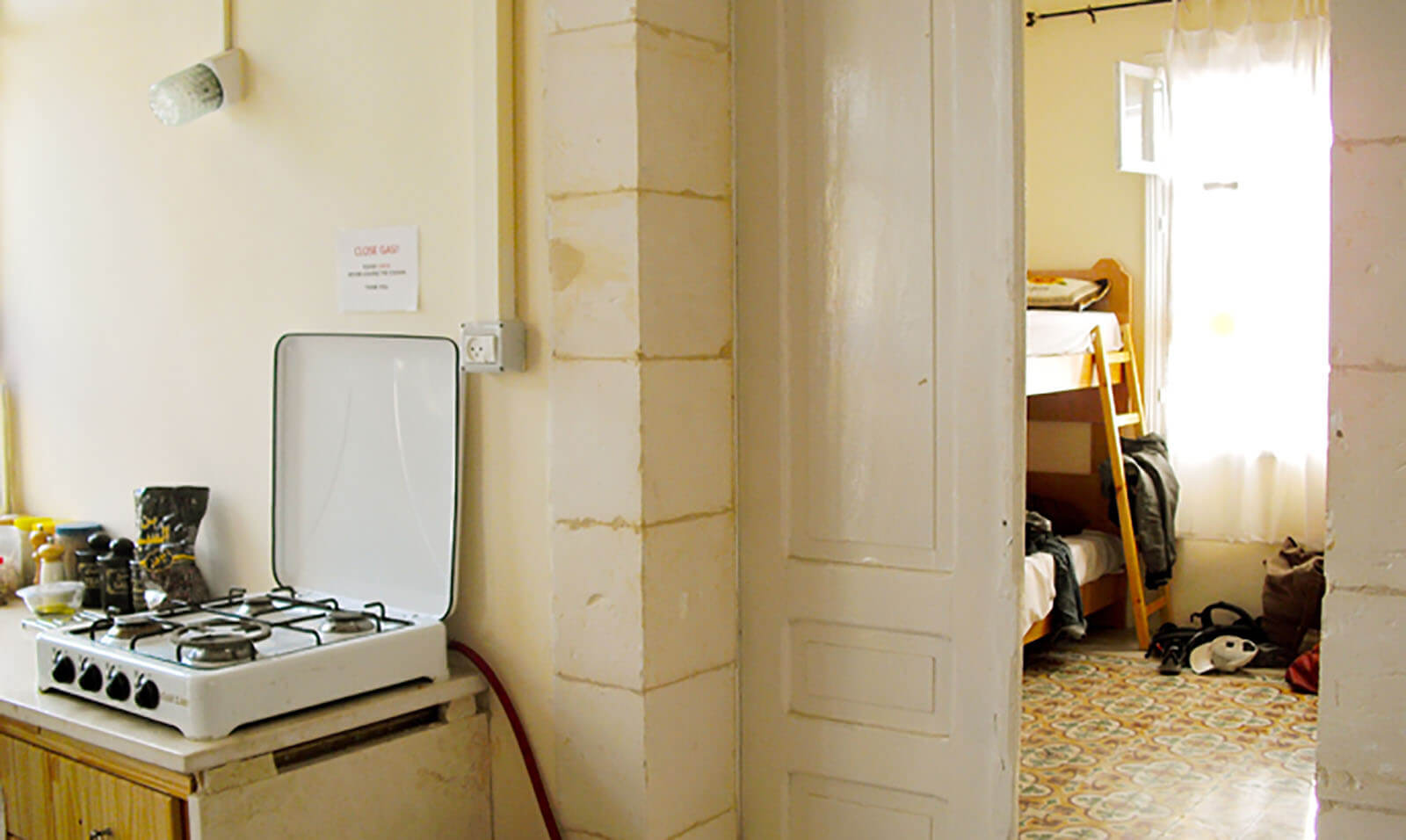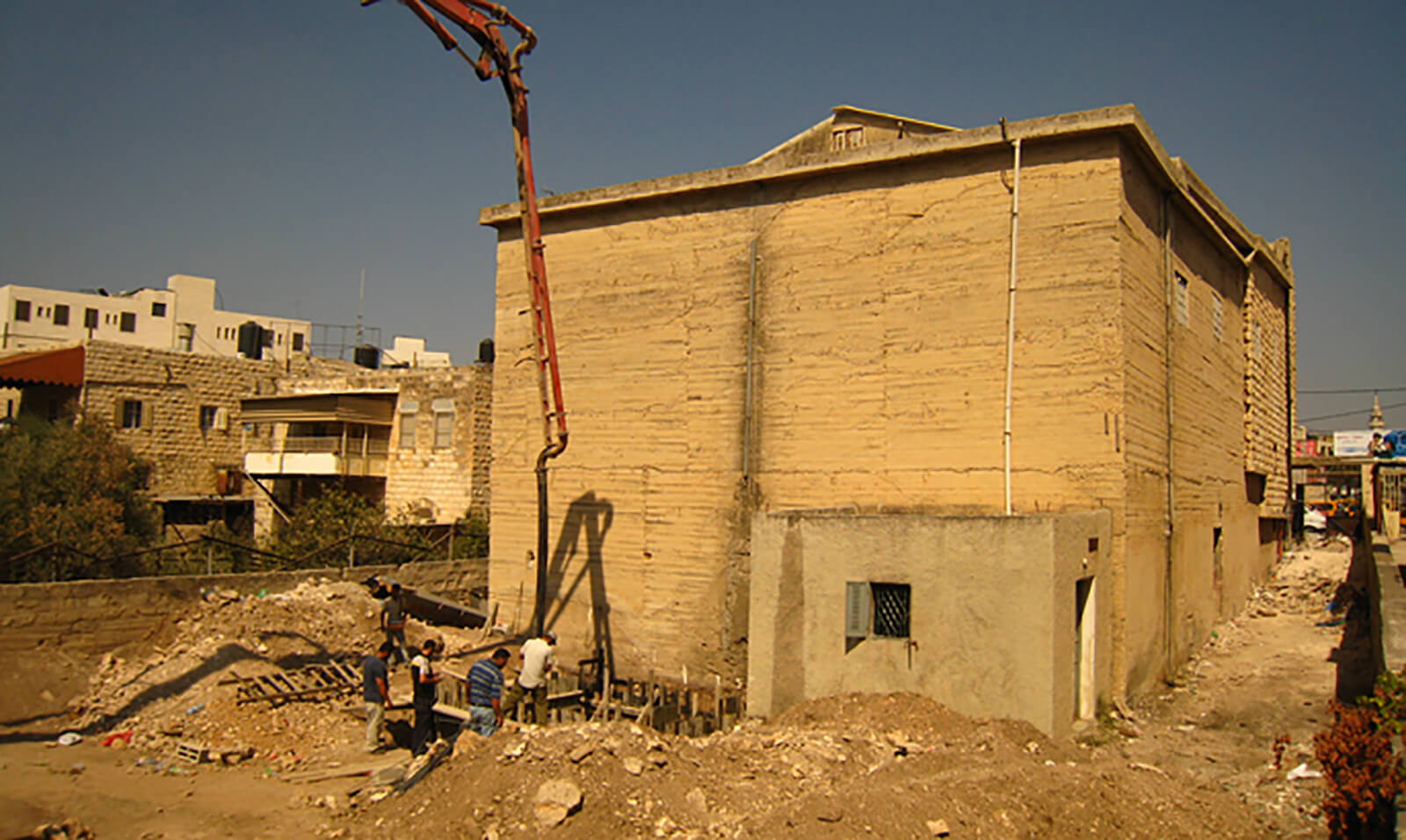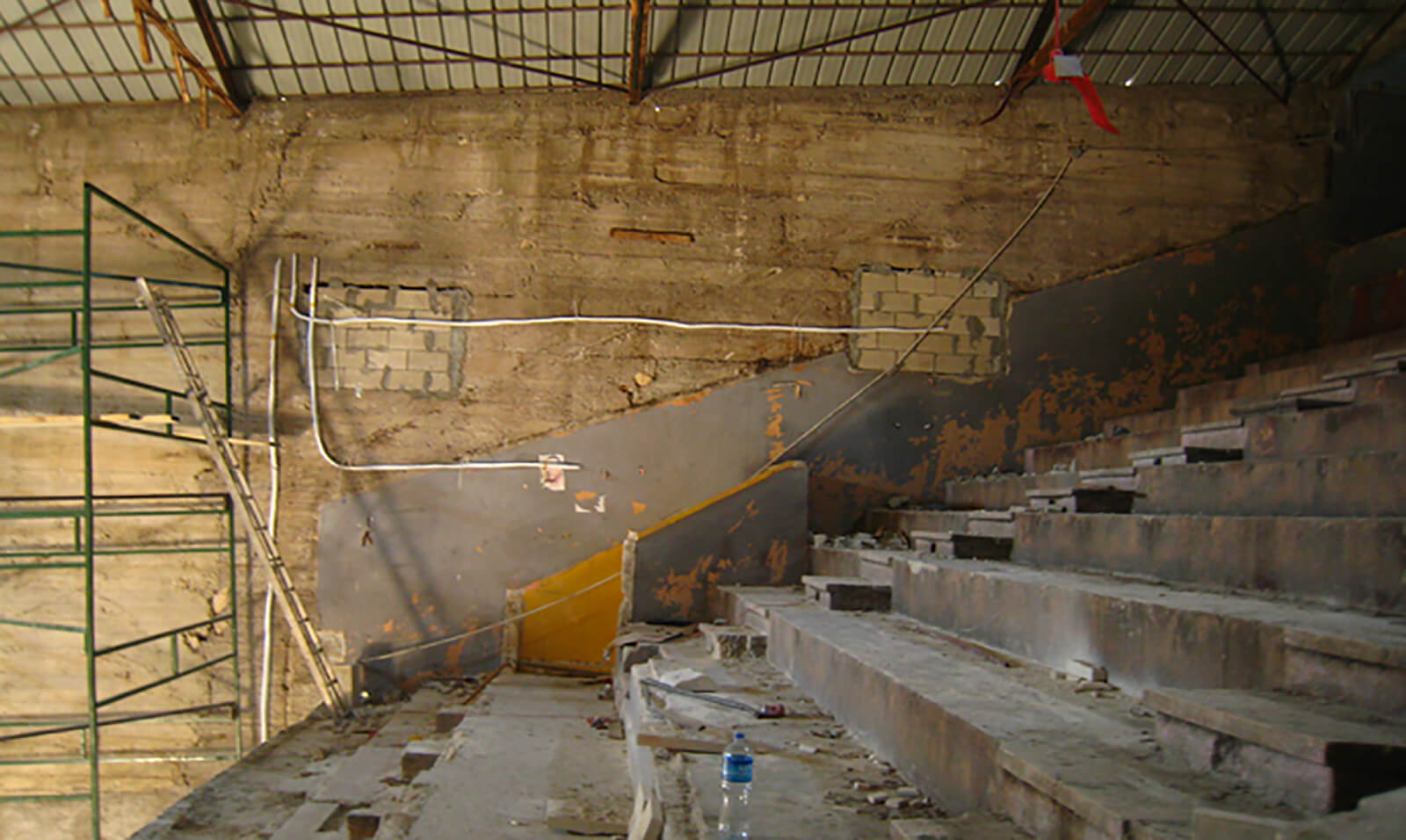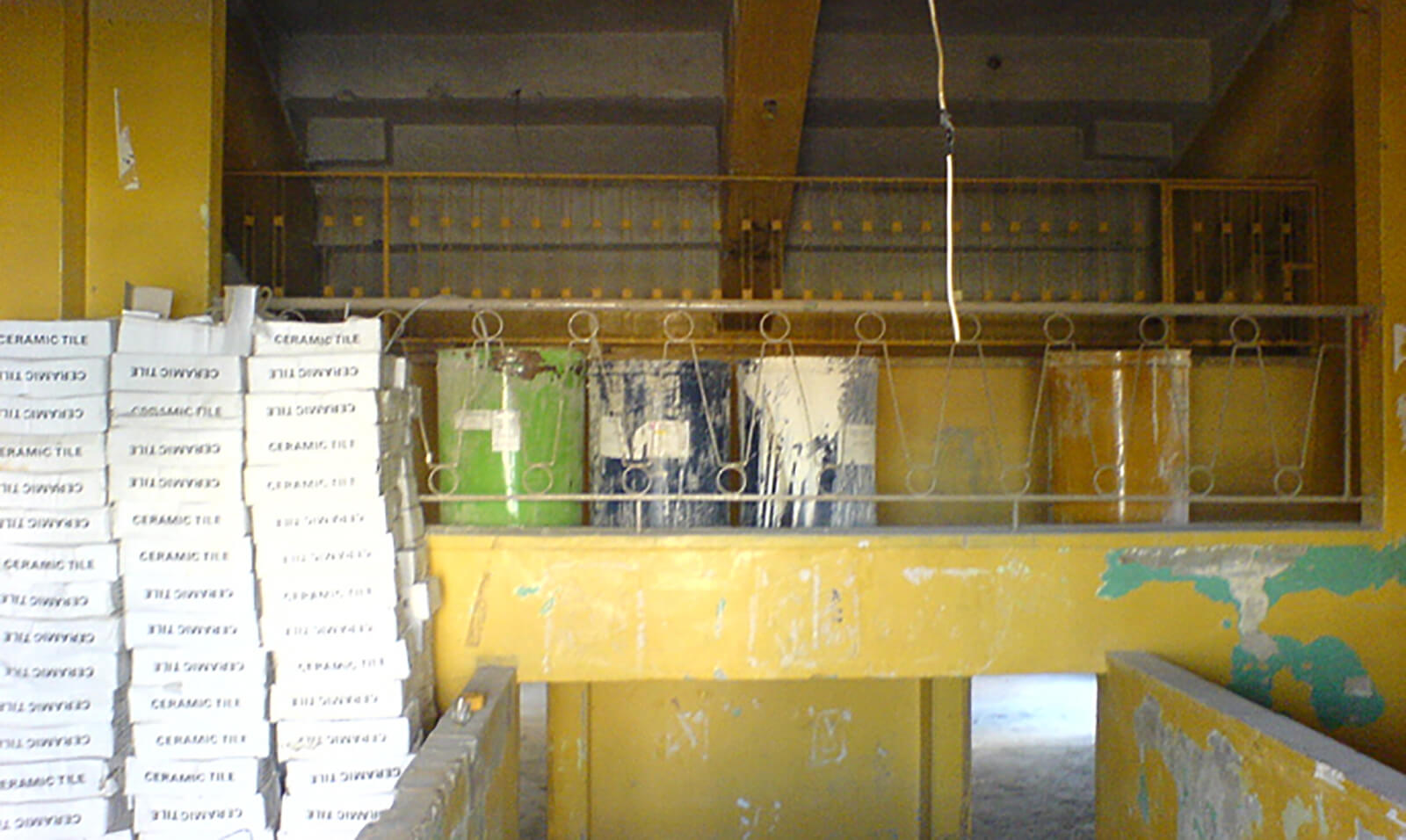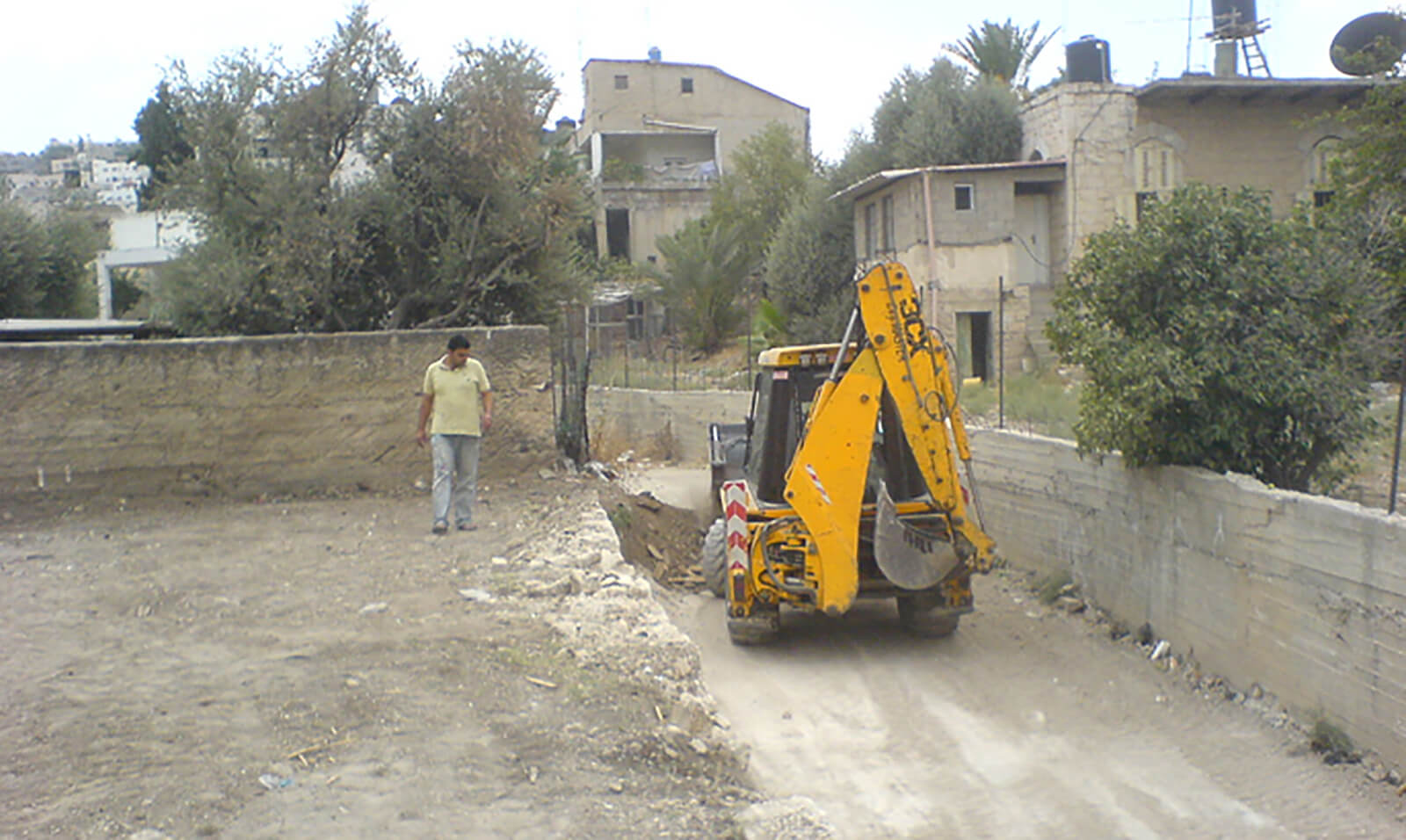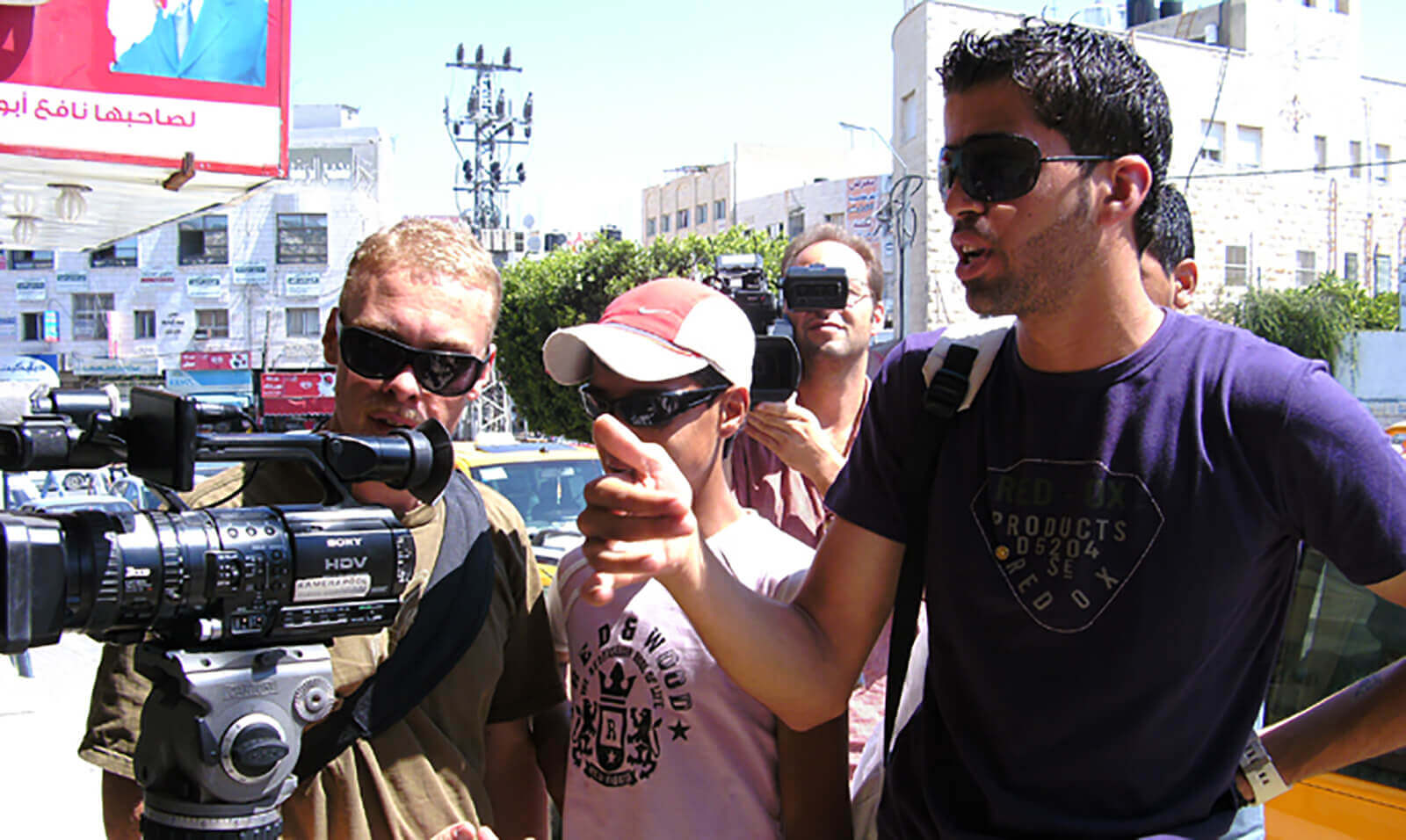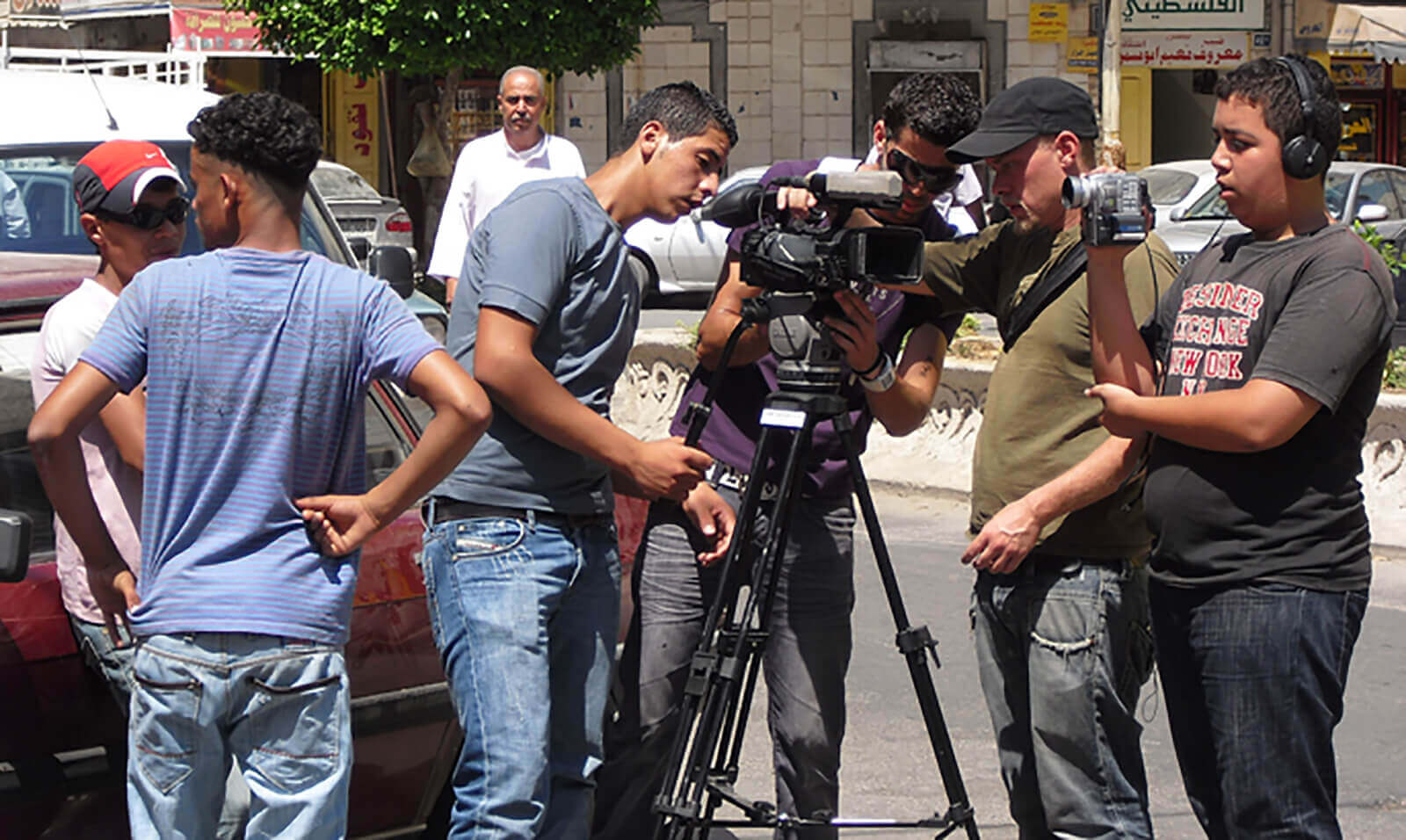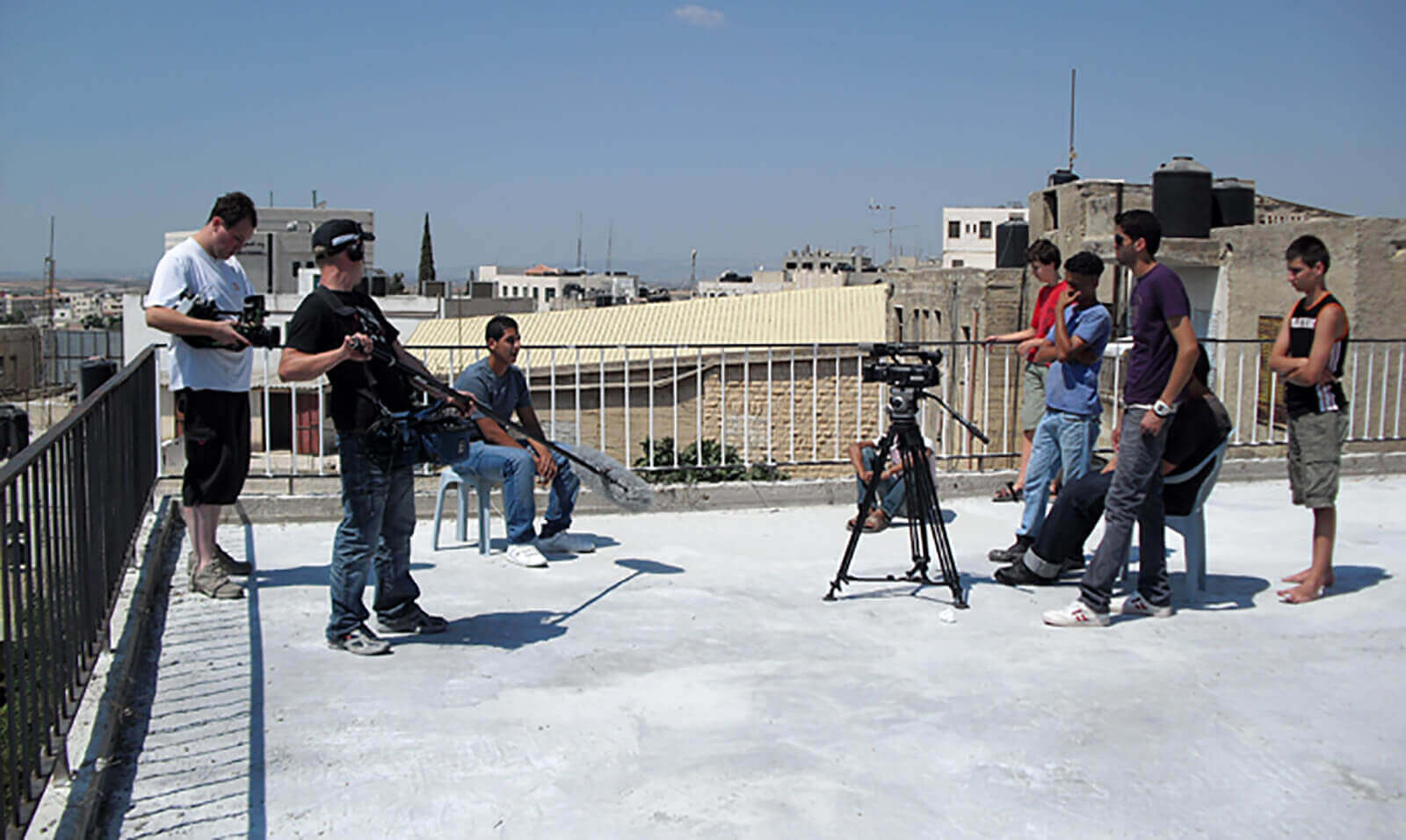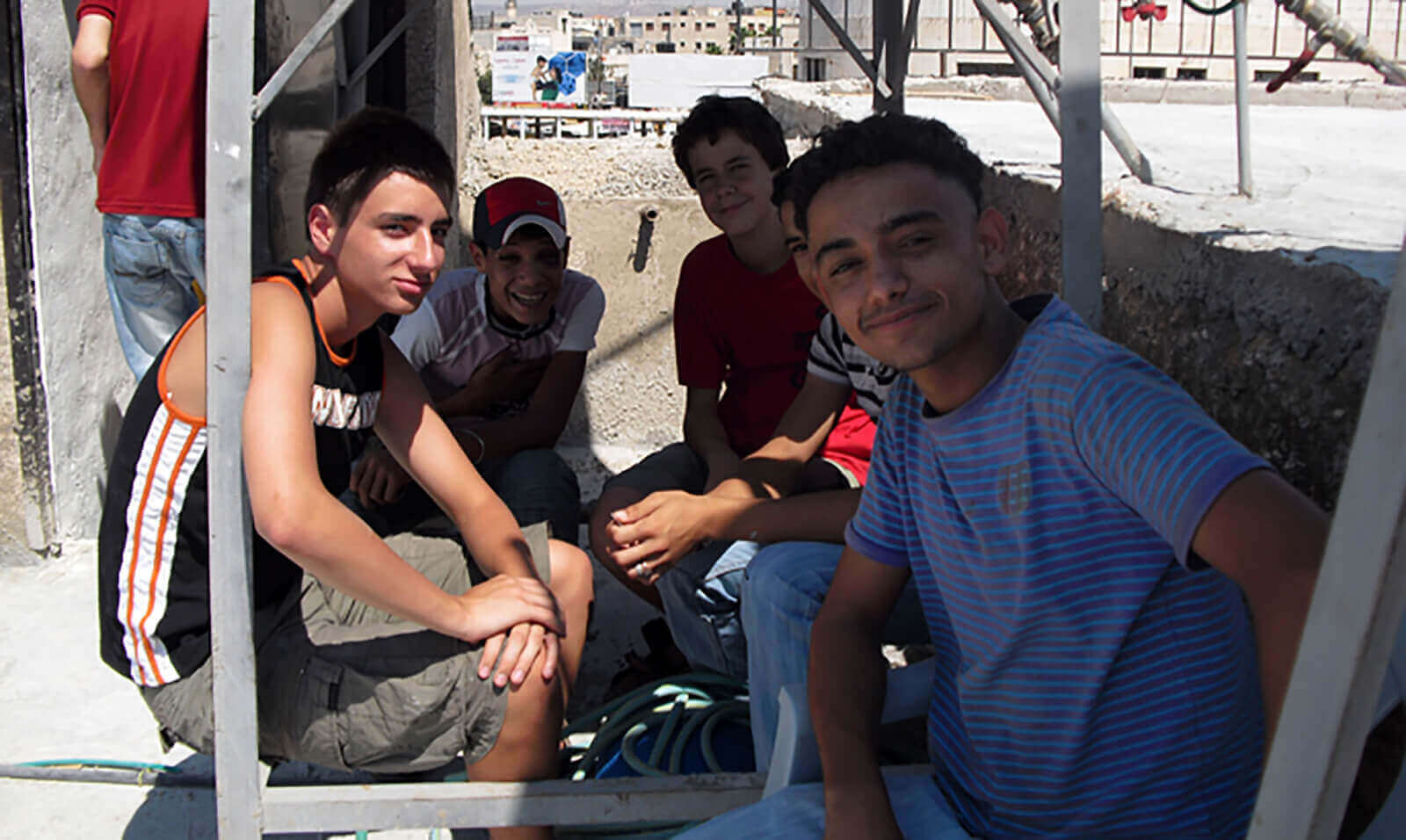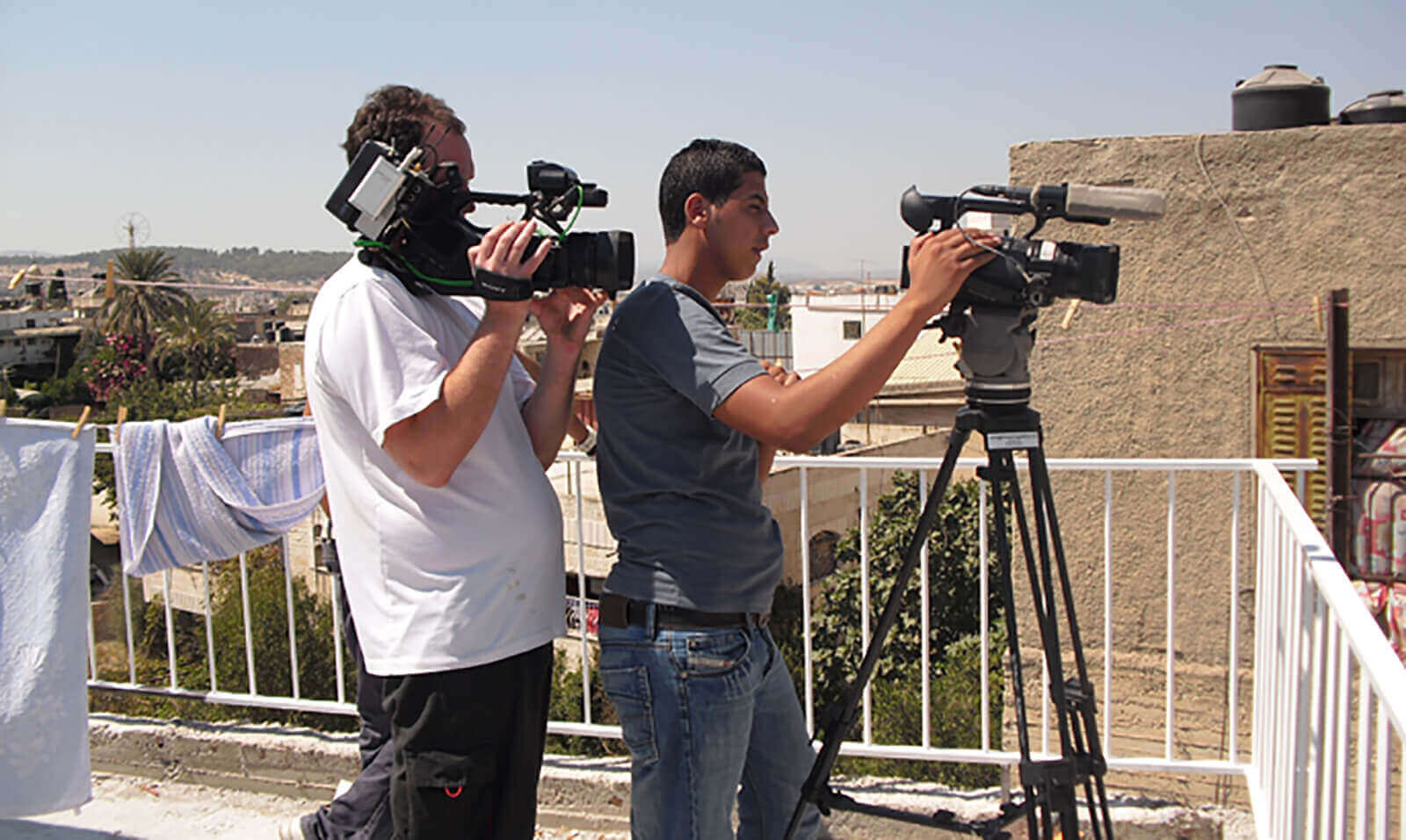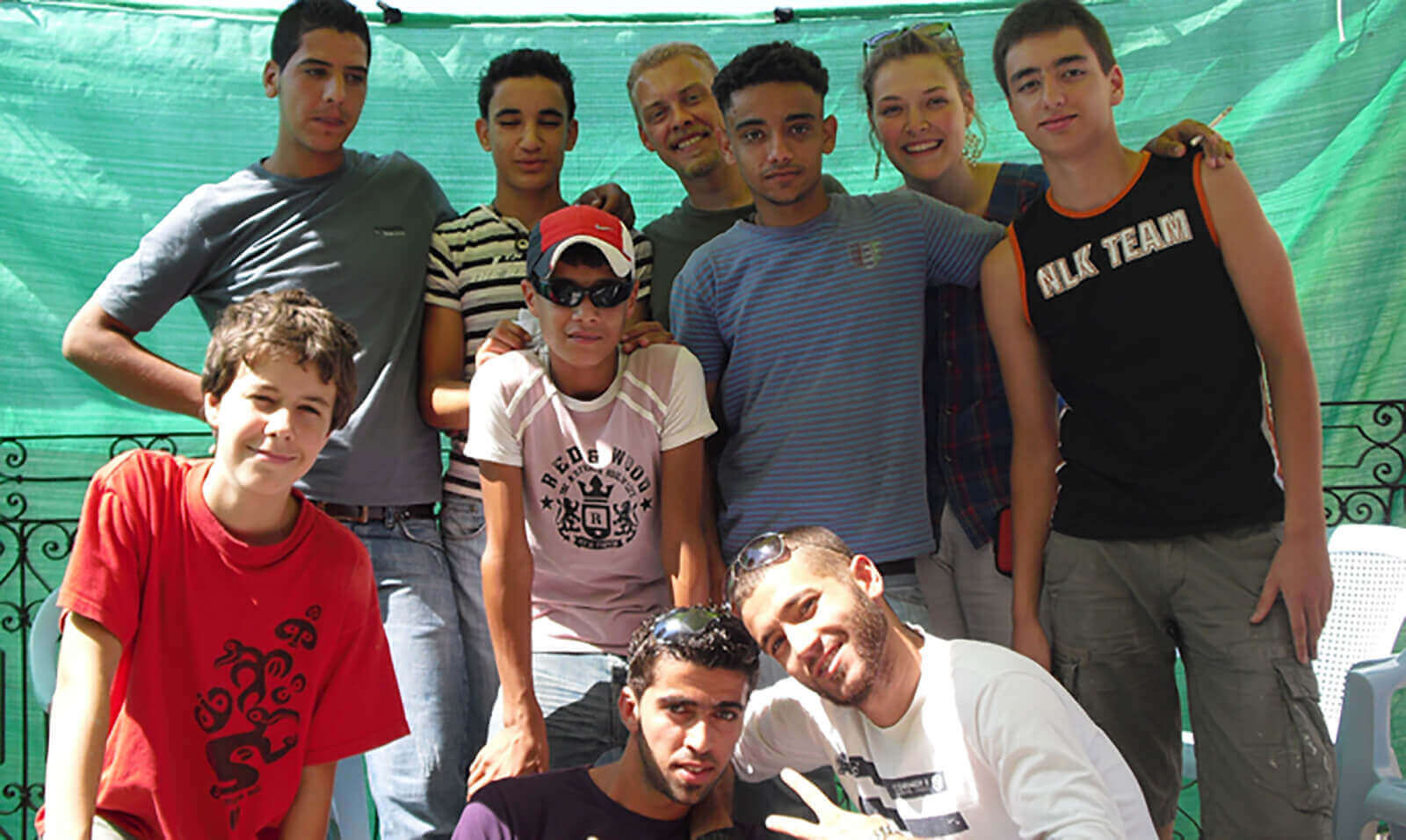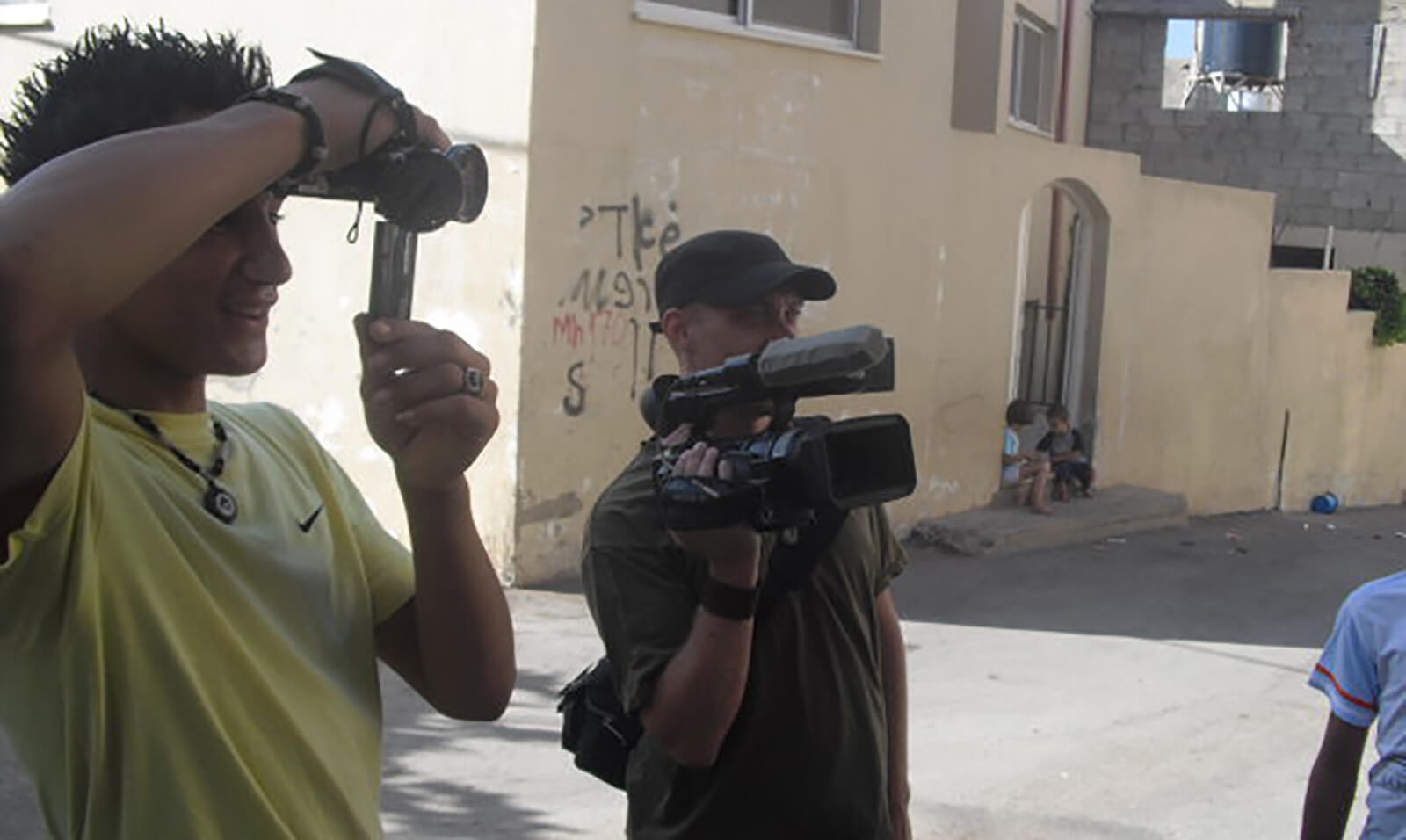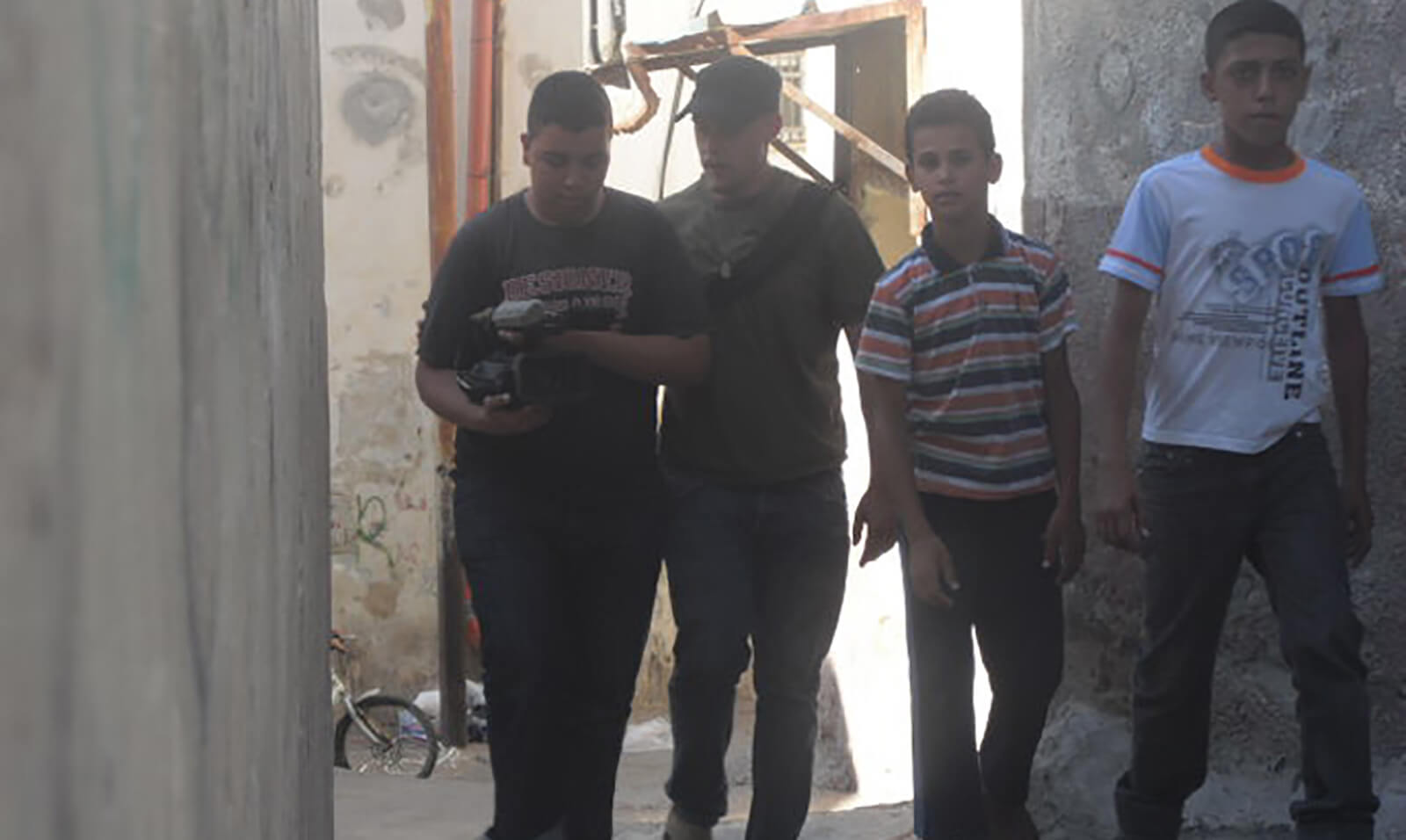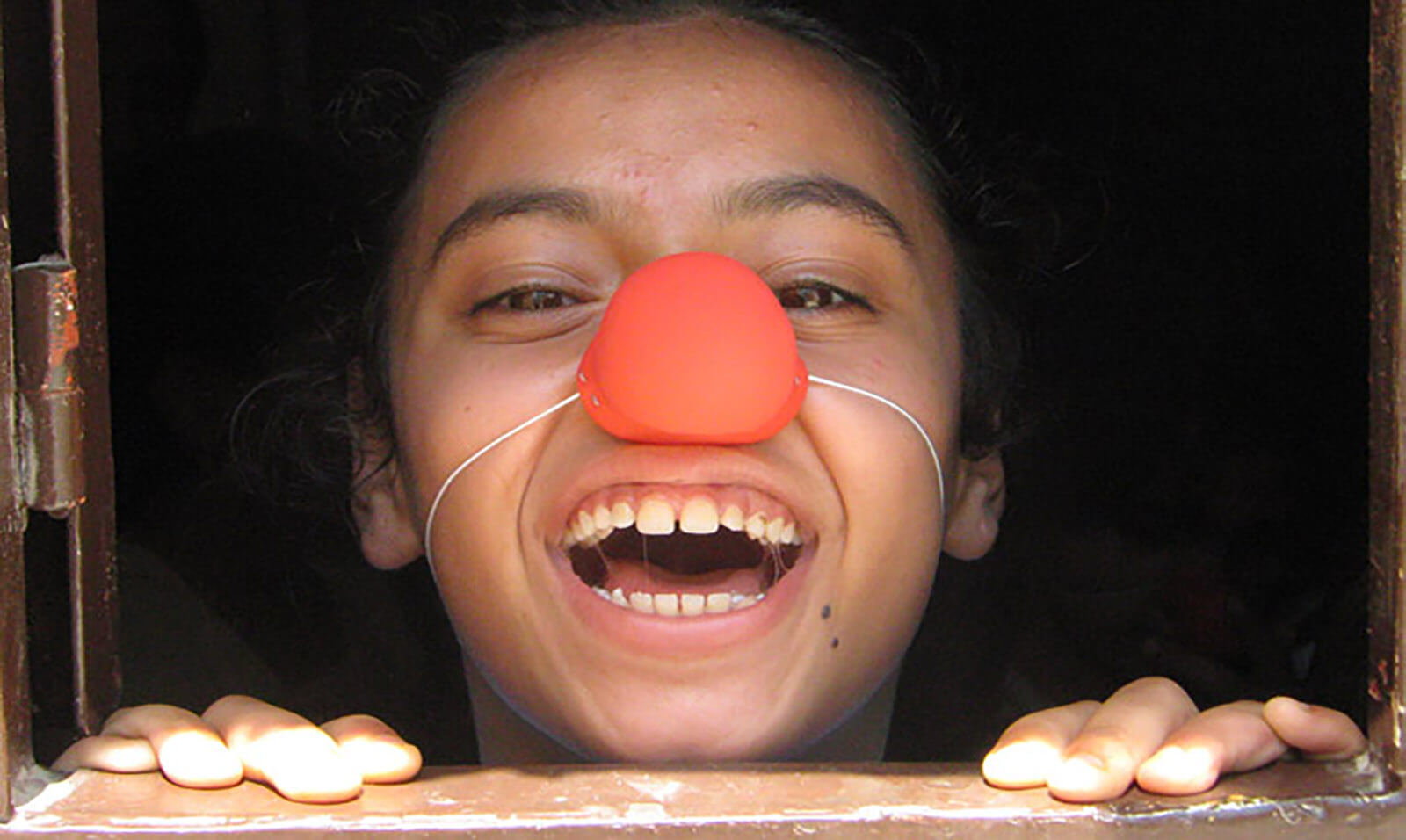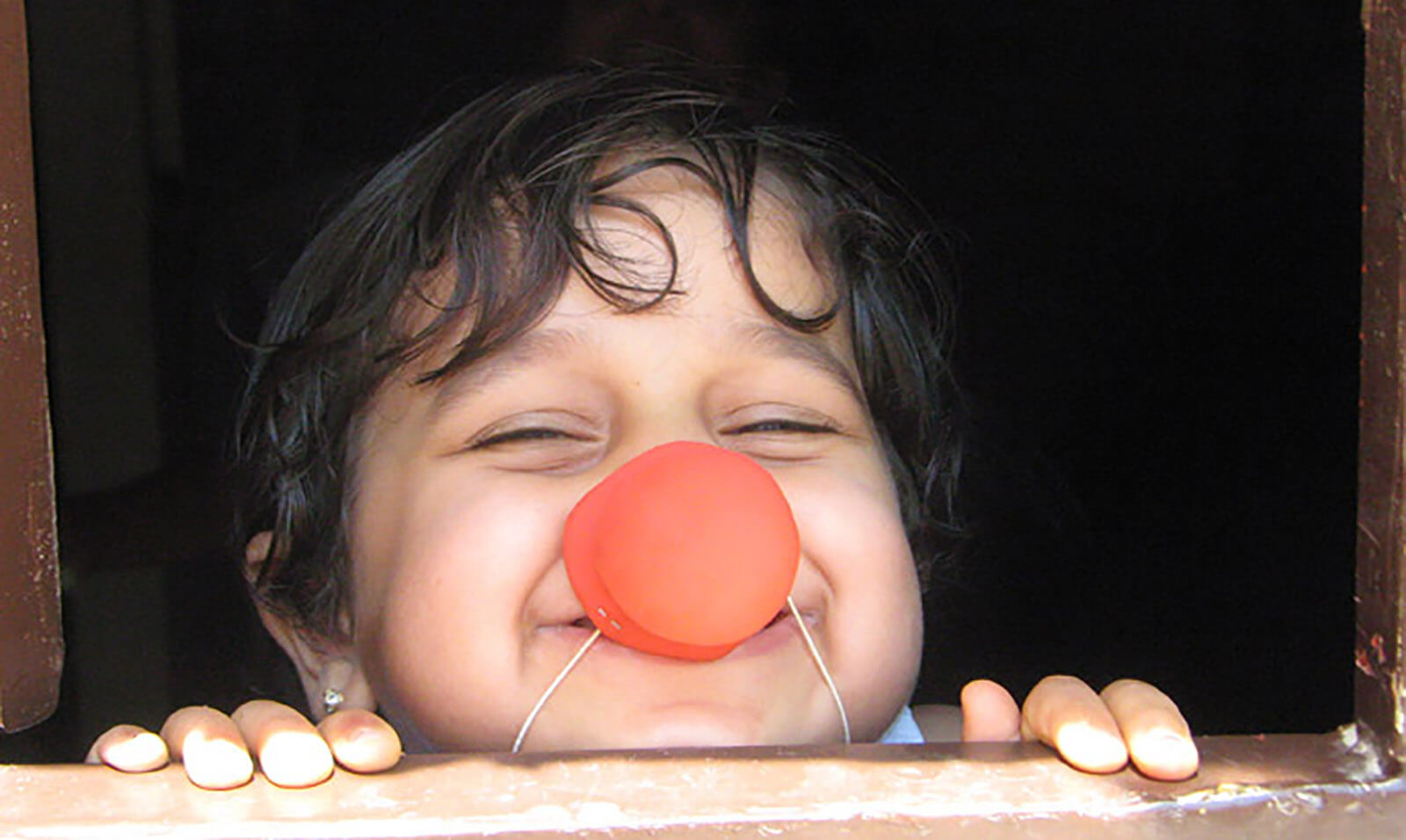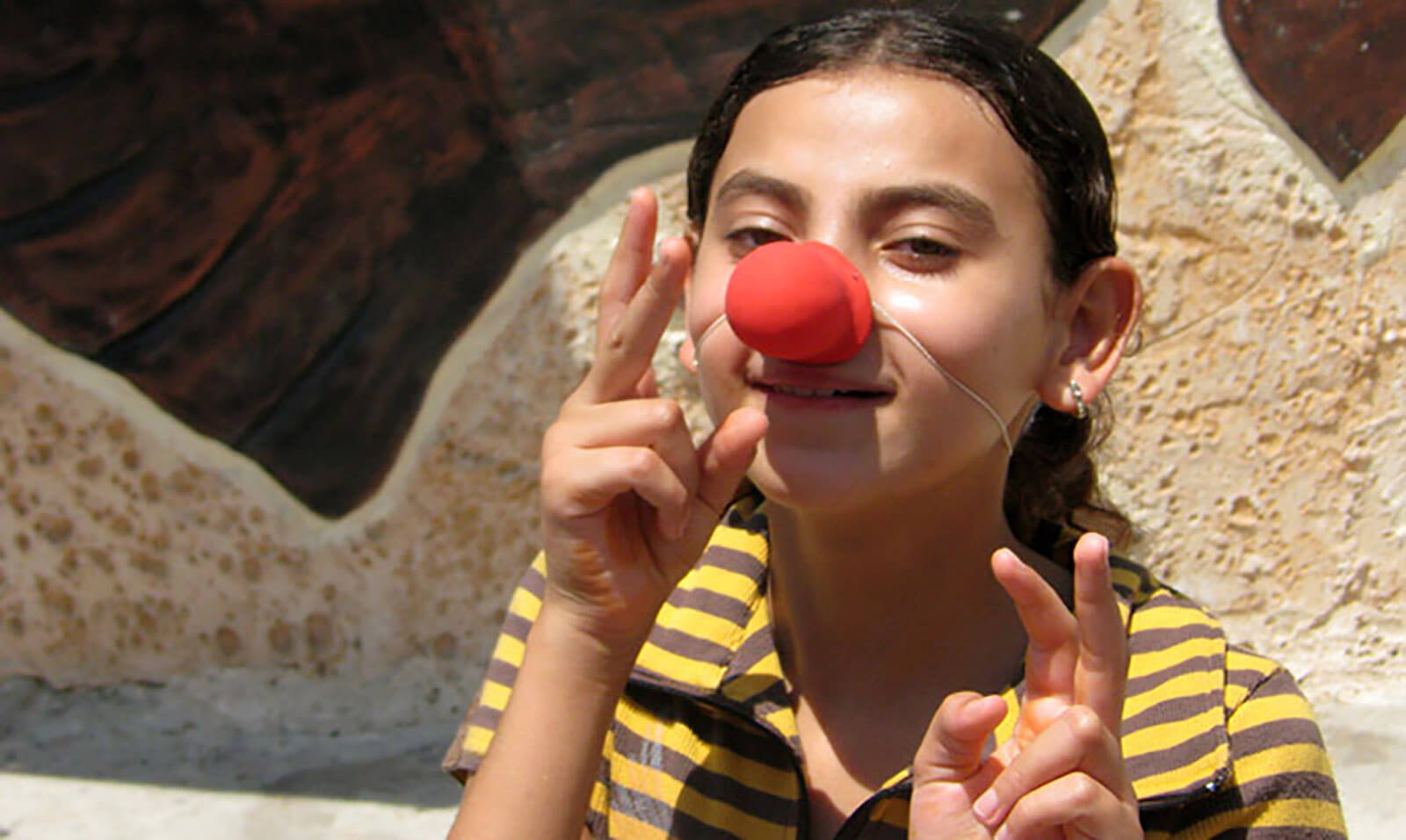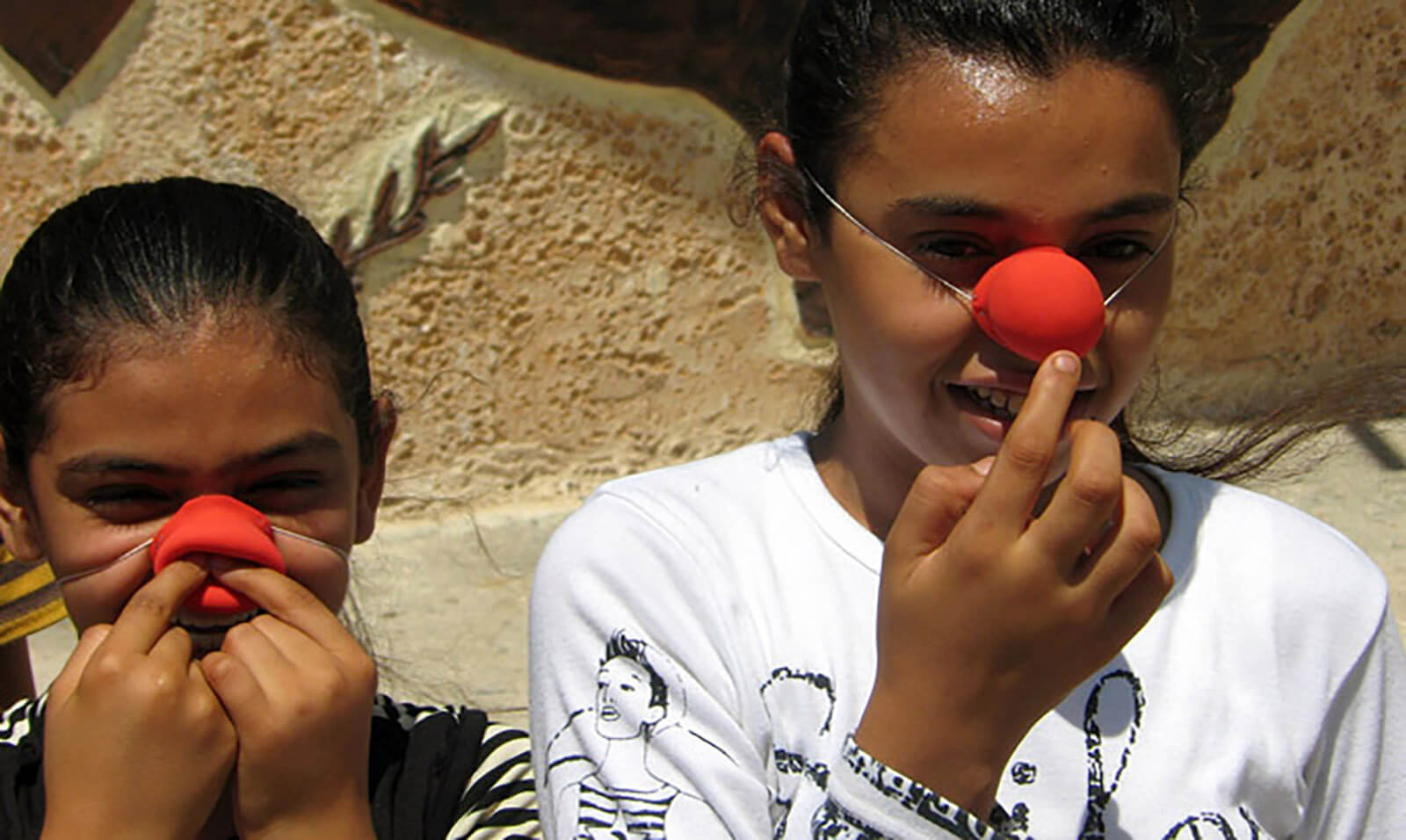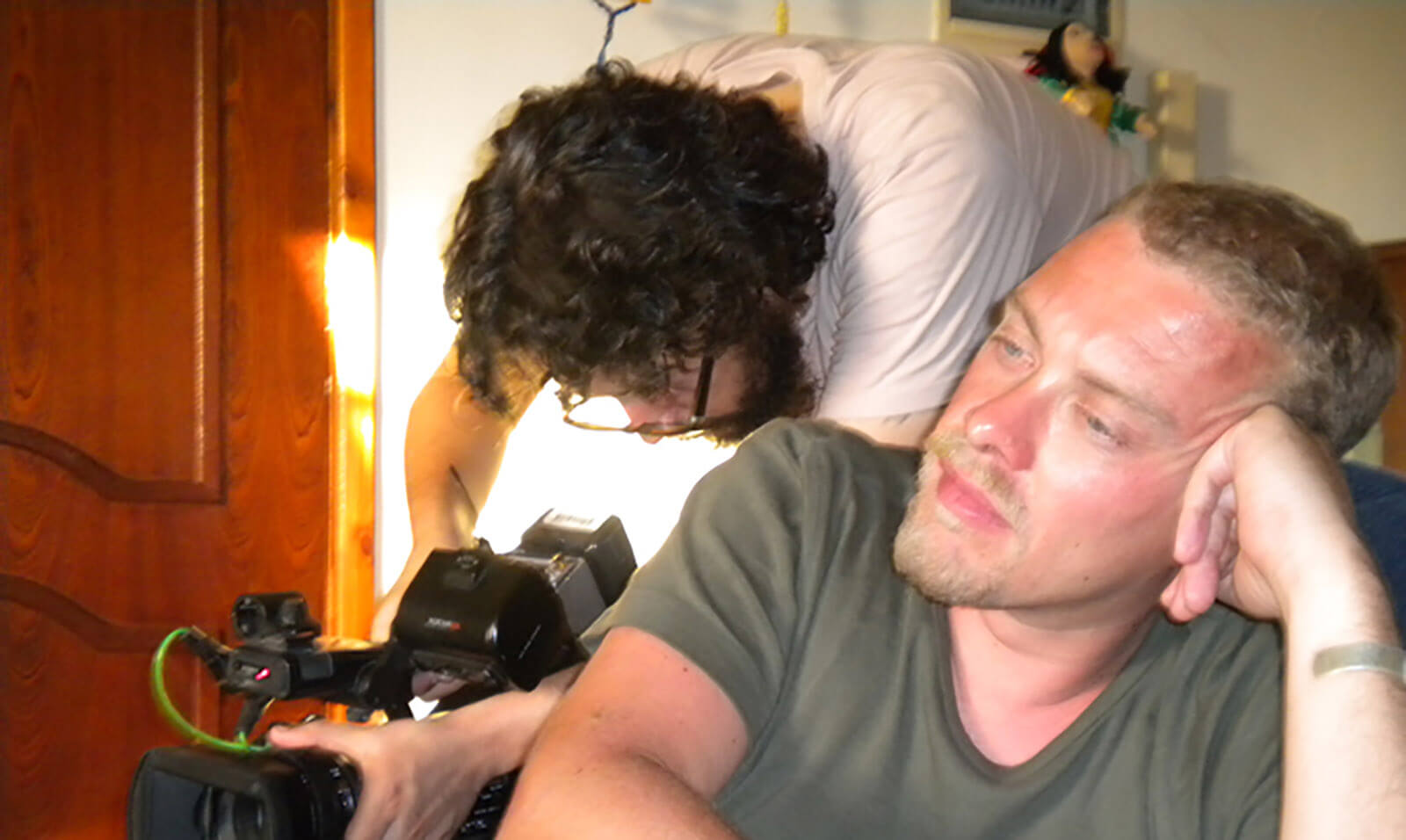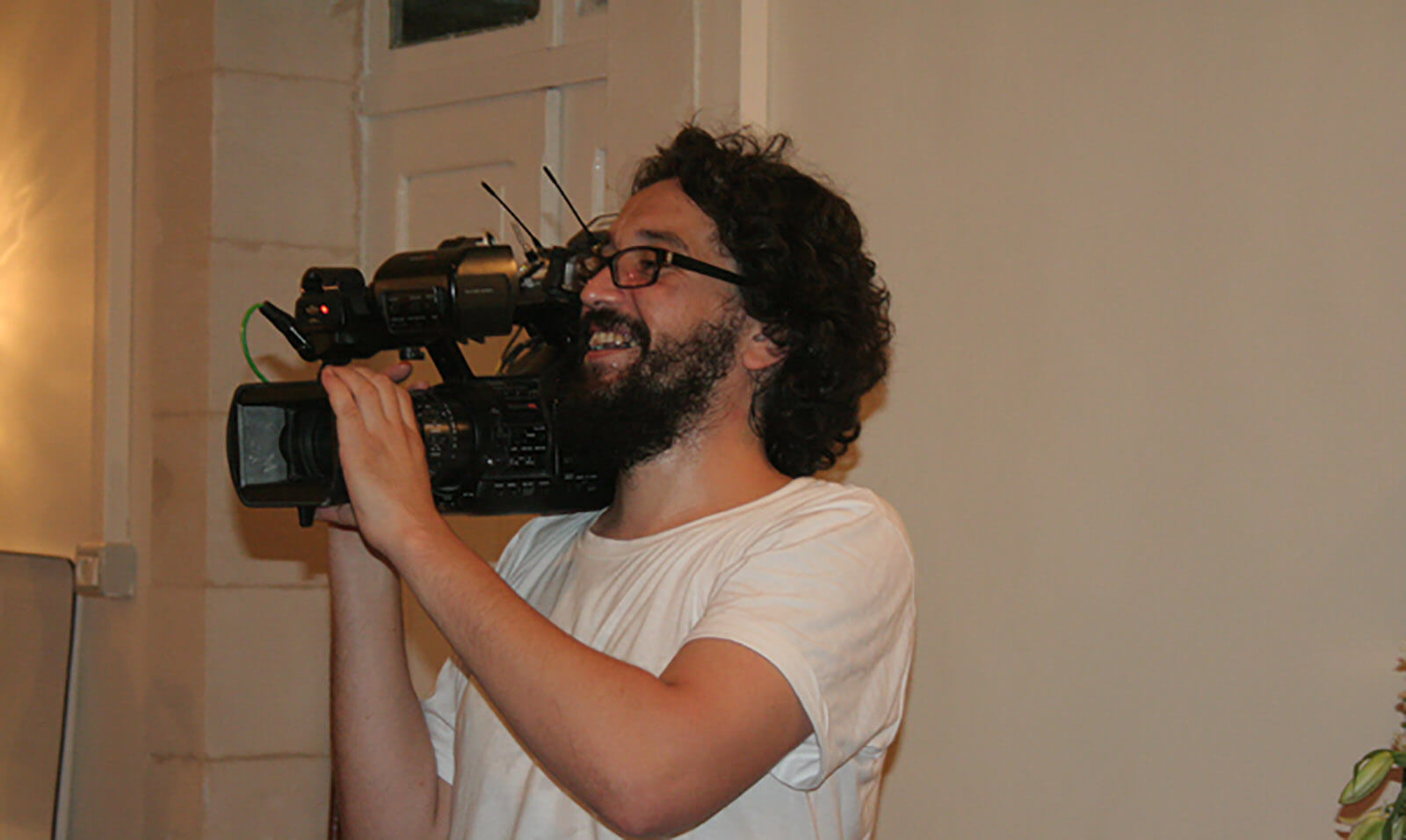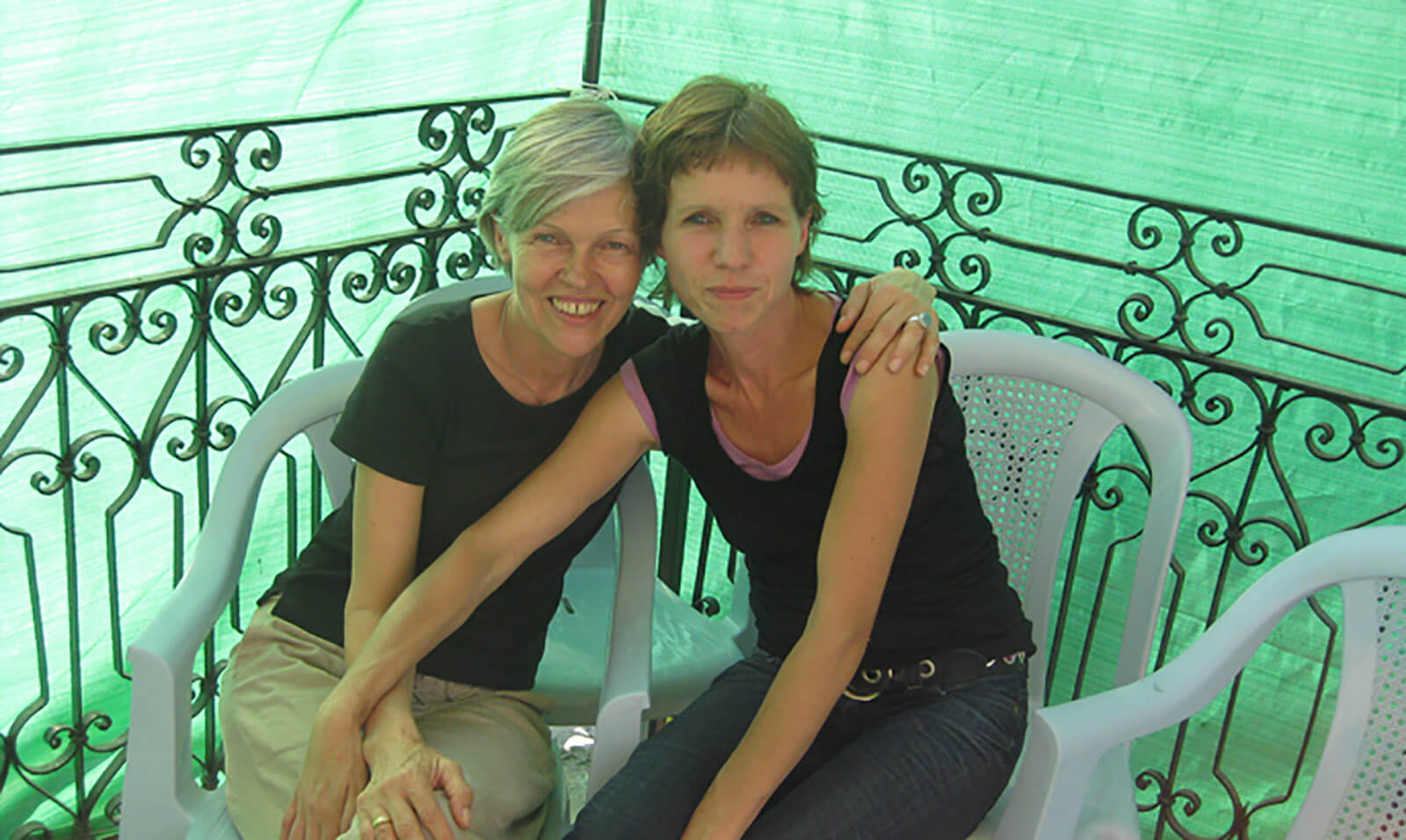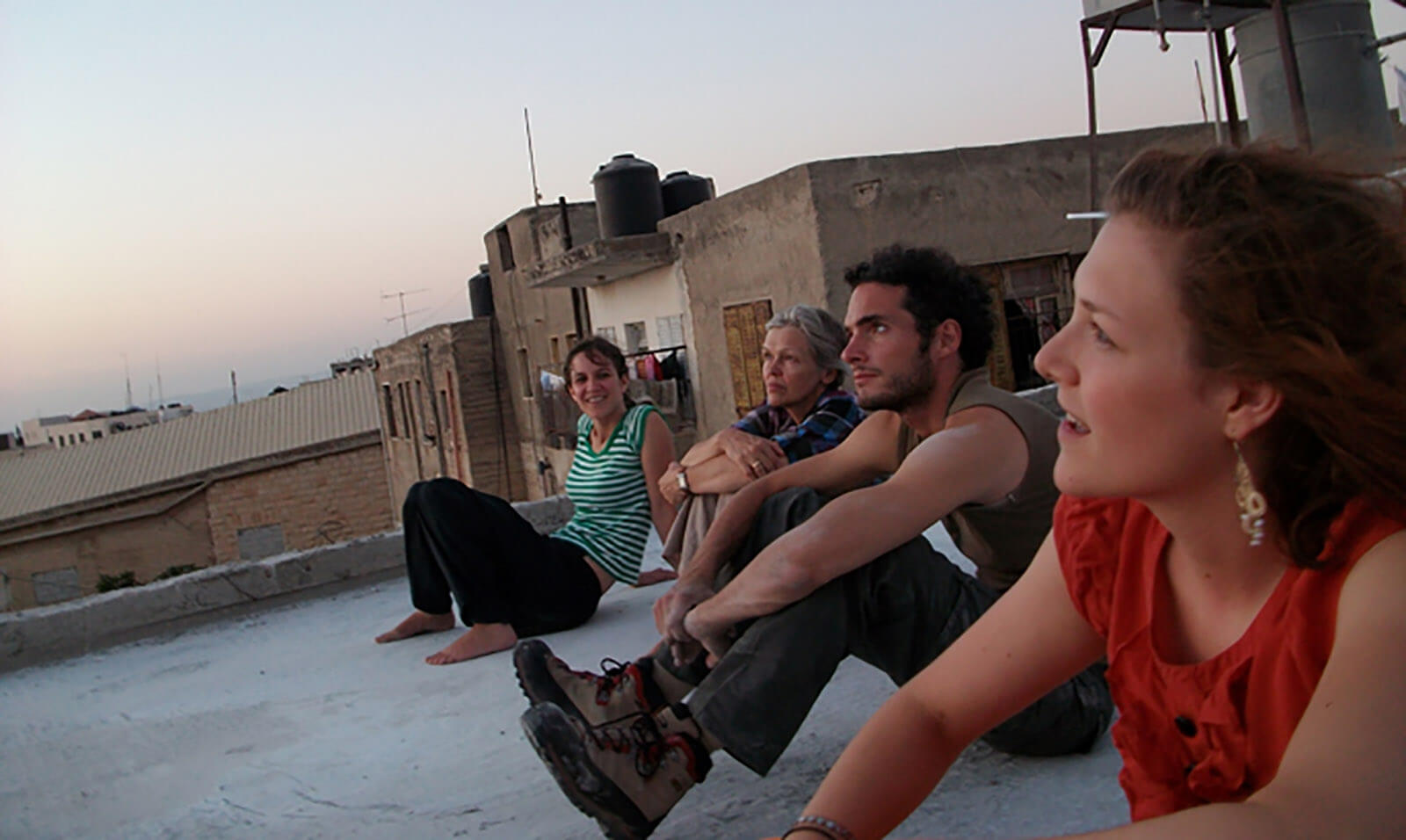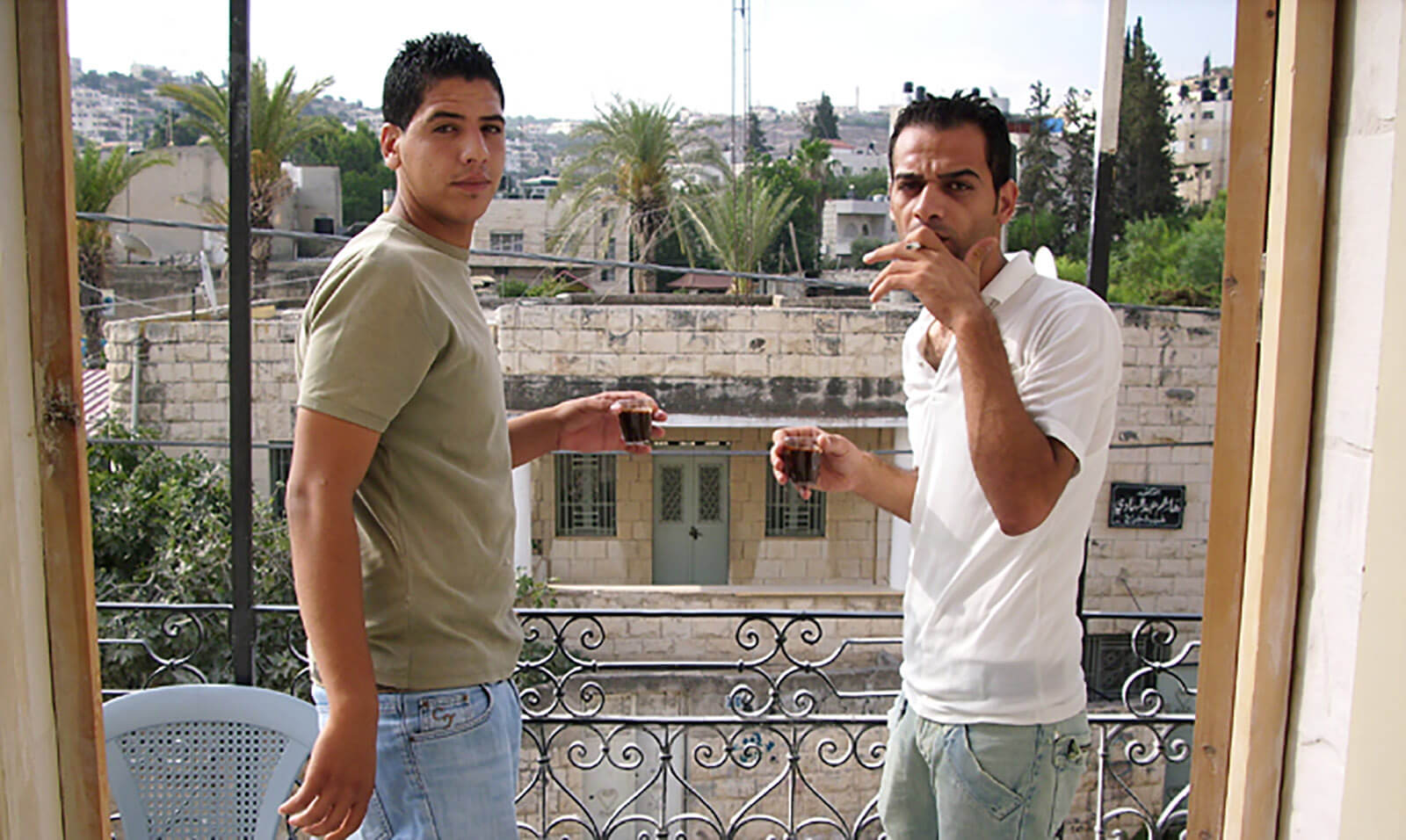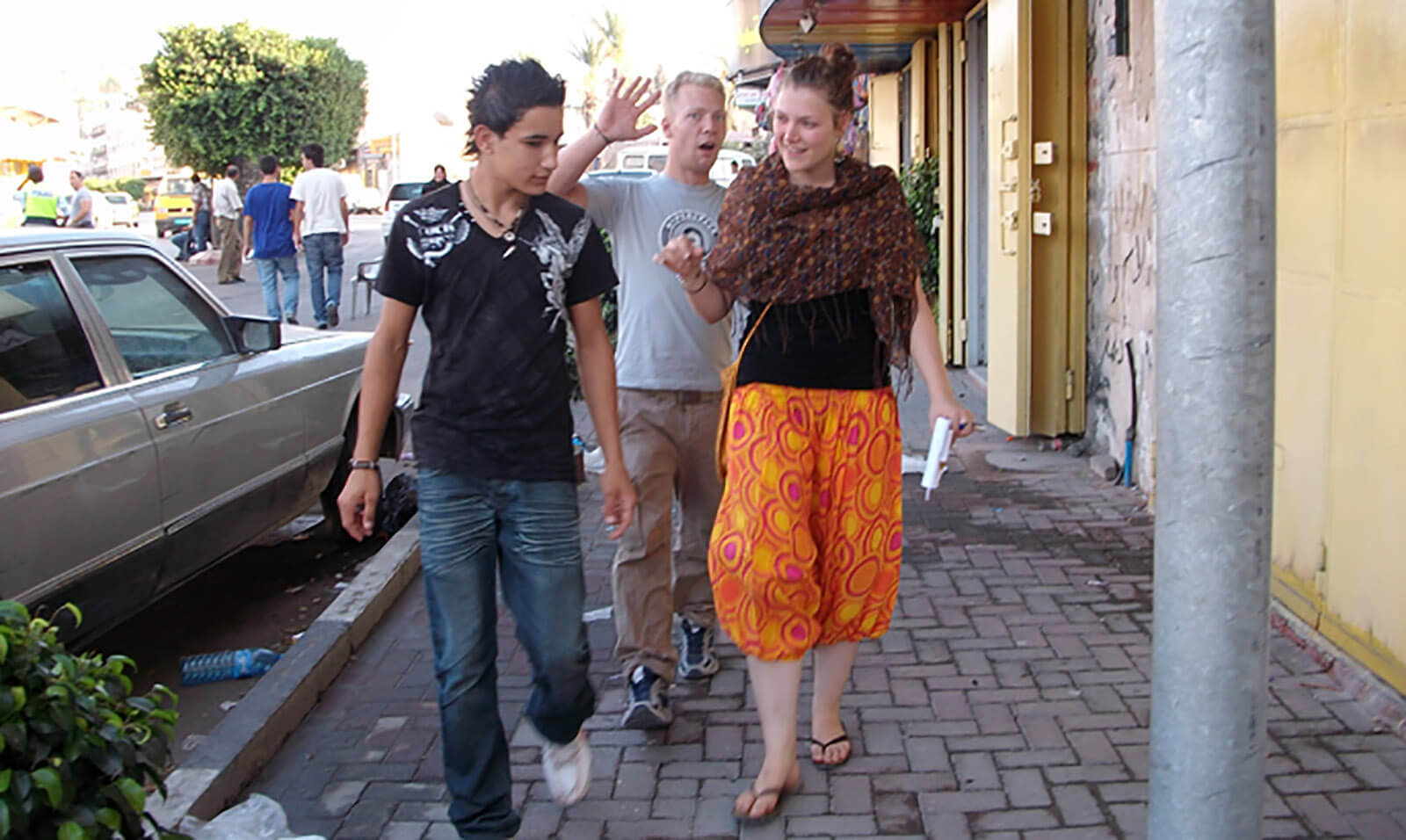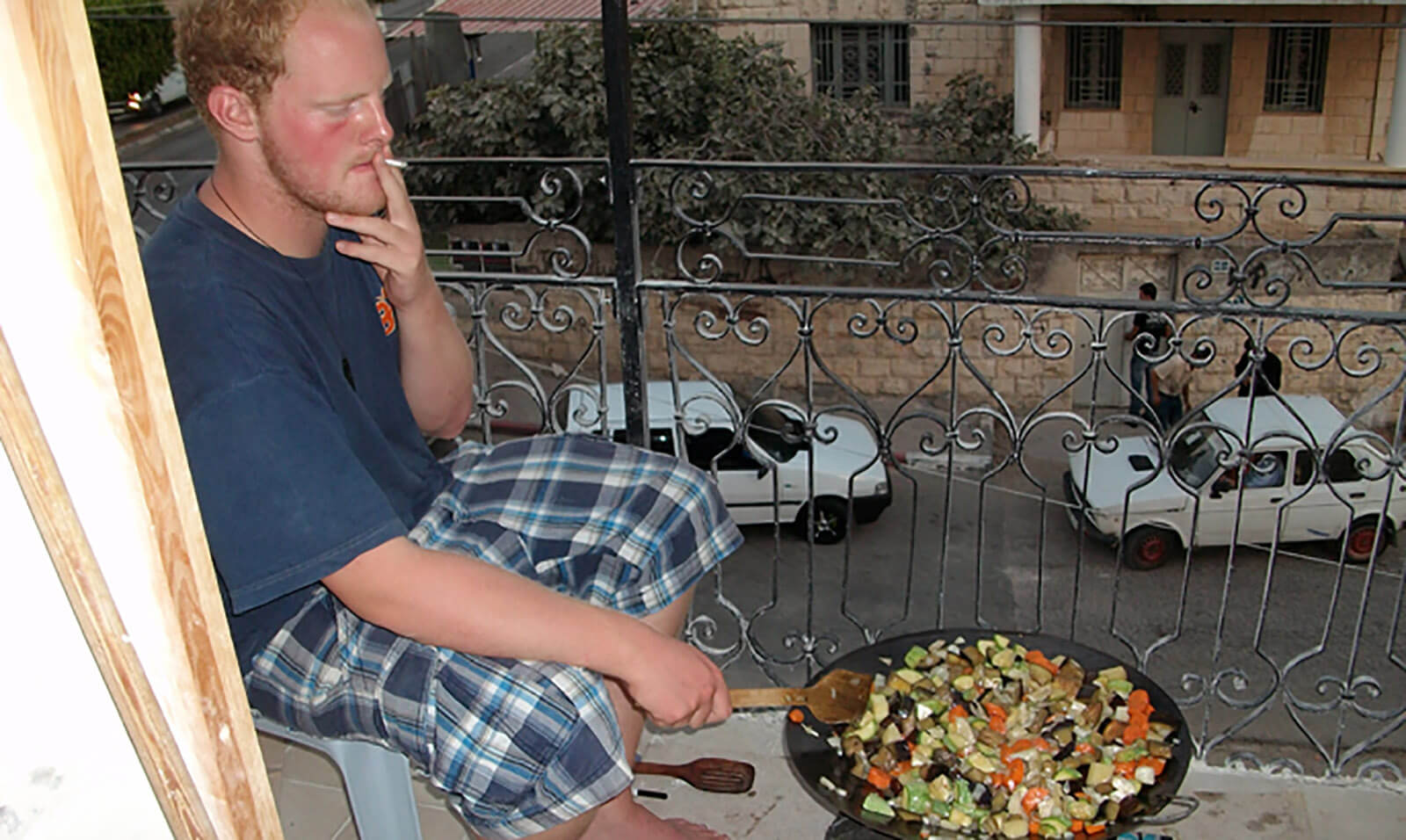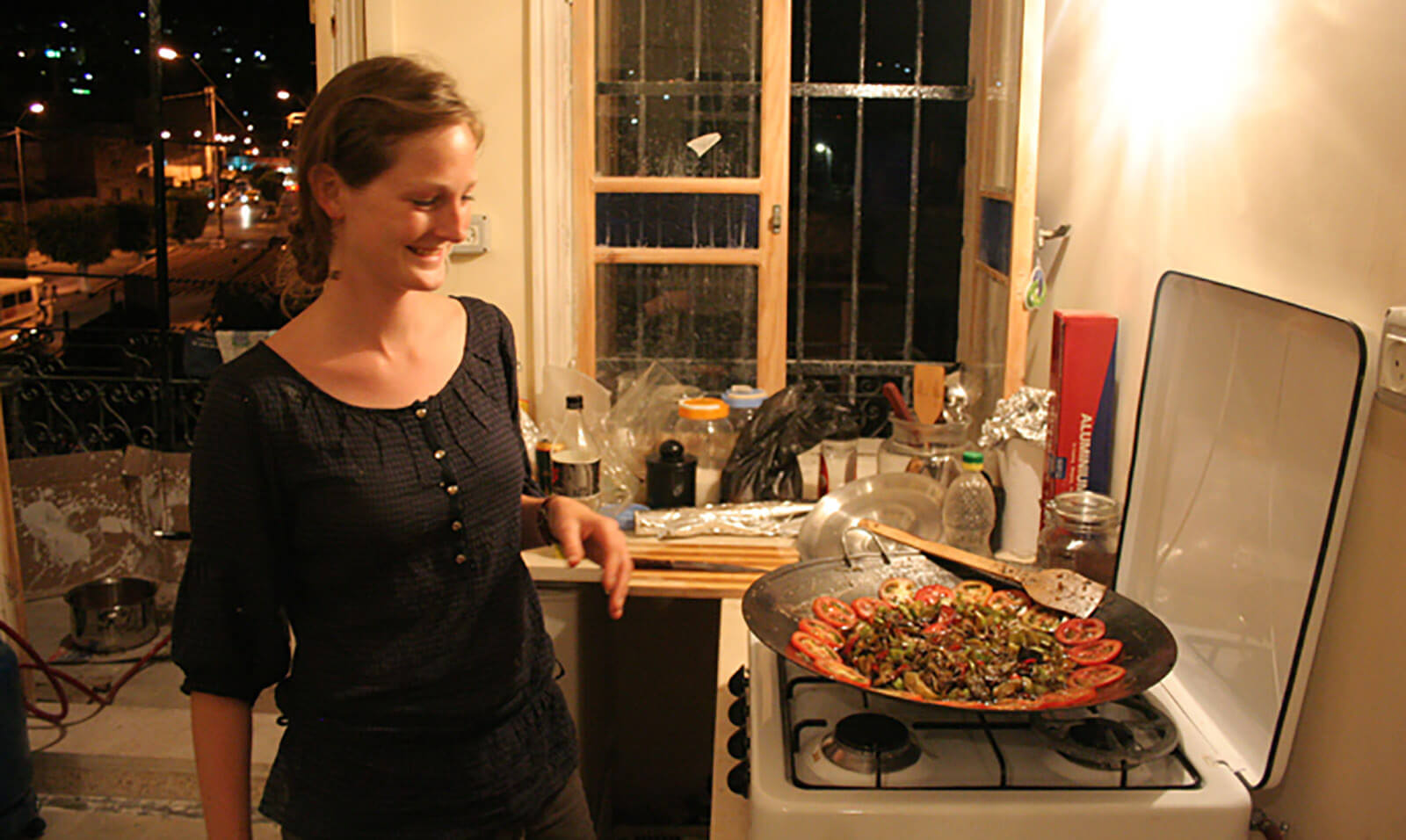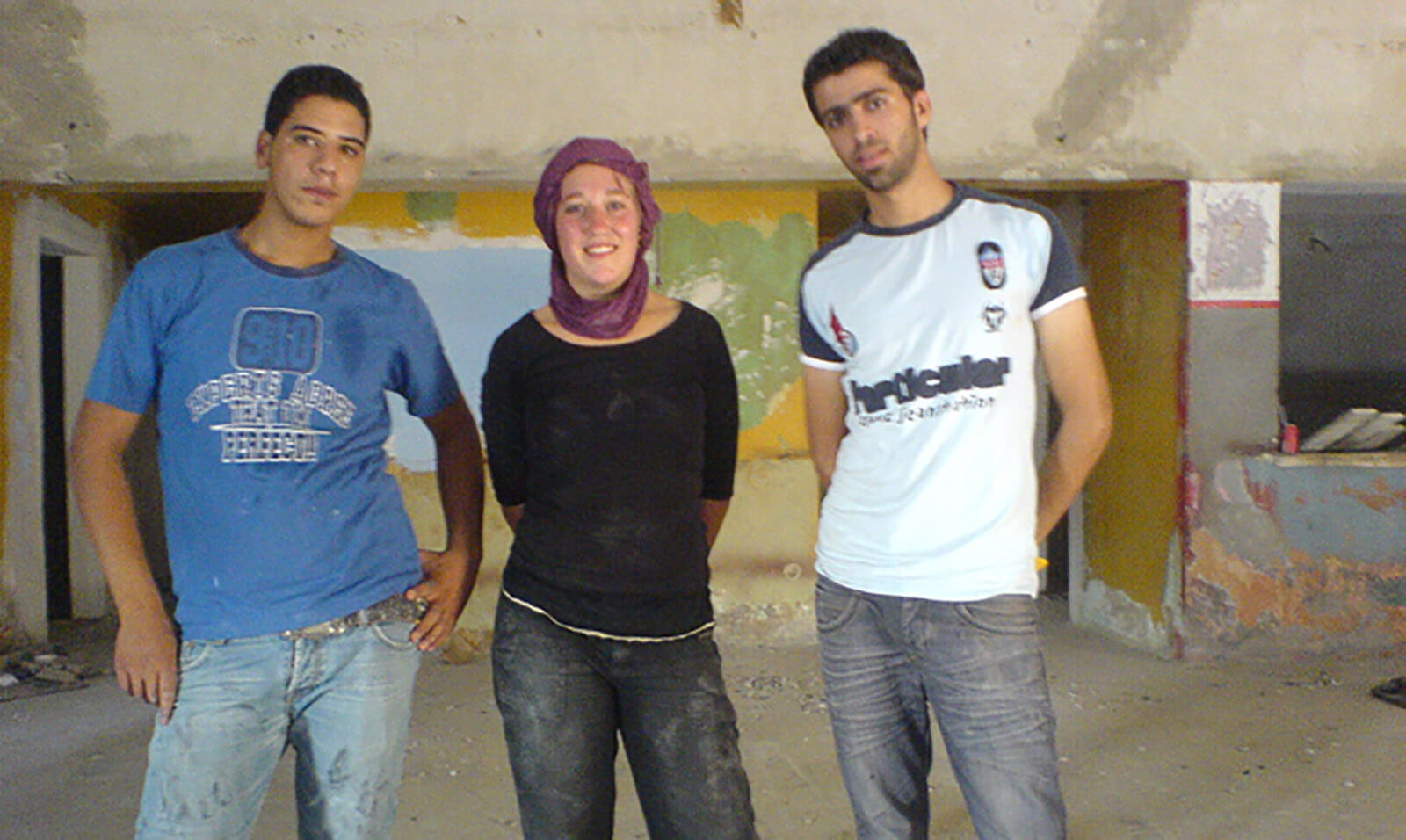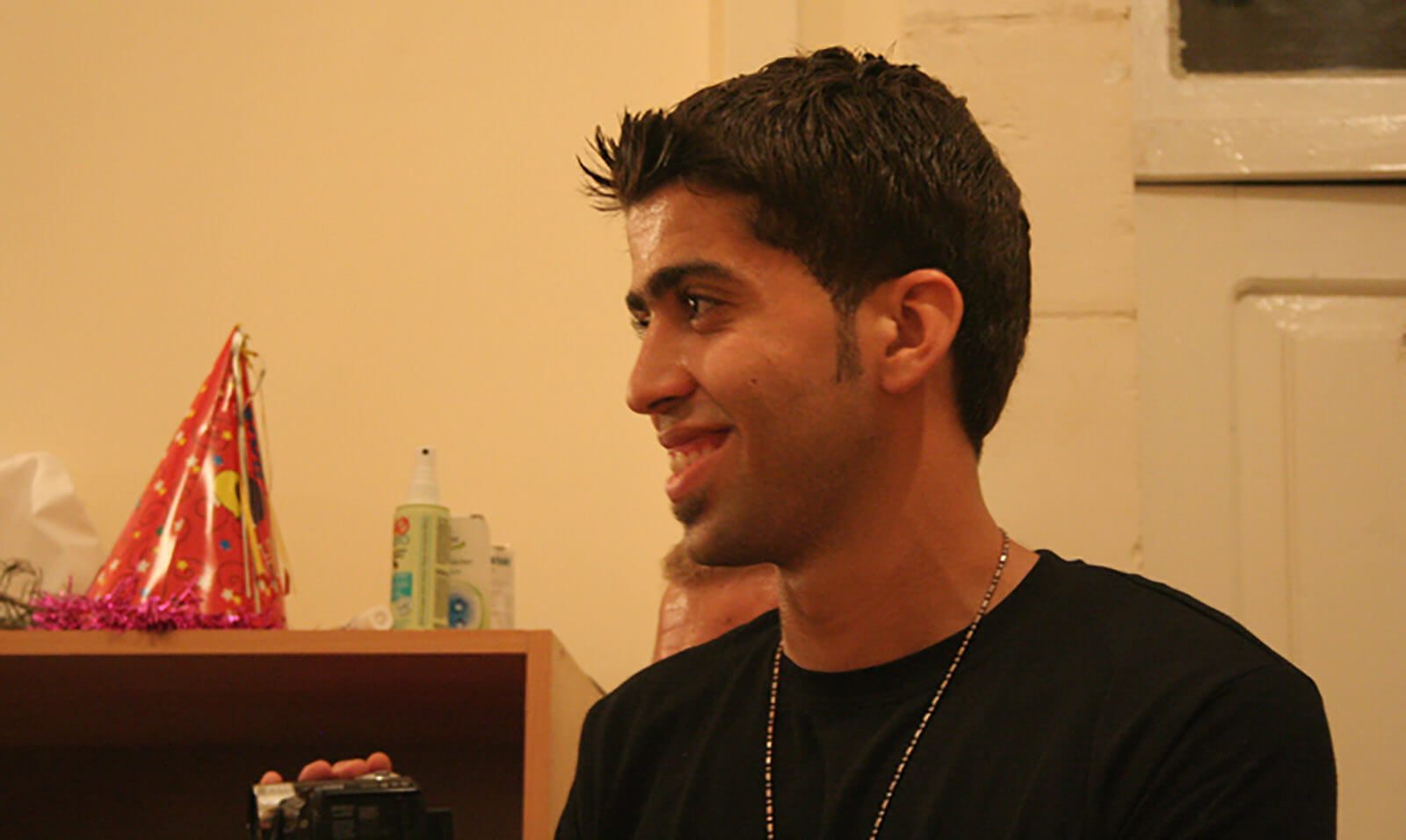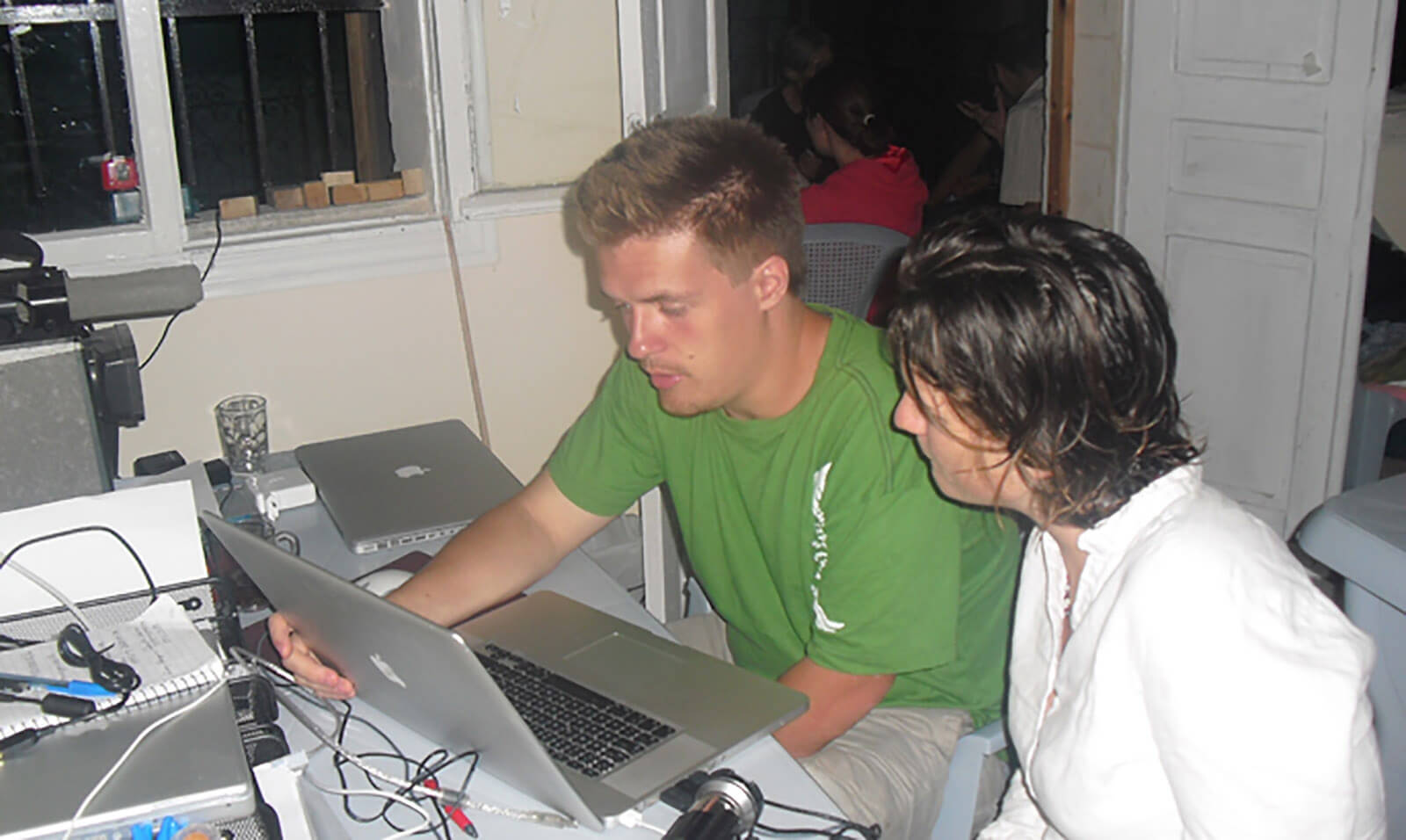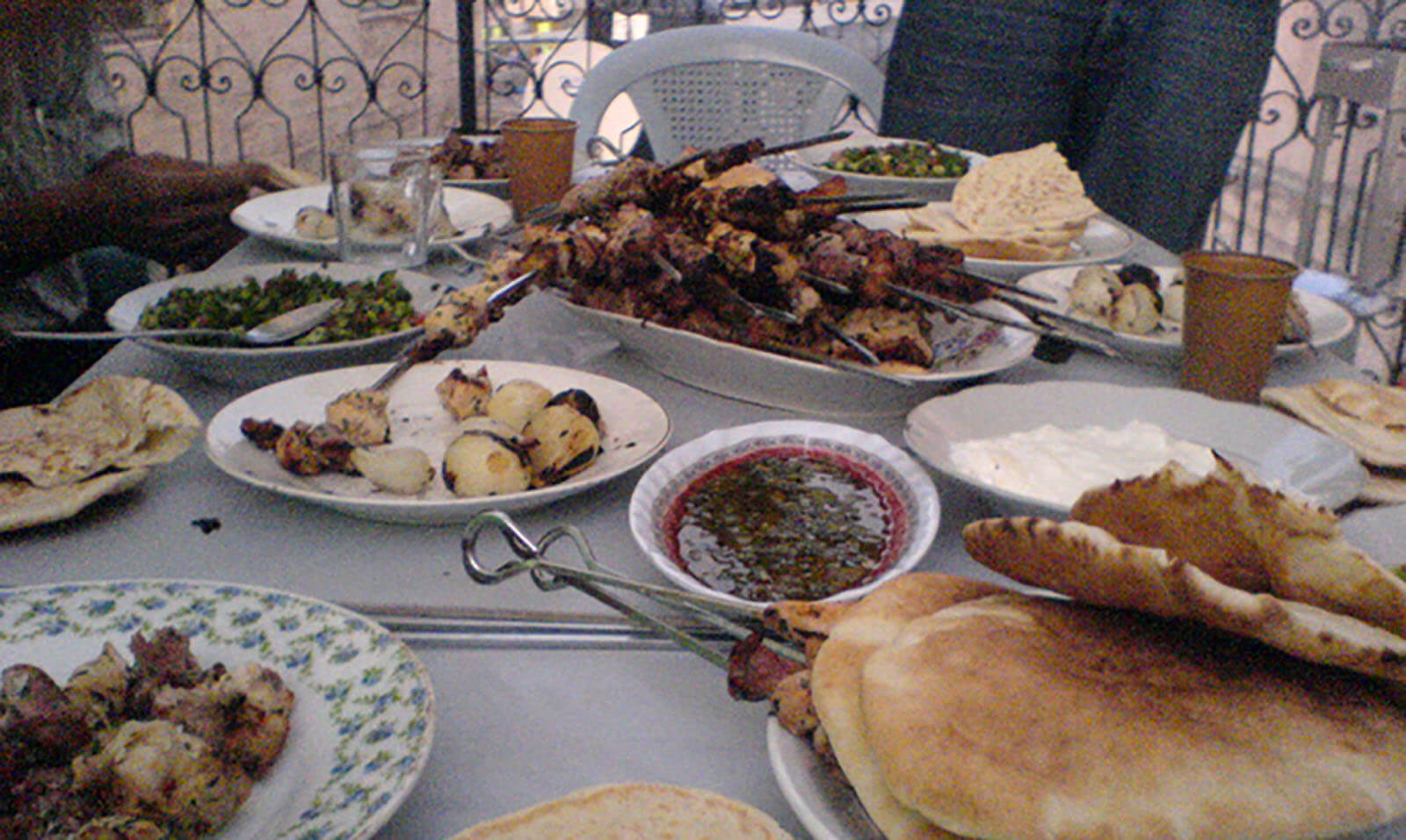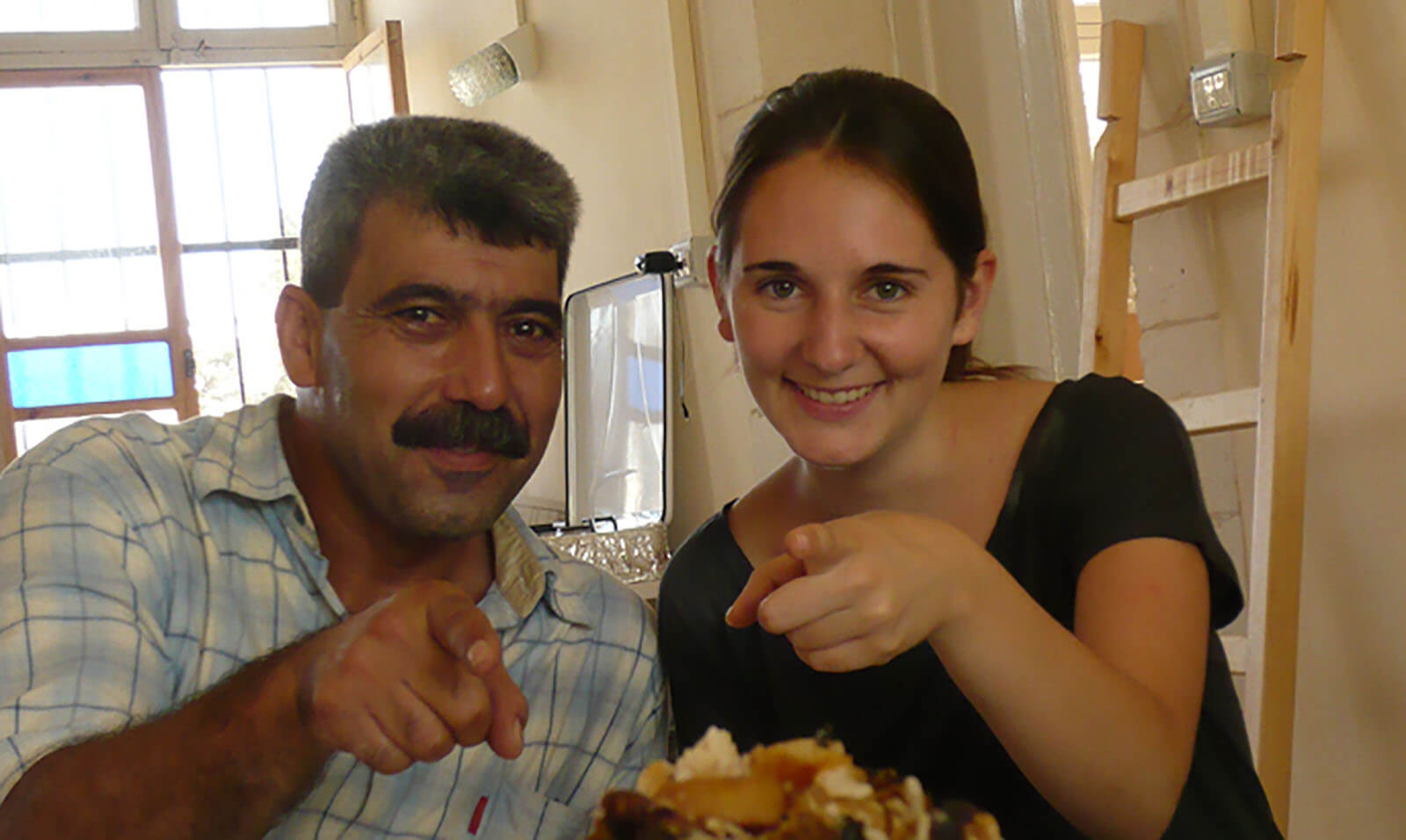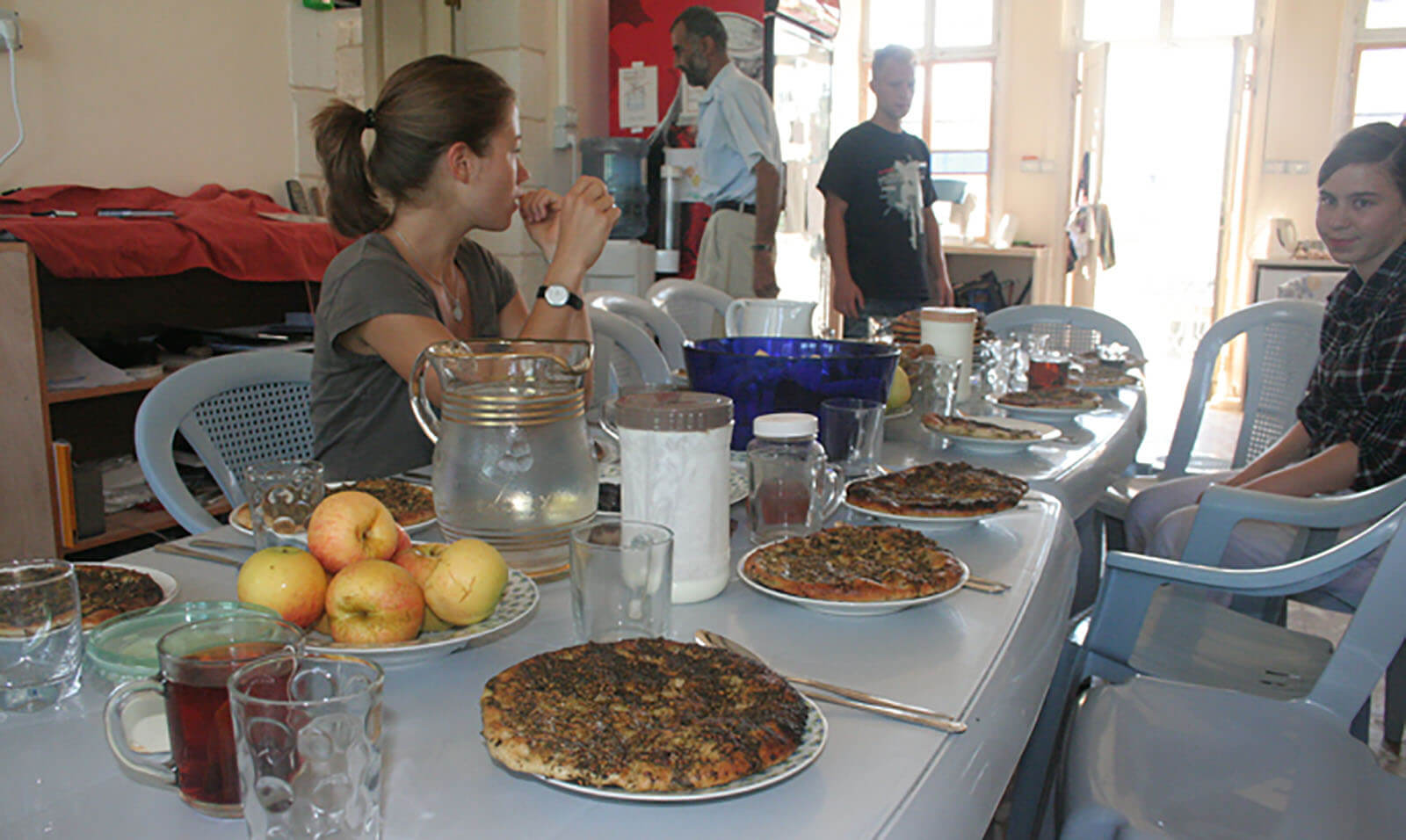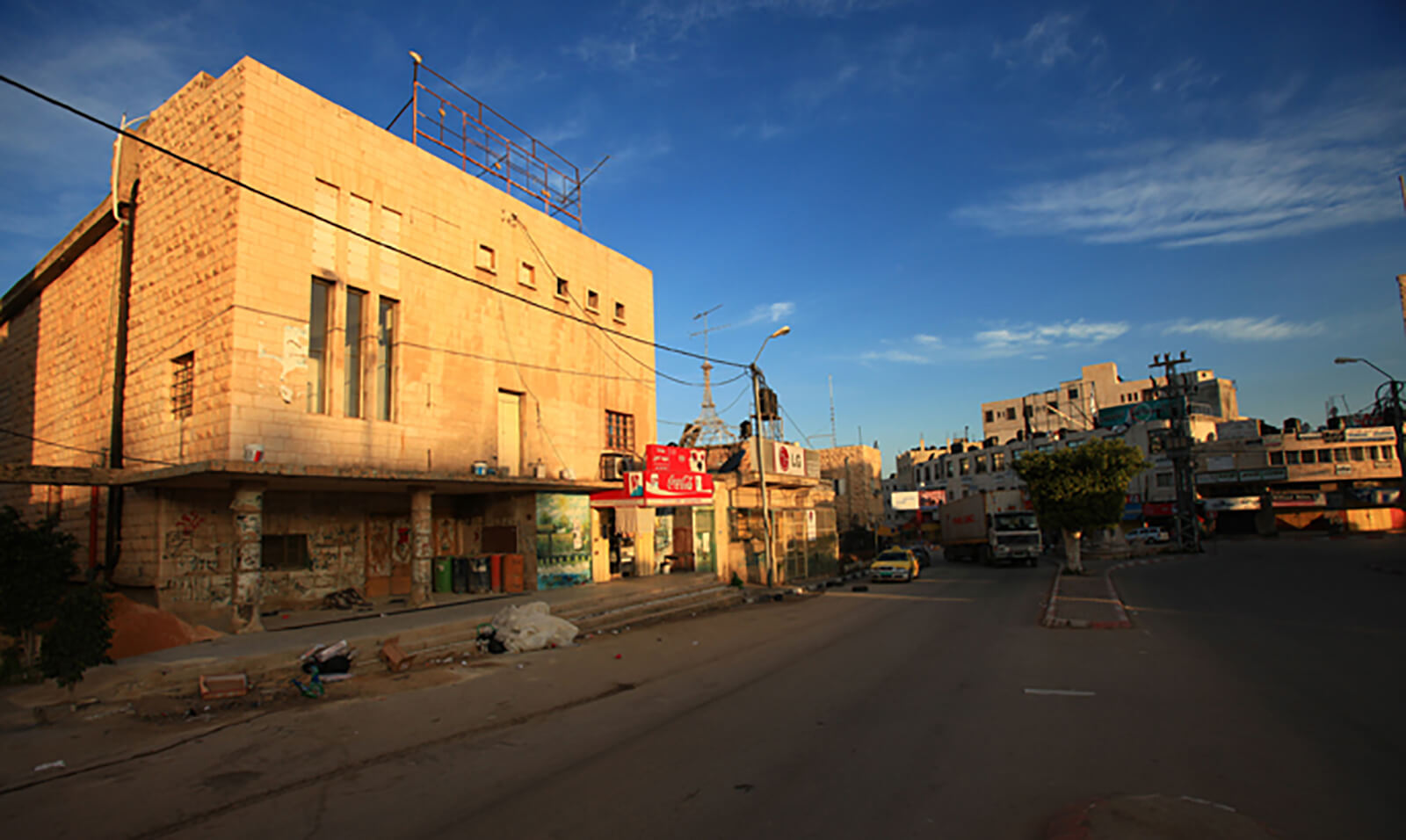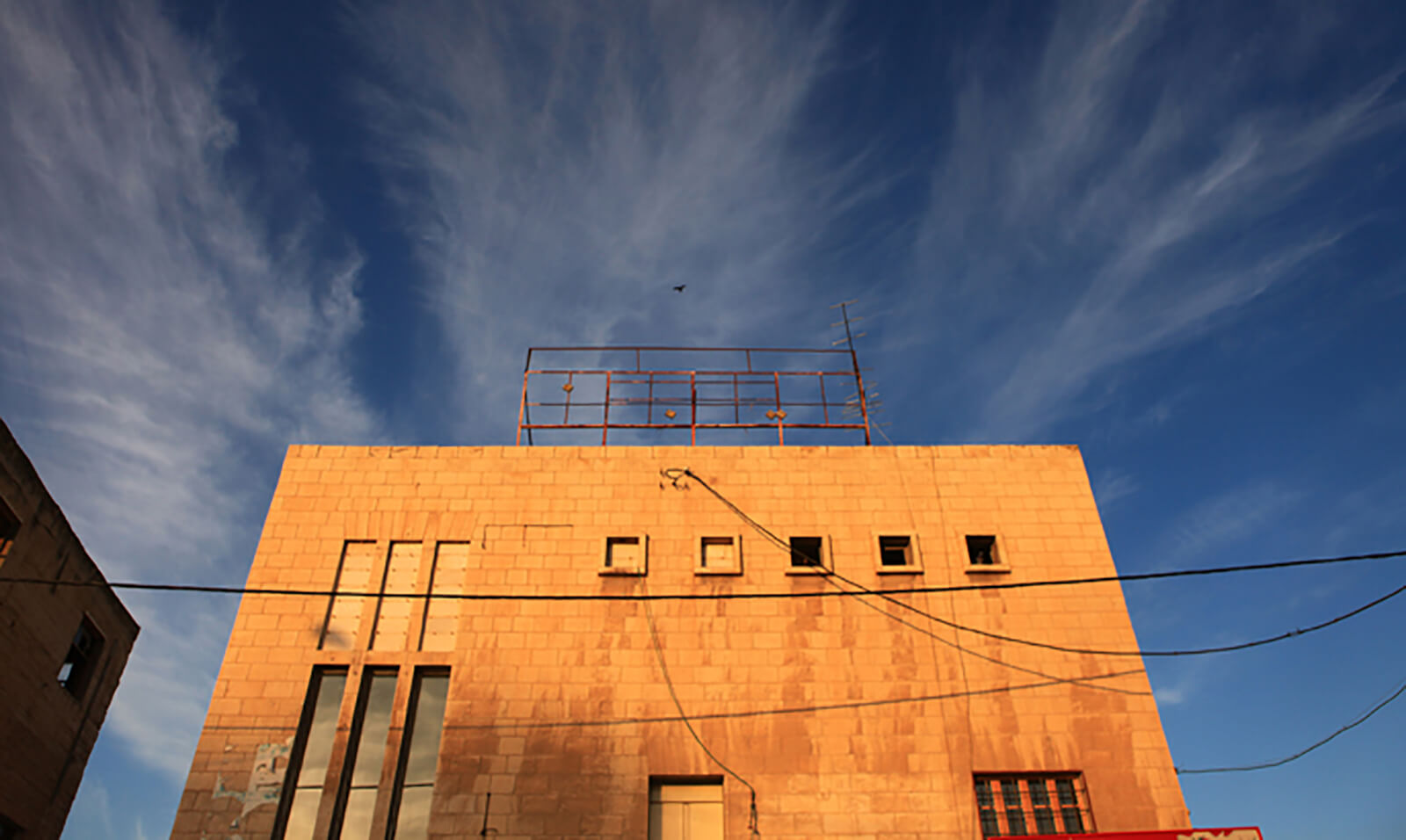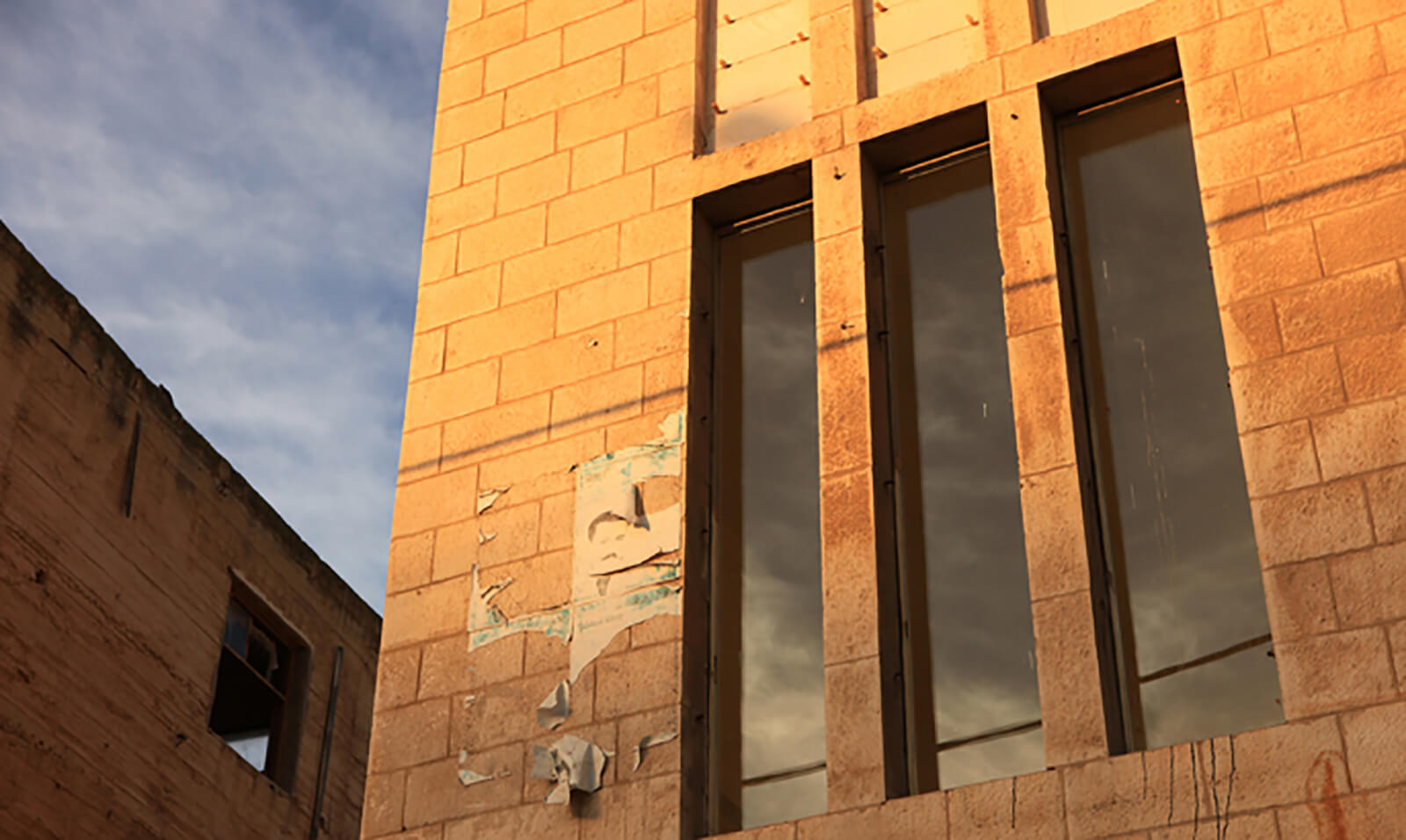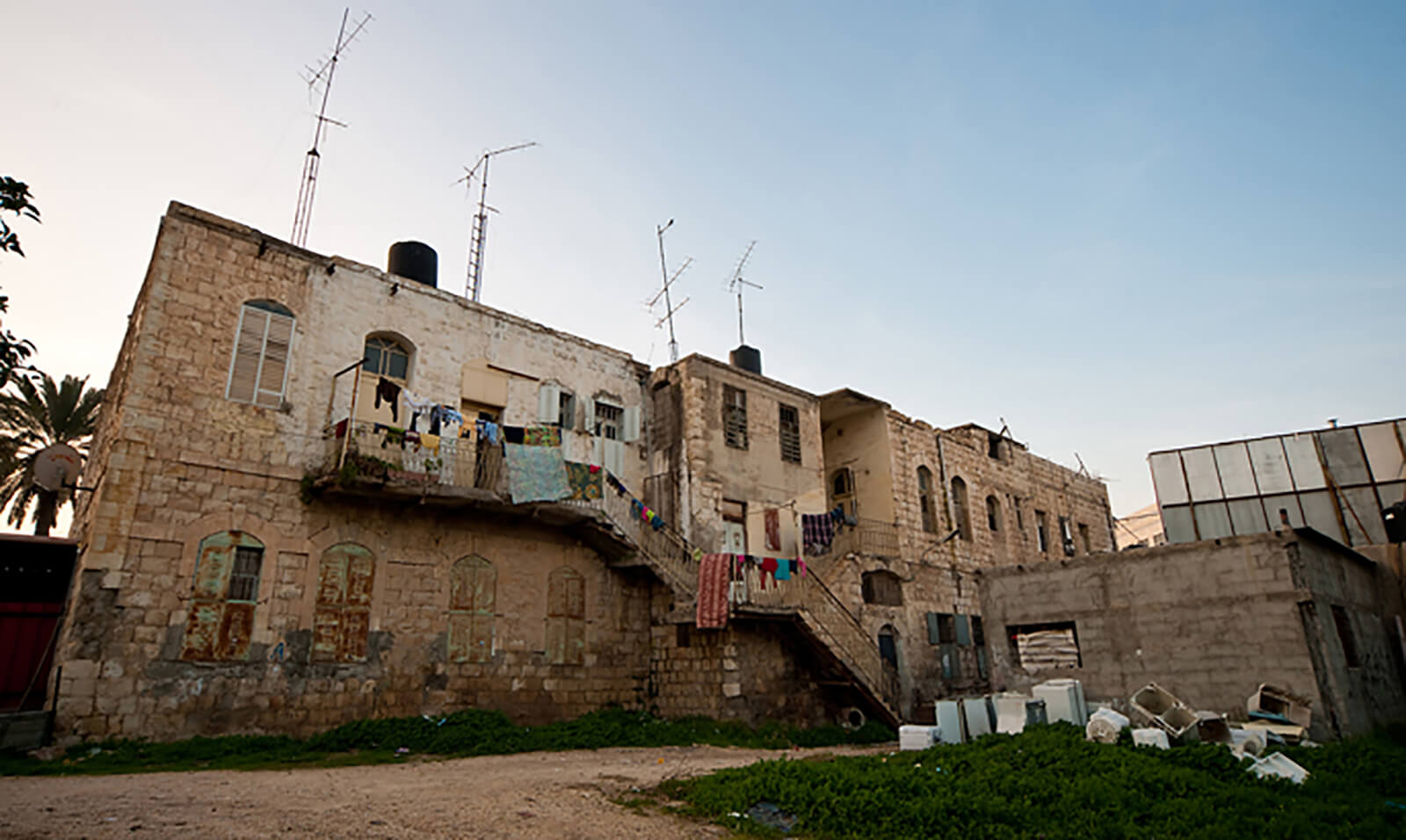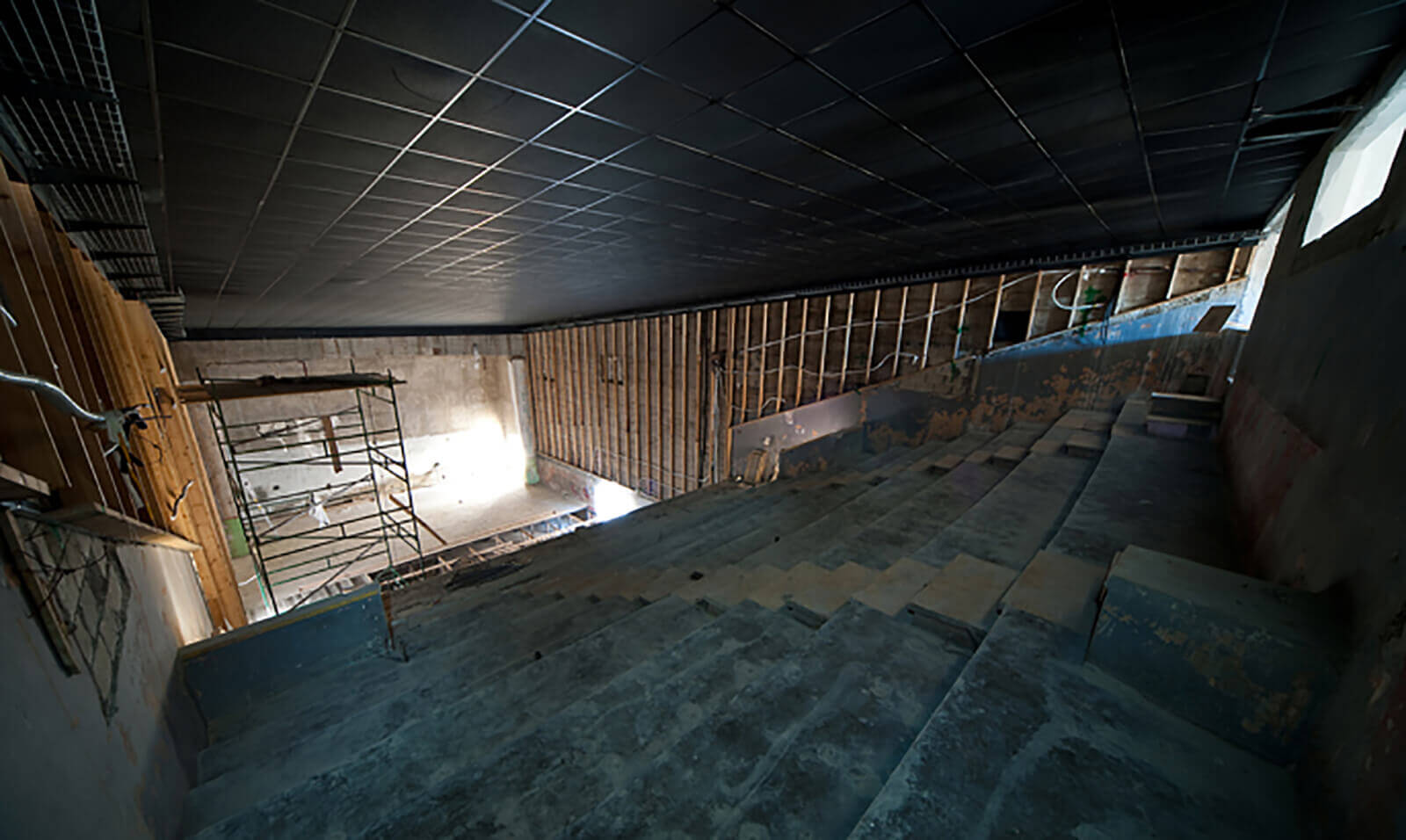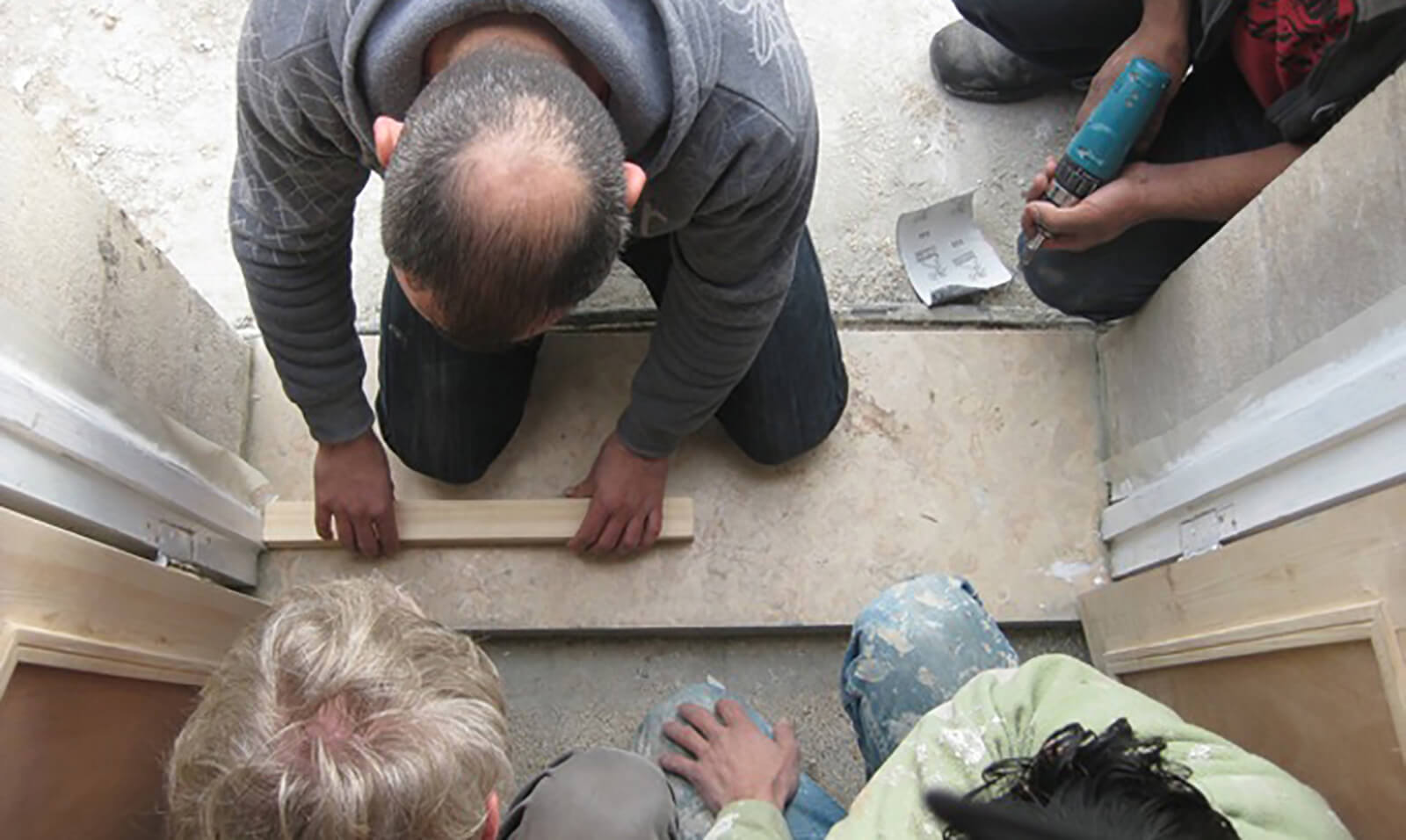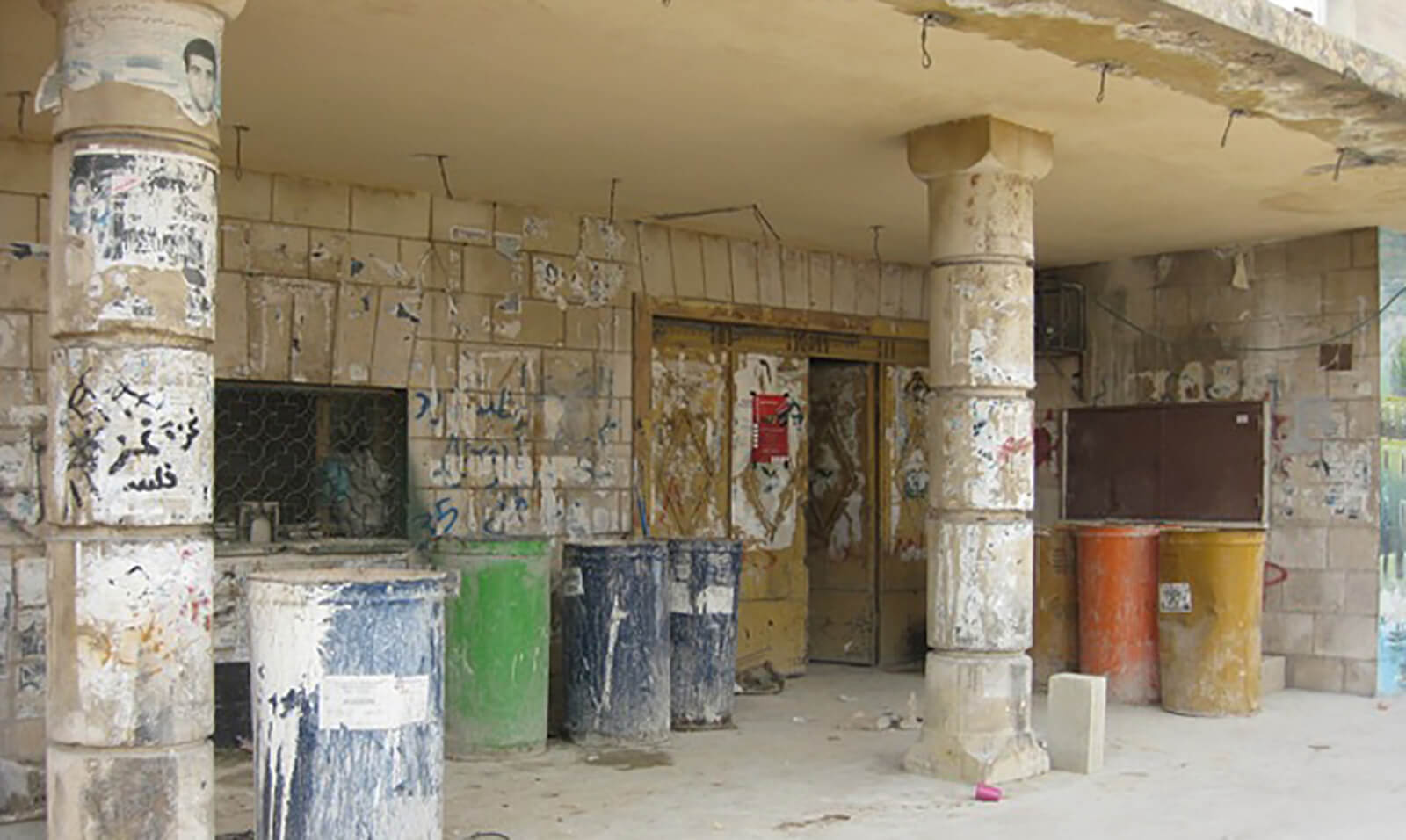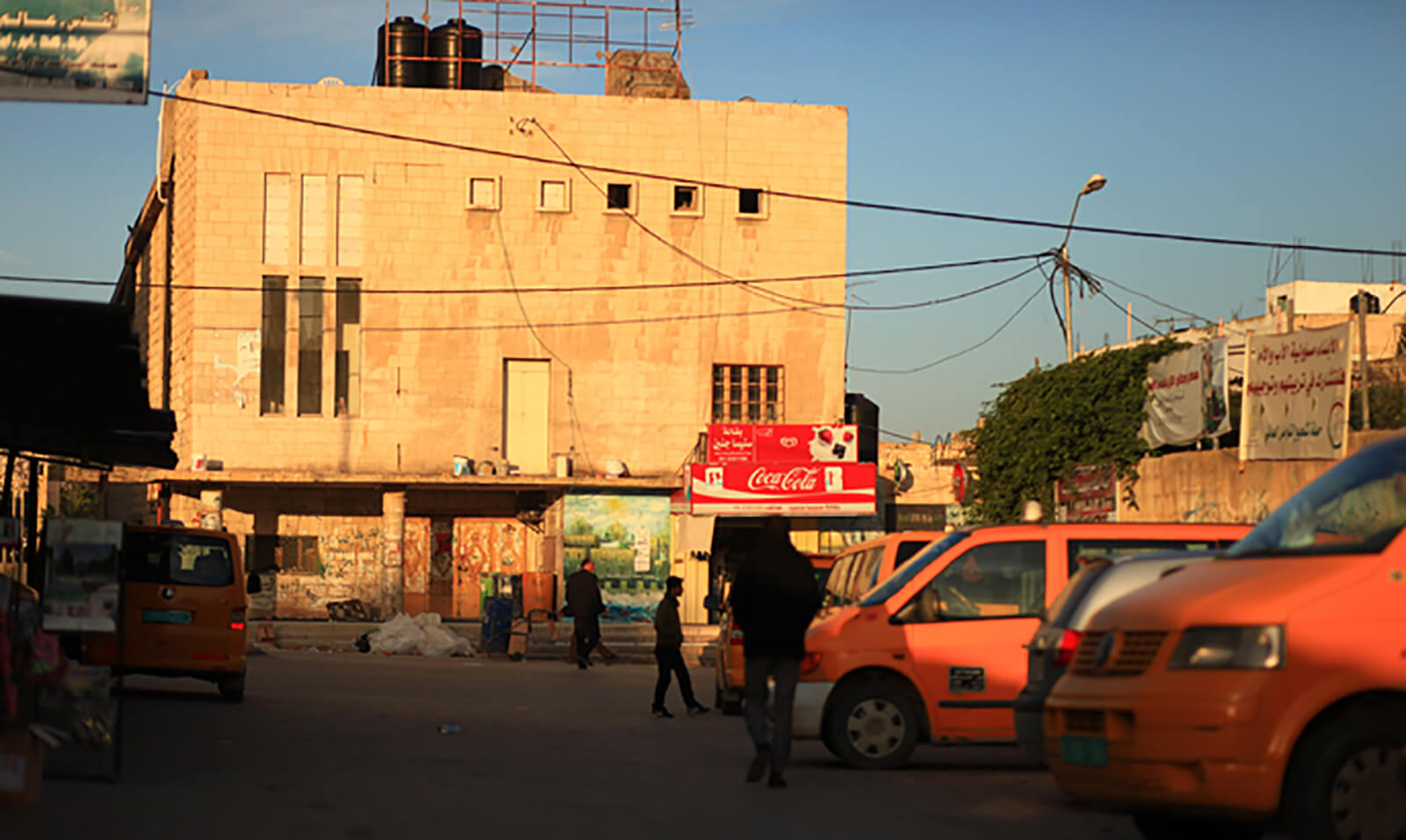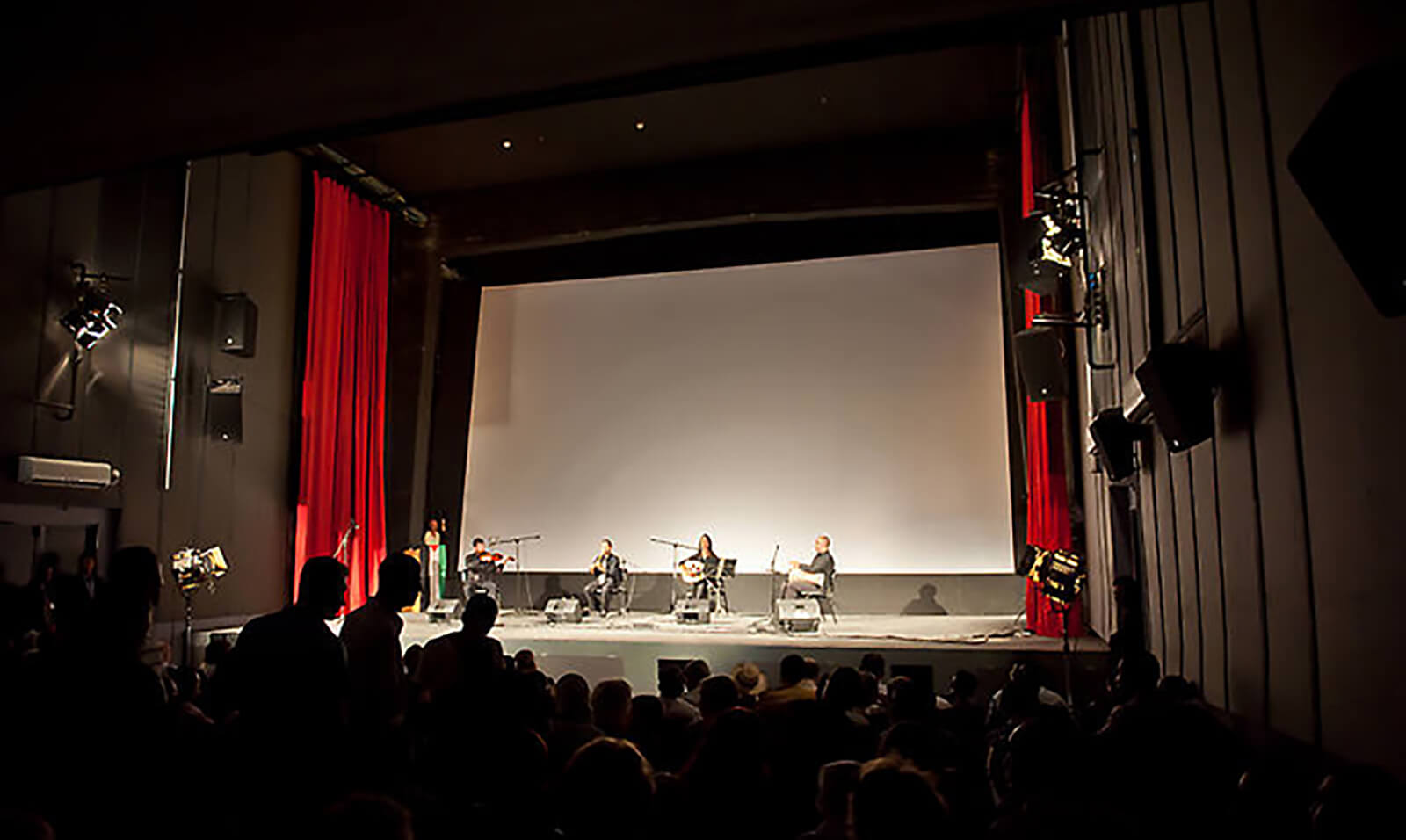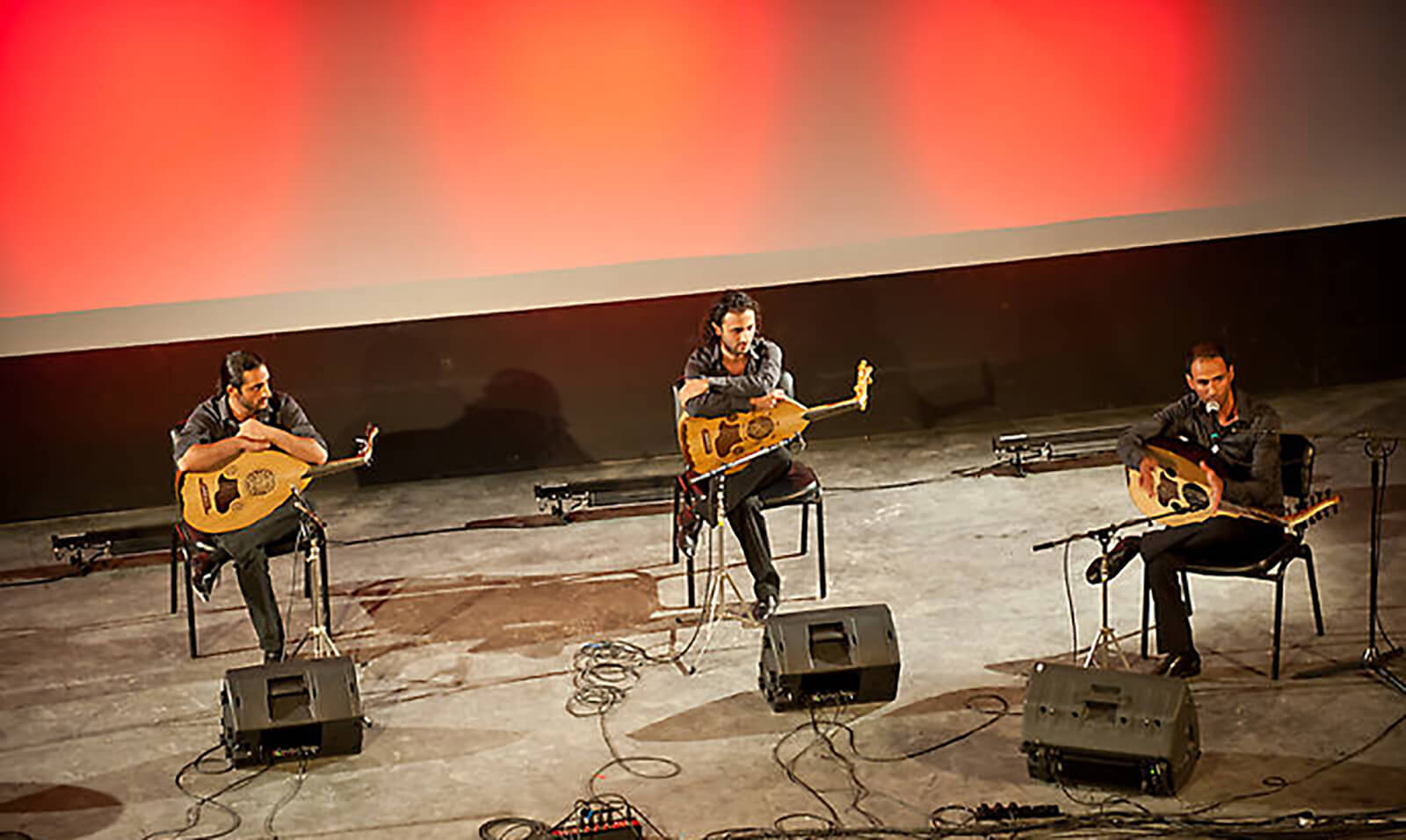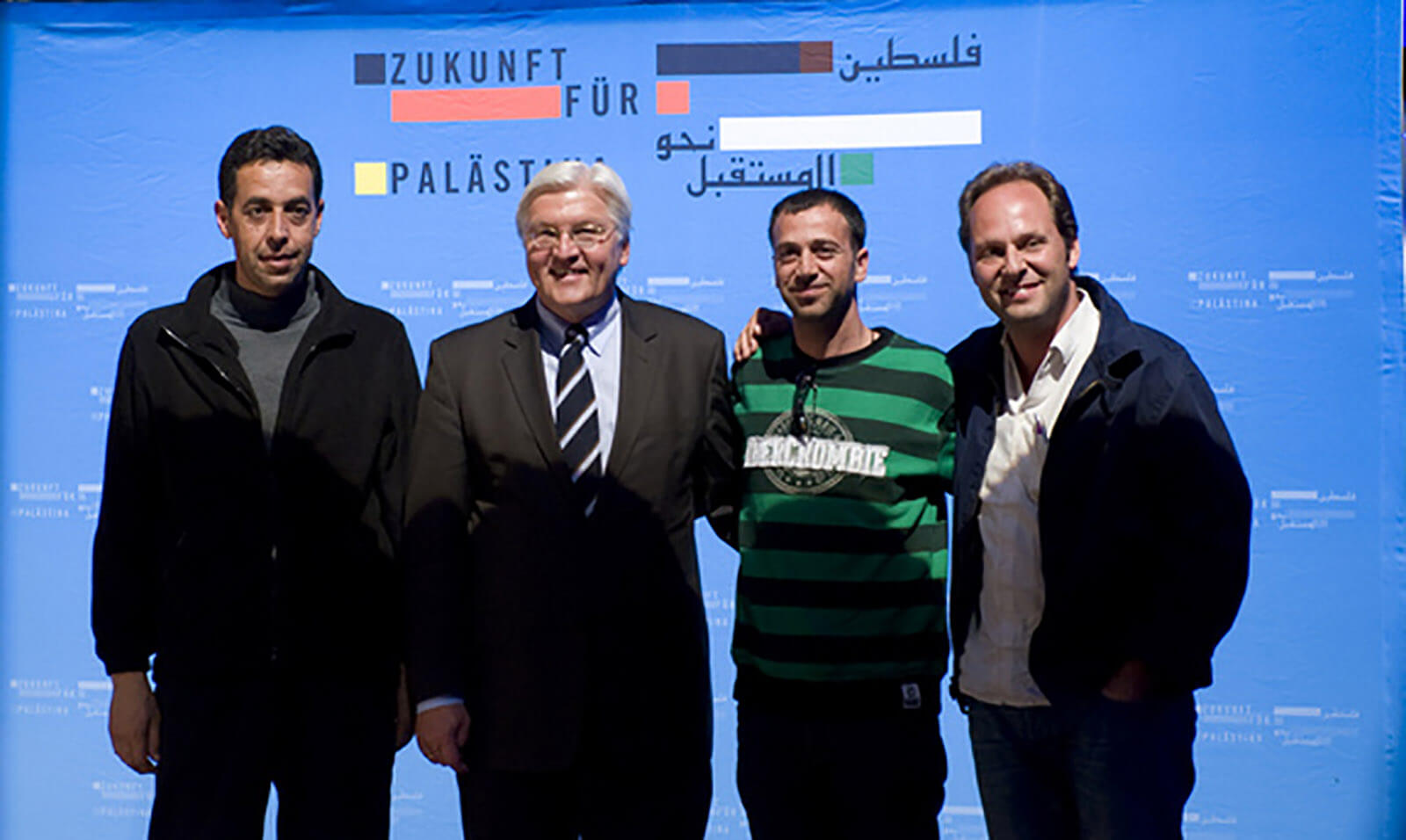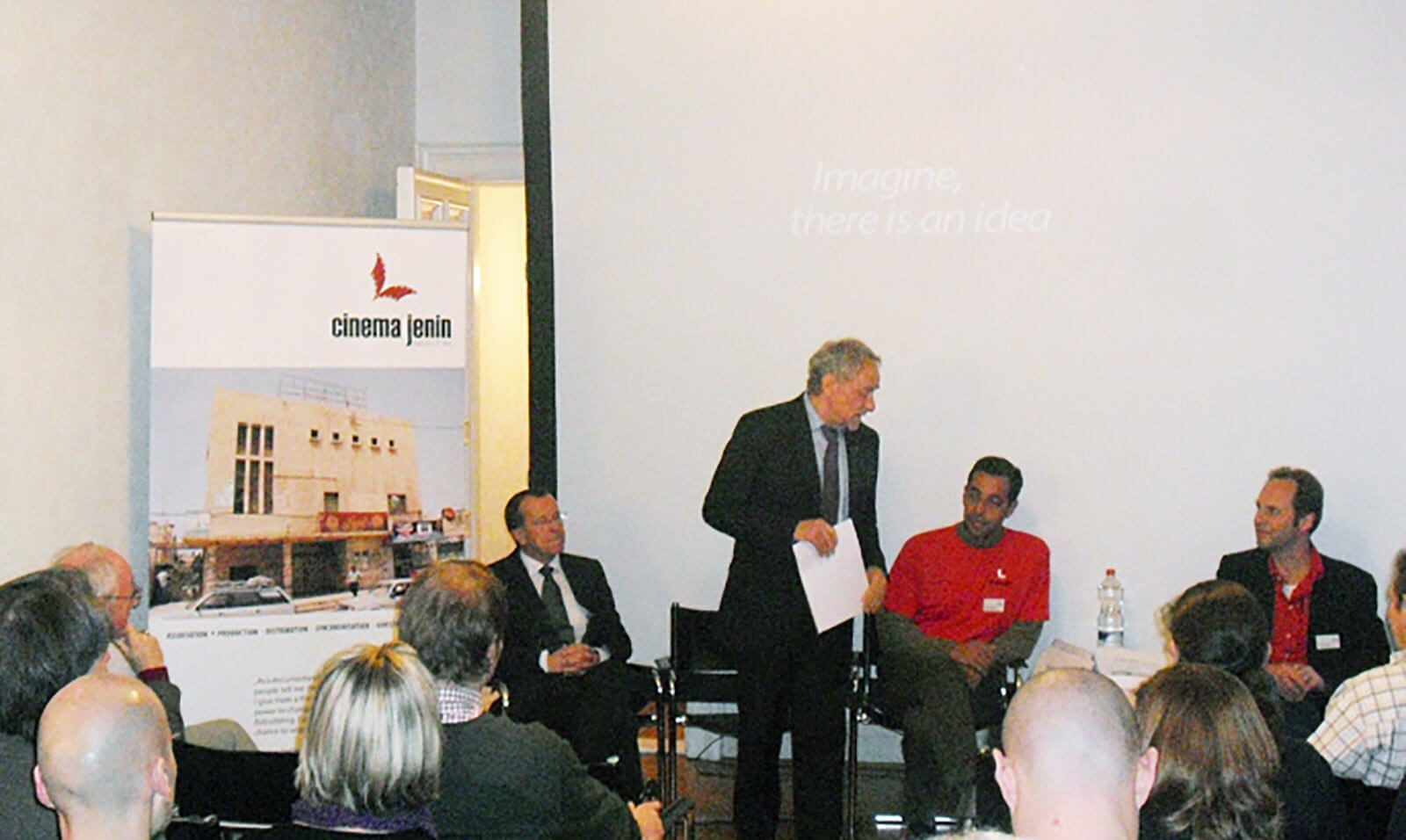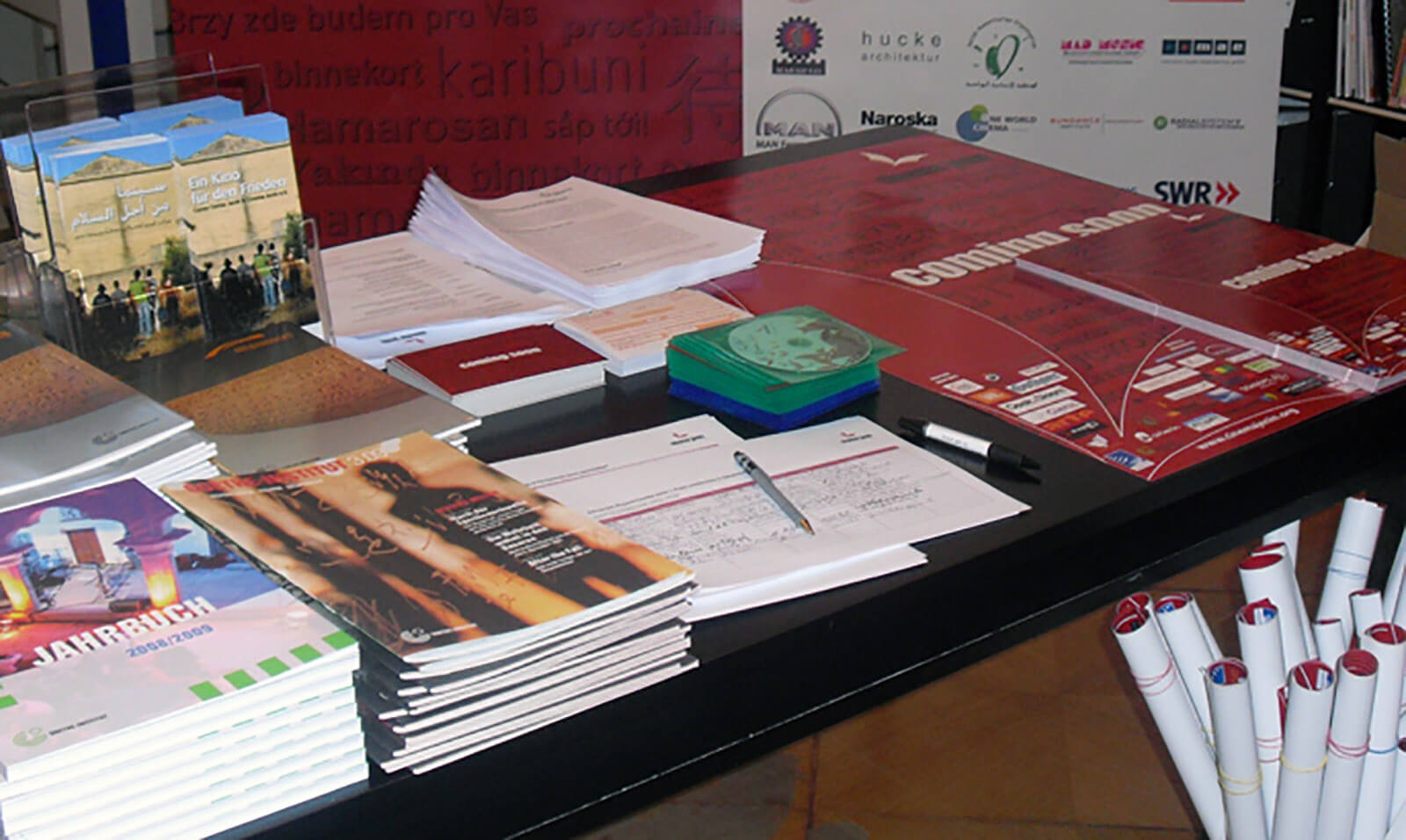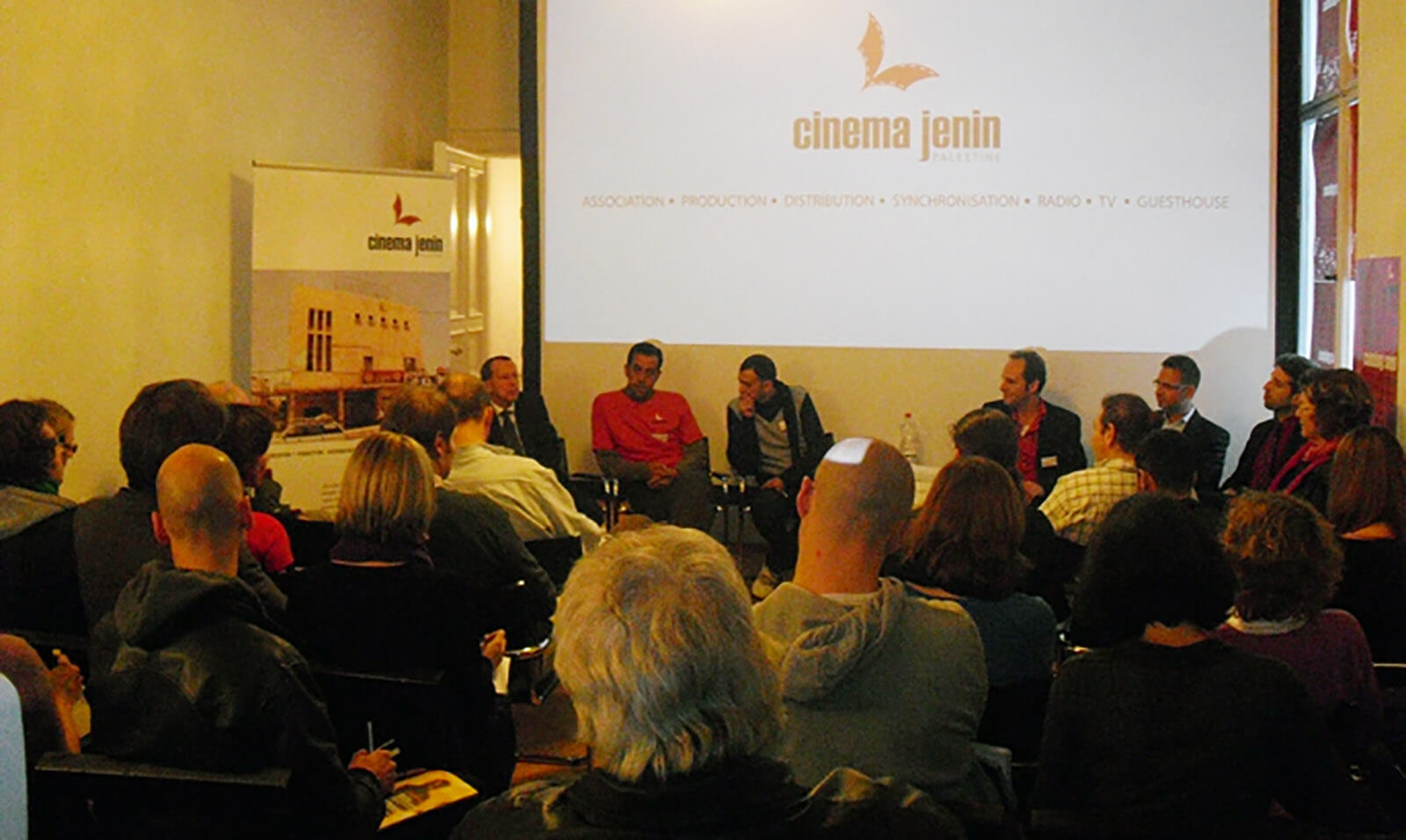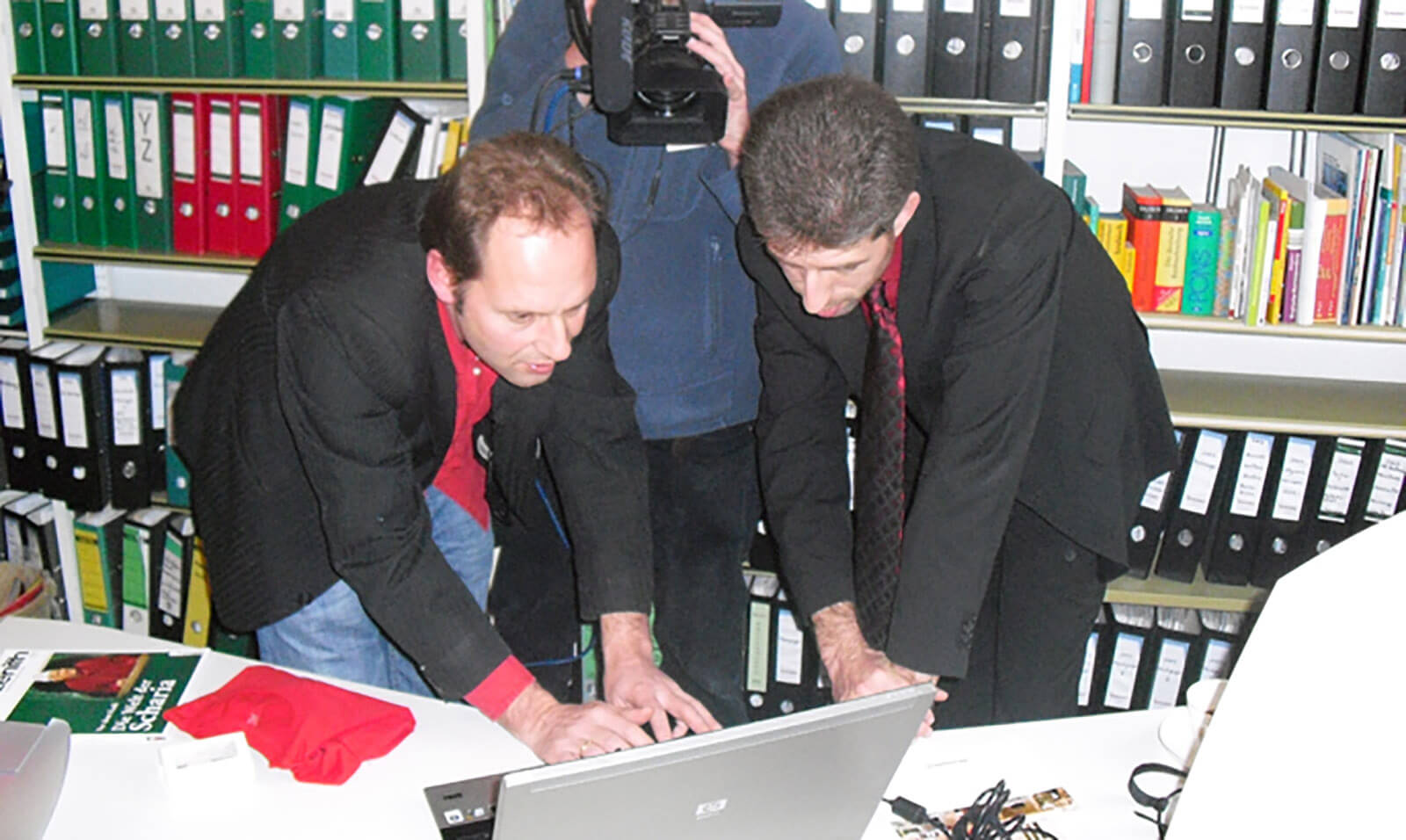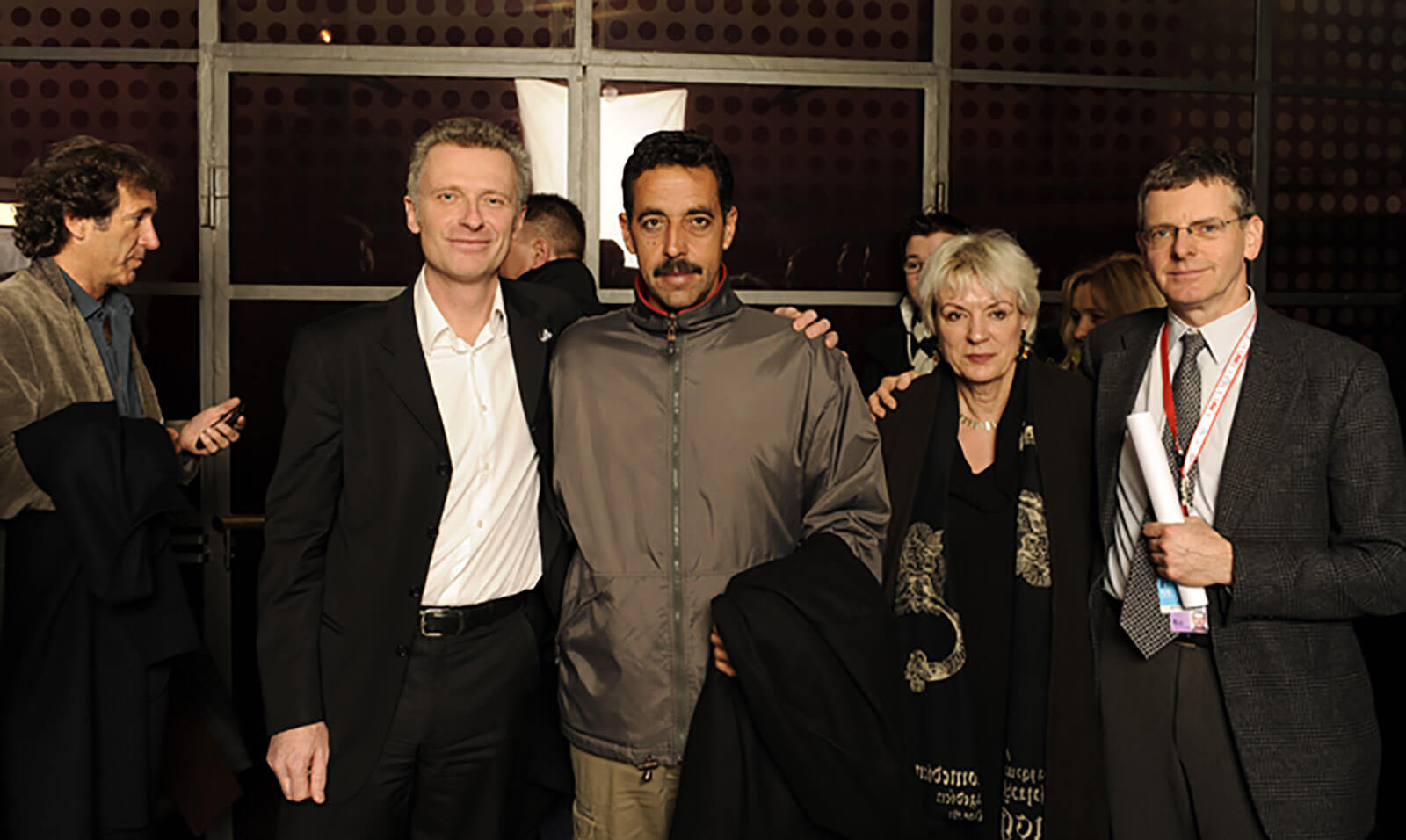Cinema Jenin is supported by Cinema Jenin e.V., a non-profit organization based in Germany consisting of filmmakers, cultural advocates and investors dedicated to globally promote cinema culture in such a way that sustainable development and cultural understanding along with free and fair education are encouraged. When we started the project “Cinema Jenin” in March 2008, we were driven by the belief that the story of the film “Heart of Jenin” shouldn’t finish with the film. We were filmmakers that wanted to bring a cinema back to life in a place that everyone had ceased to believe in.
When we started the project cinema jenin in March 2008, we were driven by the belief that the story of the film “Heart of Jenin” shouldn’t finish with the film. We were filmmakers that wanted to bring a cinema back to life in a place that everyone had ceased to believe in. Since at cinema jenin all internationals worked for free throughout the three years, we managed to build one of the most state-of-the-art cinemas in the Middle East for a total budget of about 750,000 EUR for the years 2009 and 2010. Cinema Jenin is equipped with two digital projector, two 35mm projectors, one open air cinema for 1000 visitors, a sound system that is also suitable for concerts and theater performances, a cafeteria, a cistern, to be independent from the public water supply, a photovoltaic solar system that is able to power the whole cinema, and much more. For the purpose of sustainability, we fitted thousands of meters of cable of the high professional CAT5&7. Keeping within the above mentioned budget, we also carried out film workshops and transported two big containers with new and used equipment from Germany to Jenin. We refurbished a guest house for hundreds of volunteers, that got board and lodging provided for in turn for their help. For experts we paid the travel costs. Included in that budget was also a three-day festival that was held for the opening of the cinema in August 2010.
From the very beginning, it was agreed not to contract one single firm for the implementation of the building work, but to use local craftsmen from the city of Jenin and the refugee camp. We wanted the local community to benefit from the project and thereby also help to build a sense of identification with the cinema. Once the funding started, we agreed for the project to be managed by both a German and a Palestinian entity. We founded a non-profit organization in Germany – Cinema Jenin e.V.- and a Palestinian NGO -Cinema Jenin Association. Fakhri Hamad, a lawyer from Jenin, became manager of Cinema Jenin Palestine. The German organization Cinema Jenin e. V. was founded in order to transfer the financial support and donations received from Germany to the Cinema Jenin Association in Jenin. Bills that were directly paid from the organization in Germany were filed according to book-keeping standards by a tax accountancy office that was working for free for the project. Bills that were from expenses accrued in Jenin and that were issued in Arabic were generally recorded and accounted for by the Cinema Jenin Association Palestine.
The opening of Cinema Jenin in August 2010 was a great success. Worldwide the media reported about this symbol of hope coming from Jenin. However the murder of Juliano Mer Khamis, the director of the Freedom Theater in Jenin, in April 2011 was a big blow to Cinema Jenin. For security reasons we had to withdraw all the volunteers. Faster than planed, we handed over the project management to a board of influential public figures in Jenin and appointed Dr. Lamei as interim project manager.
6In Juli 2011, the Ministry for Culture chose Cinema Jenin as the venue for two local film and folklore festivals. Both festivals were very well attended. Artists from all over the West Bank performed.
We rebuilt Cinema Jenin with our heart and soul. All the interns and volunteers worked for free, many covering their flights as well. Cinema Jenin and its accompanying projects are still in their early stages. In order for the Palestinian team to establish Cinema Jenin as an economically viable and self-supporting project, it still needs financial, conceptual, and personal support to continue their work. The tasks include further training of the Palestinian team in managing the cinema and organizing cultural events, ensuring a diverse film program, proceeding with film and theatre workshops, developing educational activities as well as professional training opportunities, and much more.
In order for Cinema Jenin to be becoming a real Palestinian project we agreed with the Ministry of Culture in Ramallah that CINEMA JENIN will register in 2012 as a Palestinian NGO with full Palestinian ownership. The release of the film CINEMA JENIN in 2012 will provide Cinema Jenin with a further opportunity to fundraise for the project.
We are very happy that cinema jenin proved as well as a wonderful stepping stone for the professional development for some of our volunteers. Mamoun Kanaan got a sholar ship from Medienboard Brandenburg to work in Germany for several distribution companies and theaters. Aljoscha Haupt and Anne Bolick are studying since October 2011 at the film academy in Ludwigsburg. Mareike Müller got accepted for a degree in Film at the prestigious Academy of Arts in Vienna, Michele Gentile is shooting his debut documentary on the International Criminal Court and Fakhri Hamad will finish his master in law at the University of Tübingen.
The documentary film AFTER THE SILENCE from Steffi Bürger, Manal Abdullah and Jule Ott was successfully released in Germany and won already two important awards – the HORIZONTE FILM AWARD at the Fünf Seen Festival in Germany and the RYSZARD KAPUSCINSKI AWARD 2011 at the Camera Obscura Filmfestival in Poland. We are as well proud to announce that AFTER THE SILENCE had its Gulf Premier at the prestigious Dubai International Film Festival in December. This is an incredible sign taking in consideration that Yael Armanet – the main protagonist of the film – is a Israeli woman.








